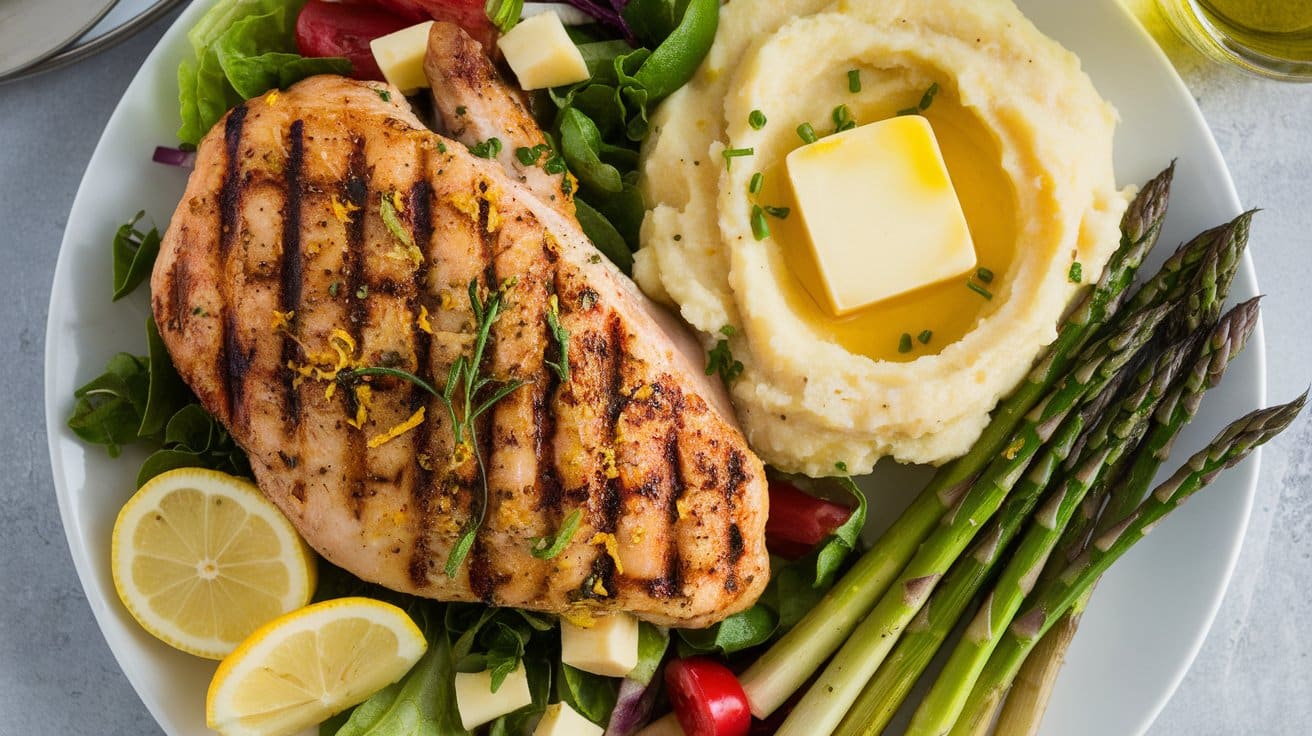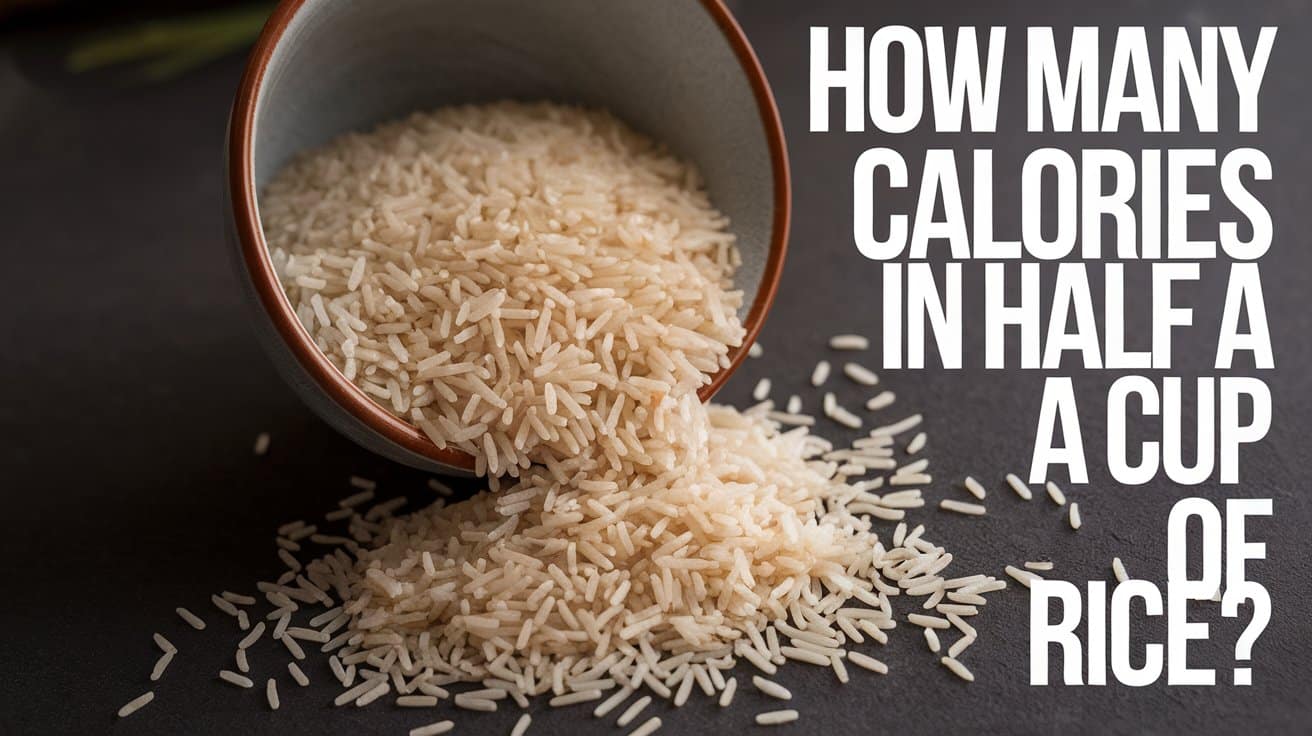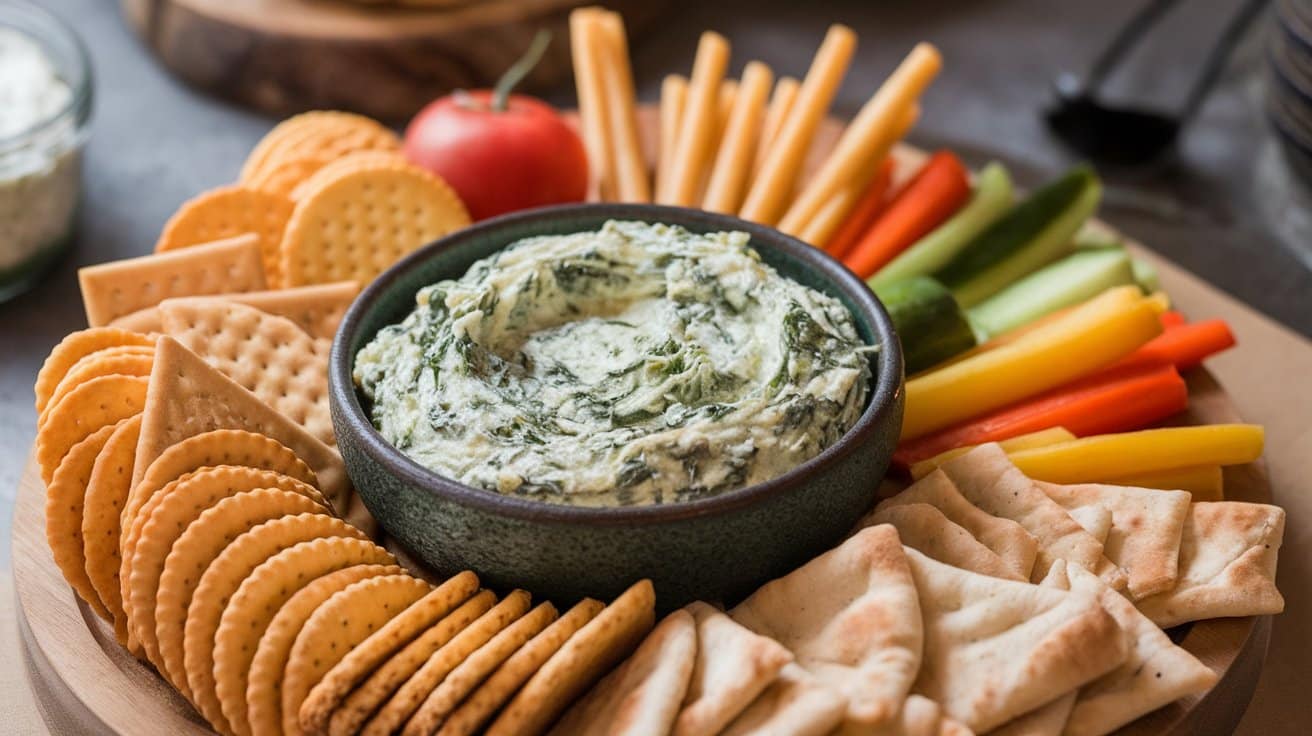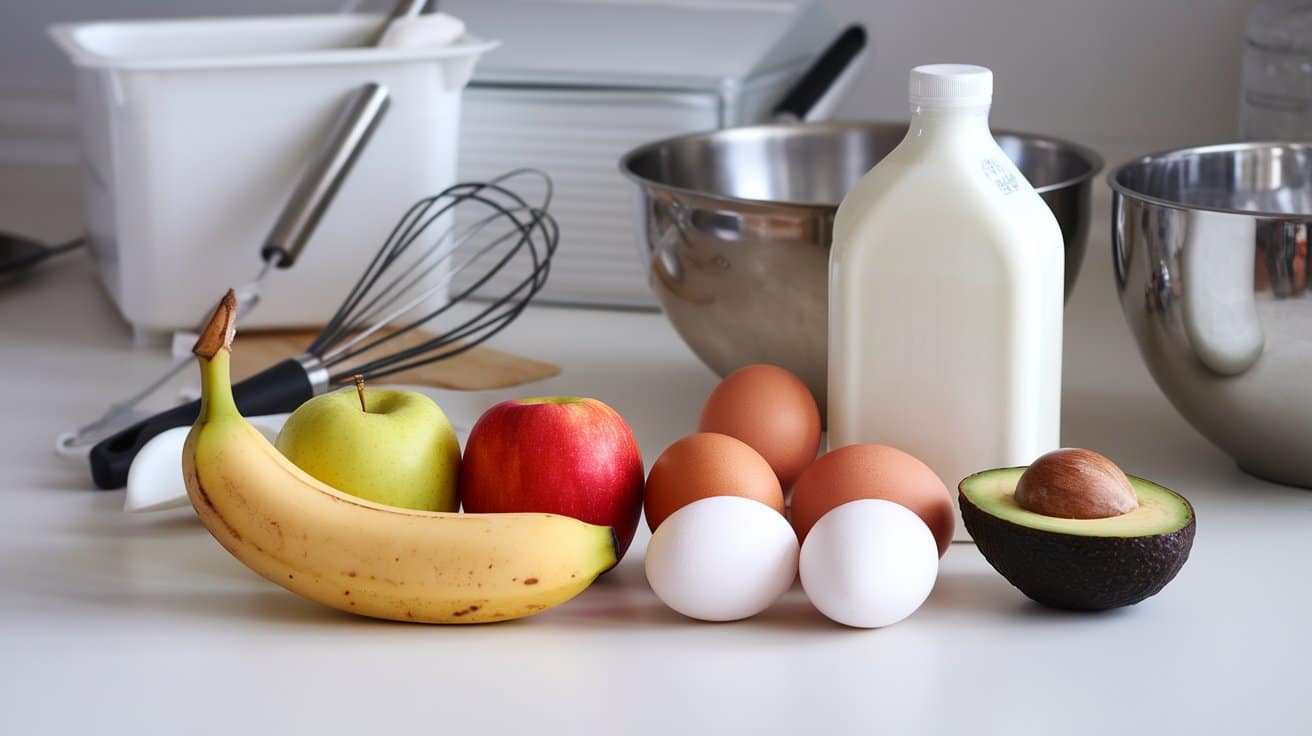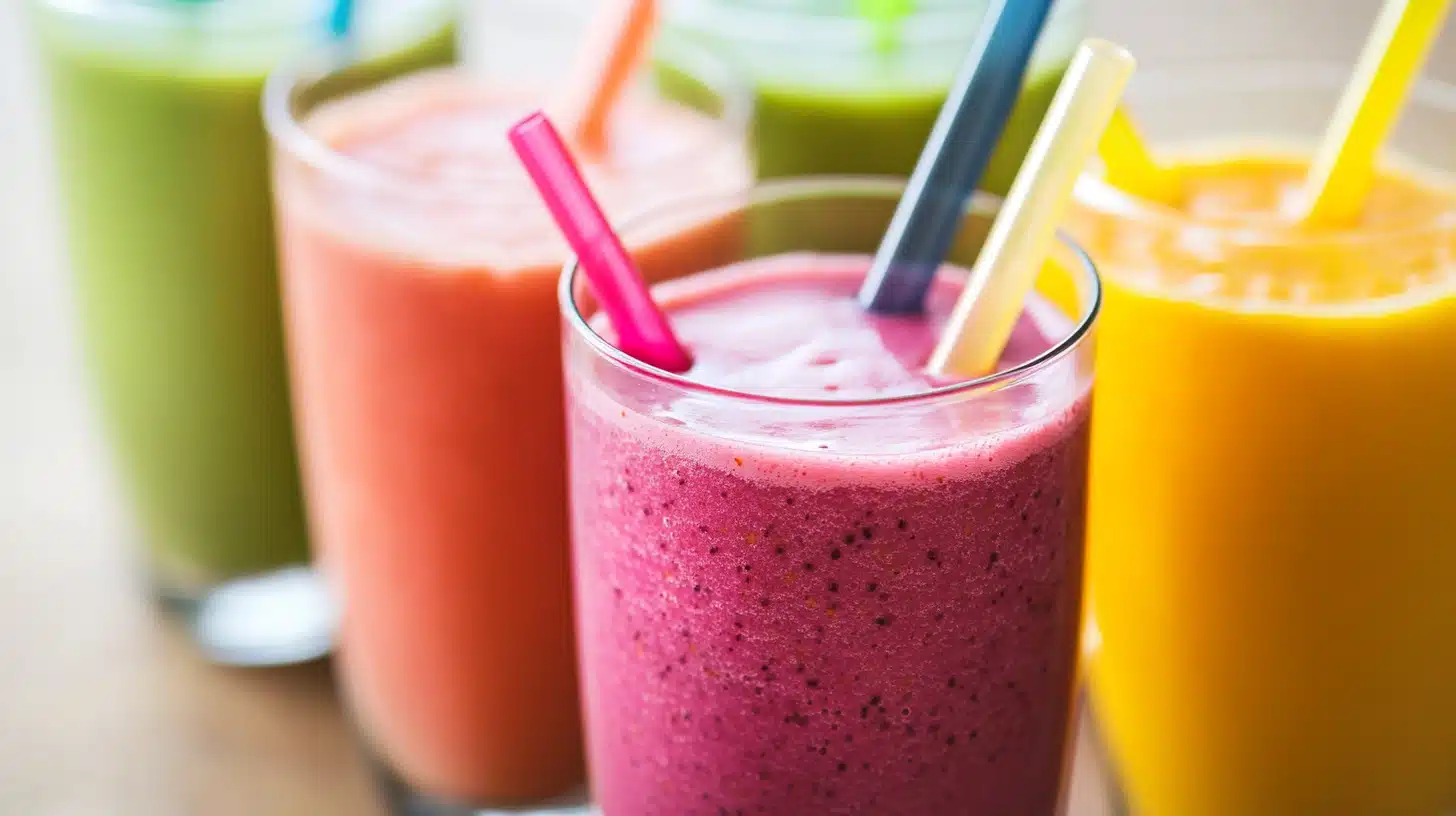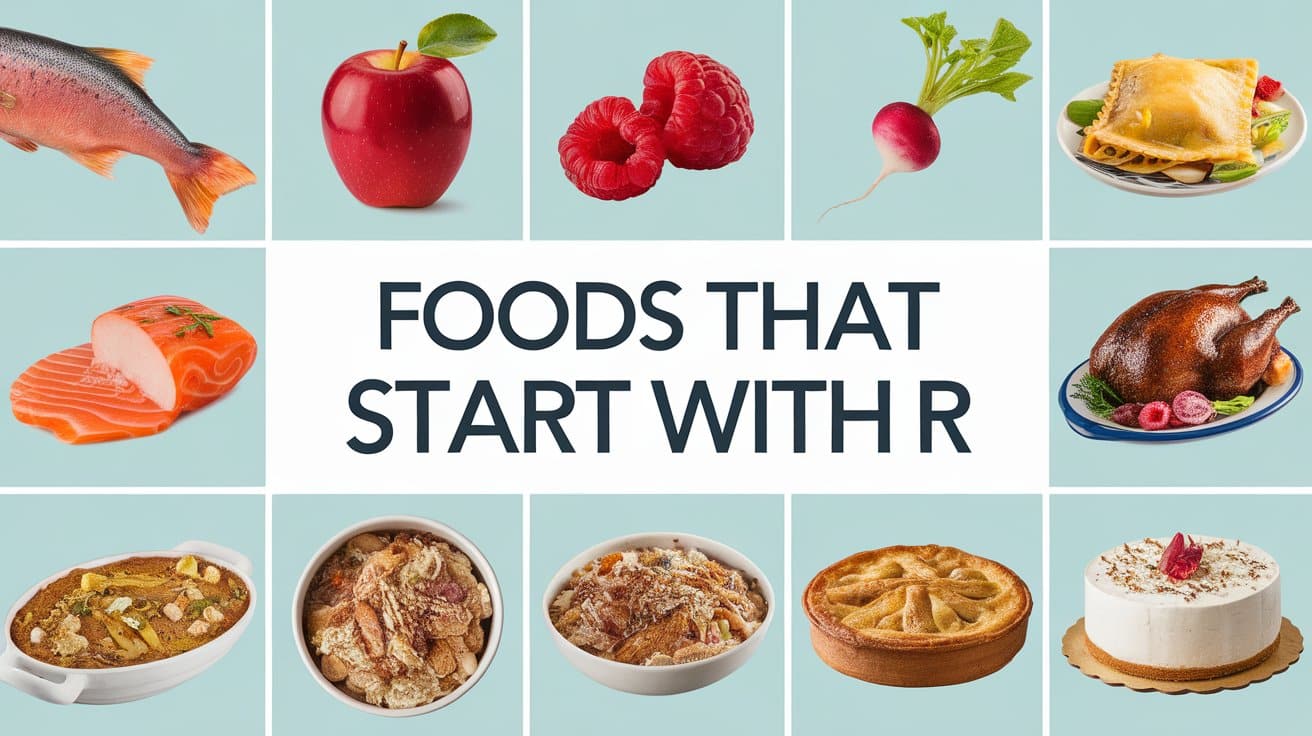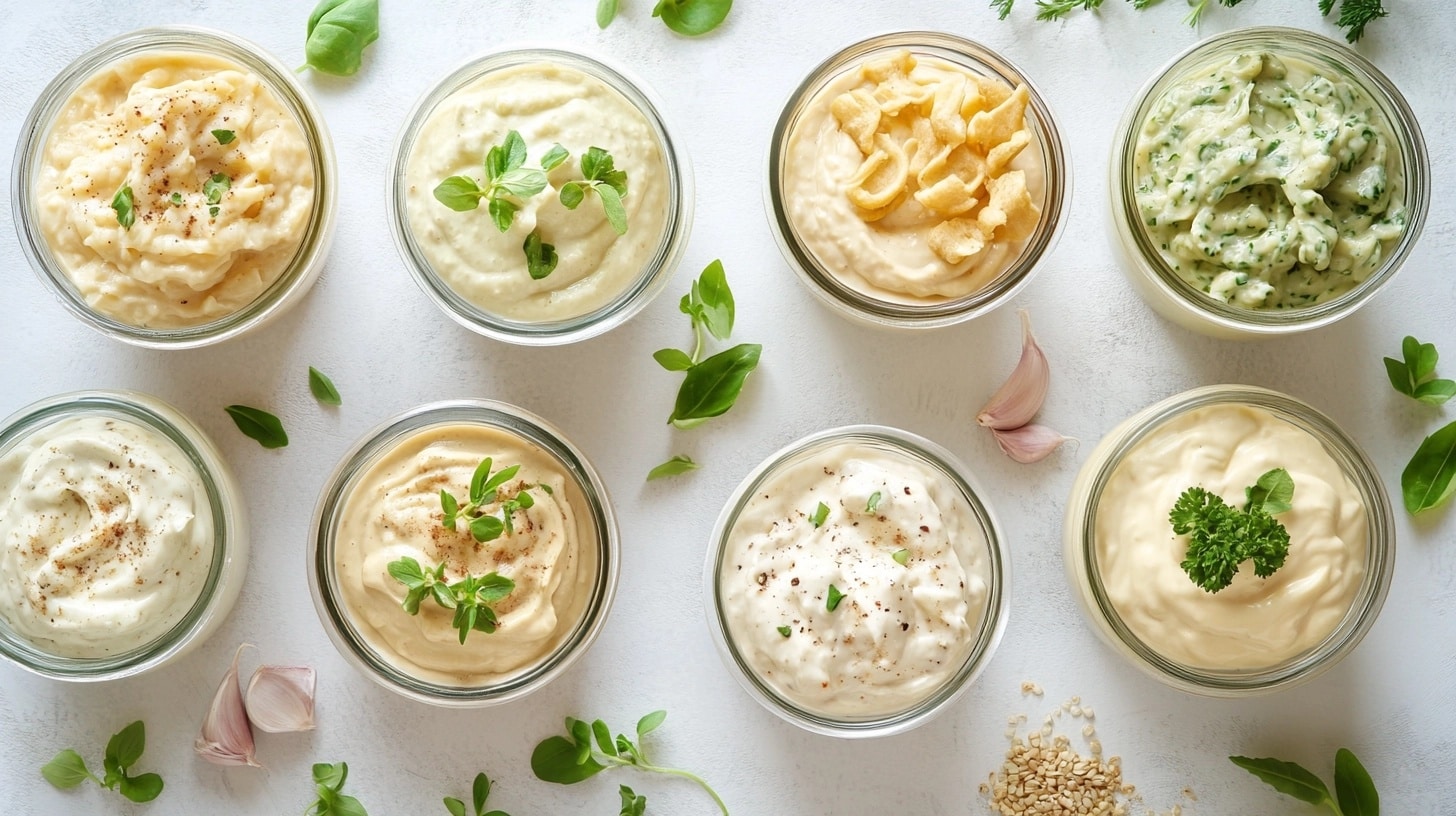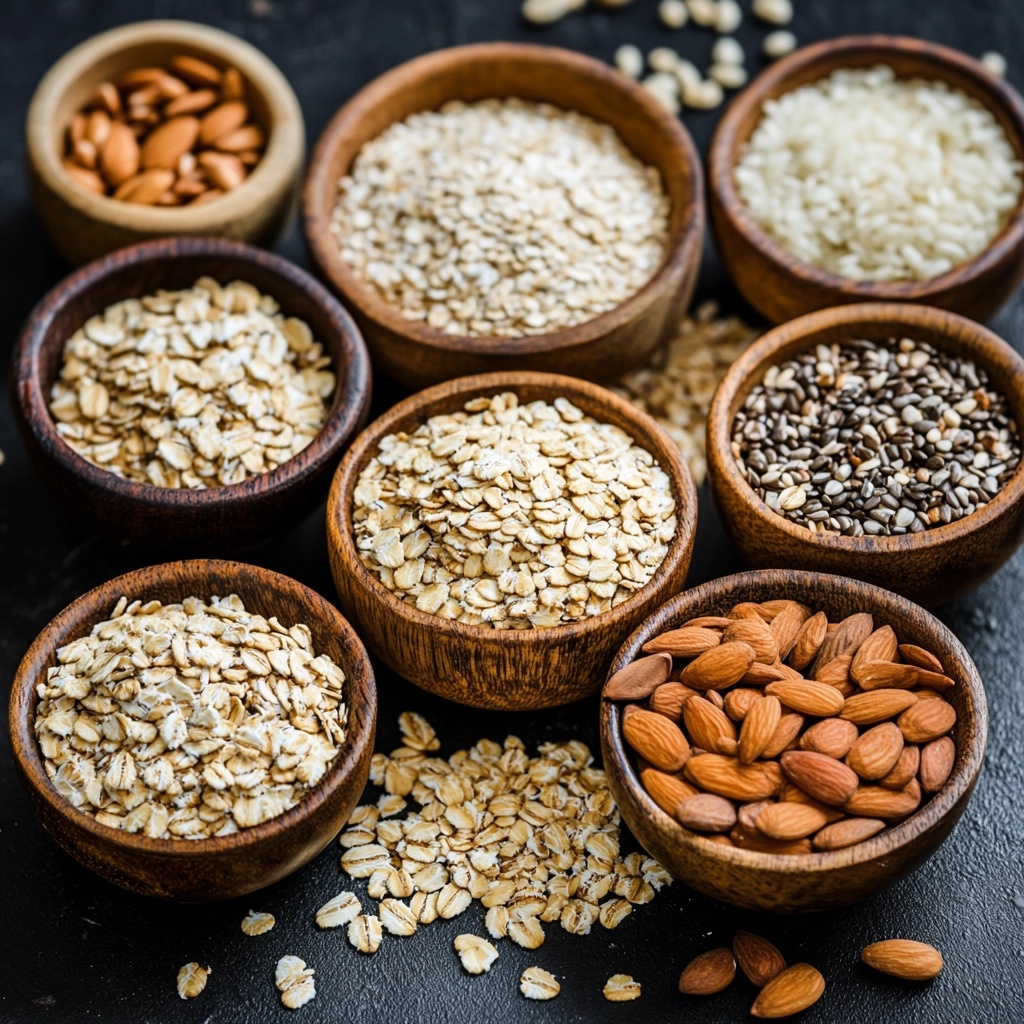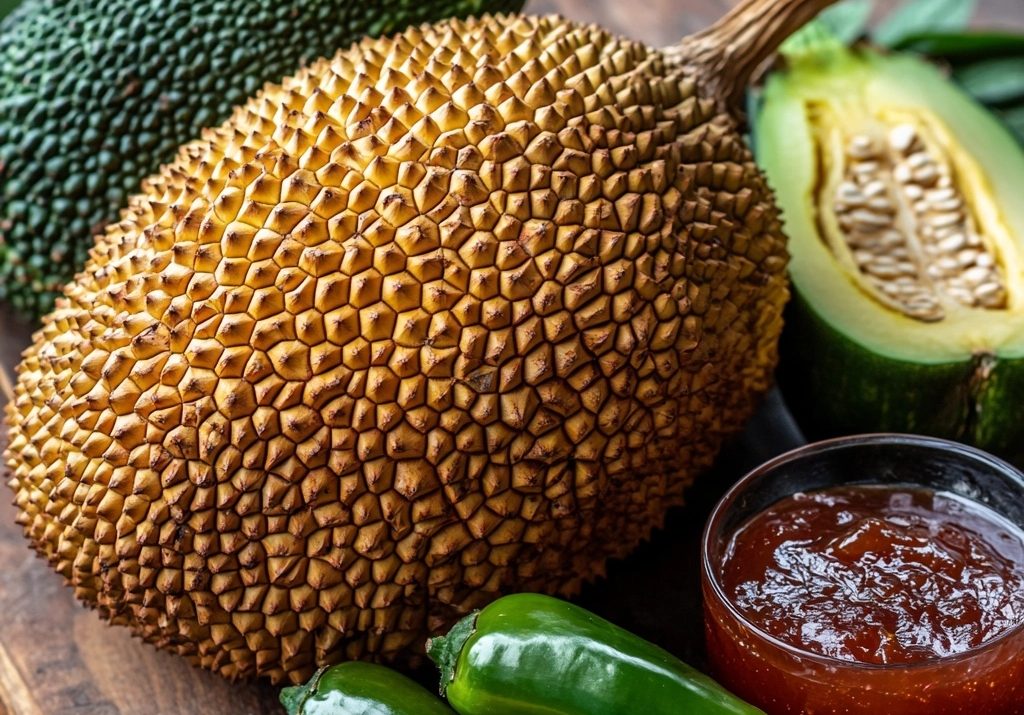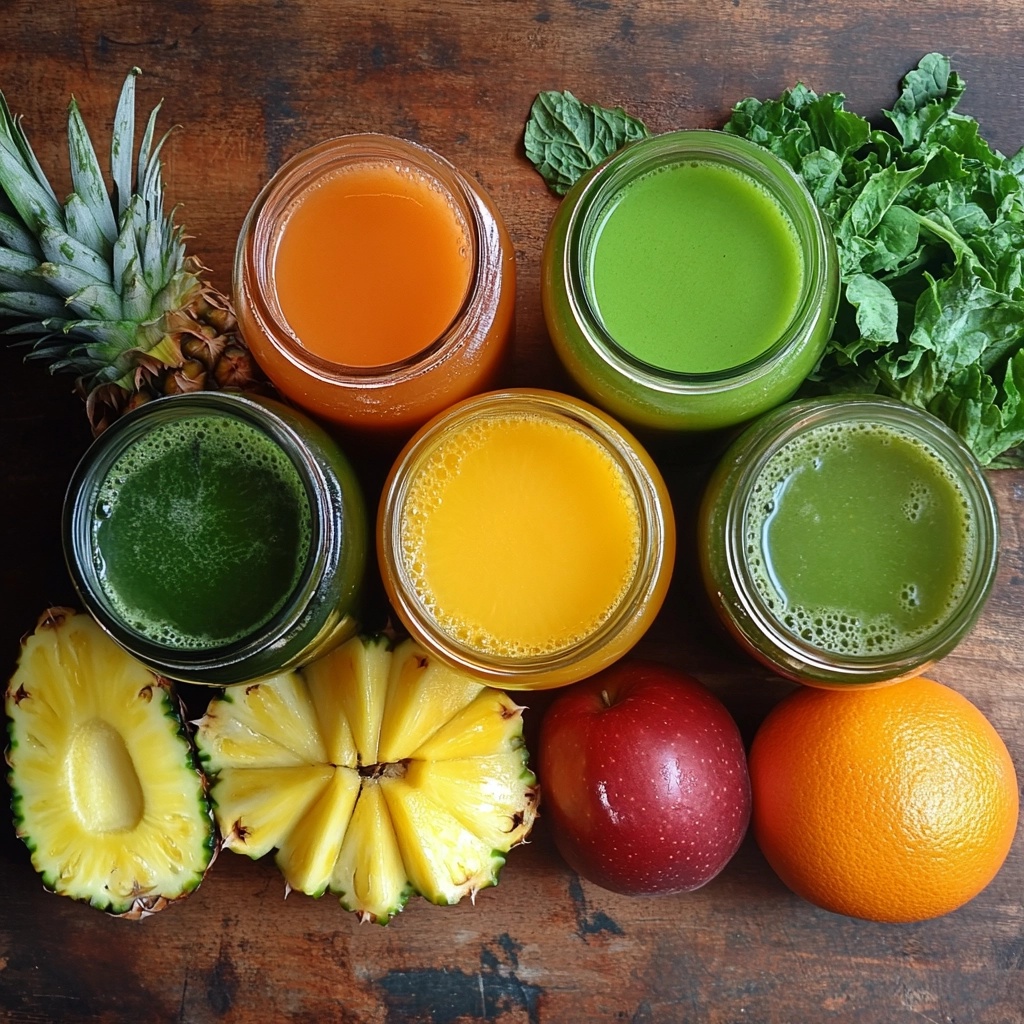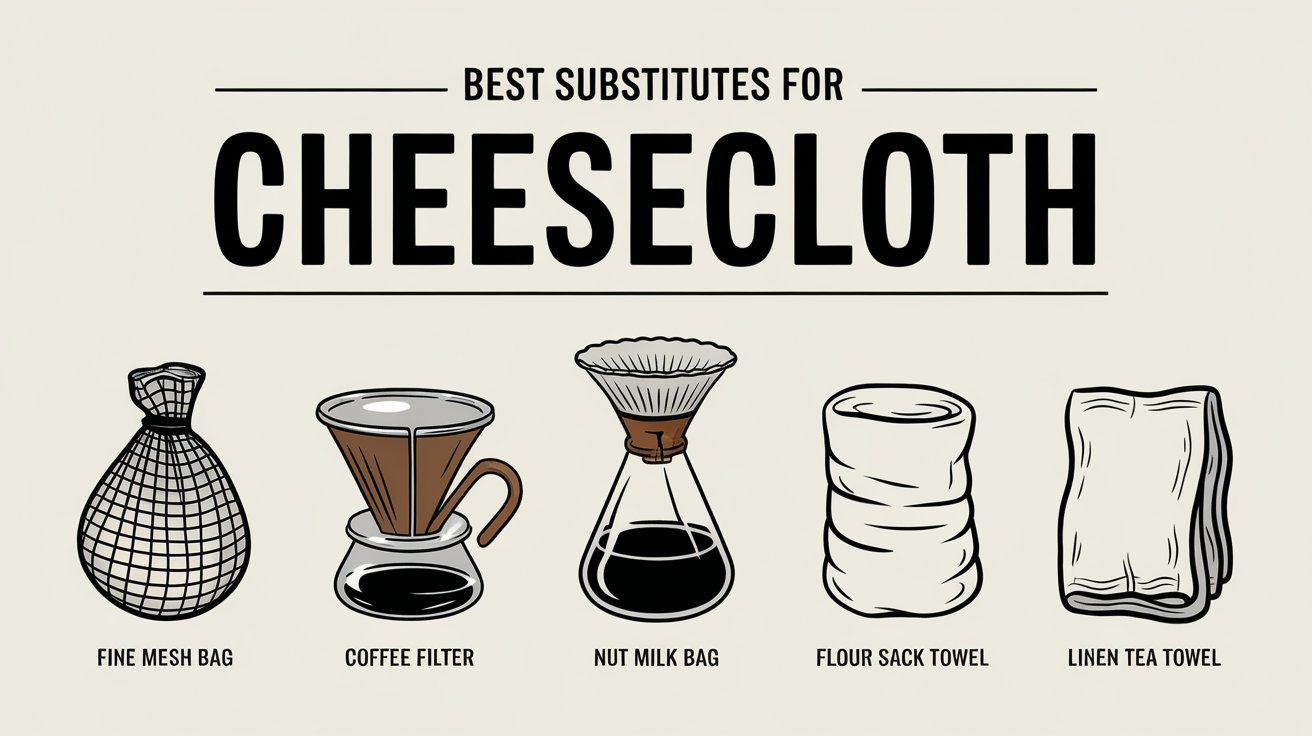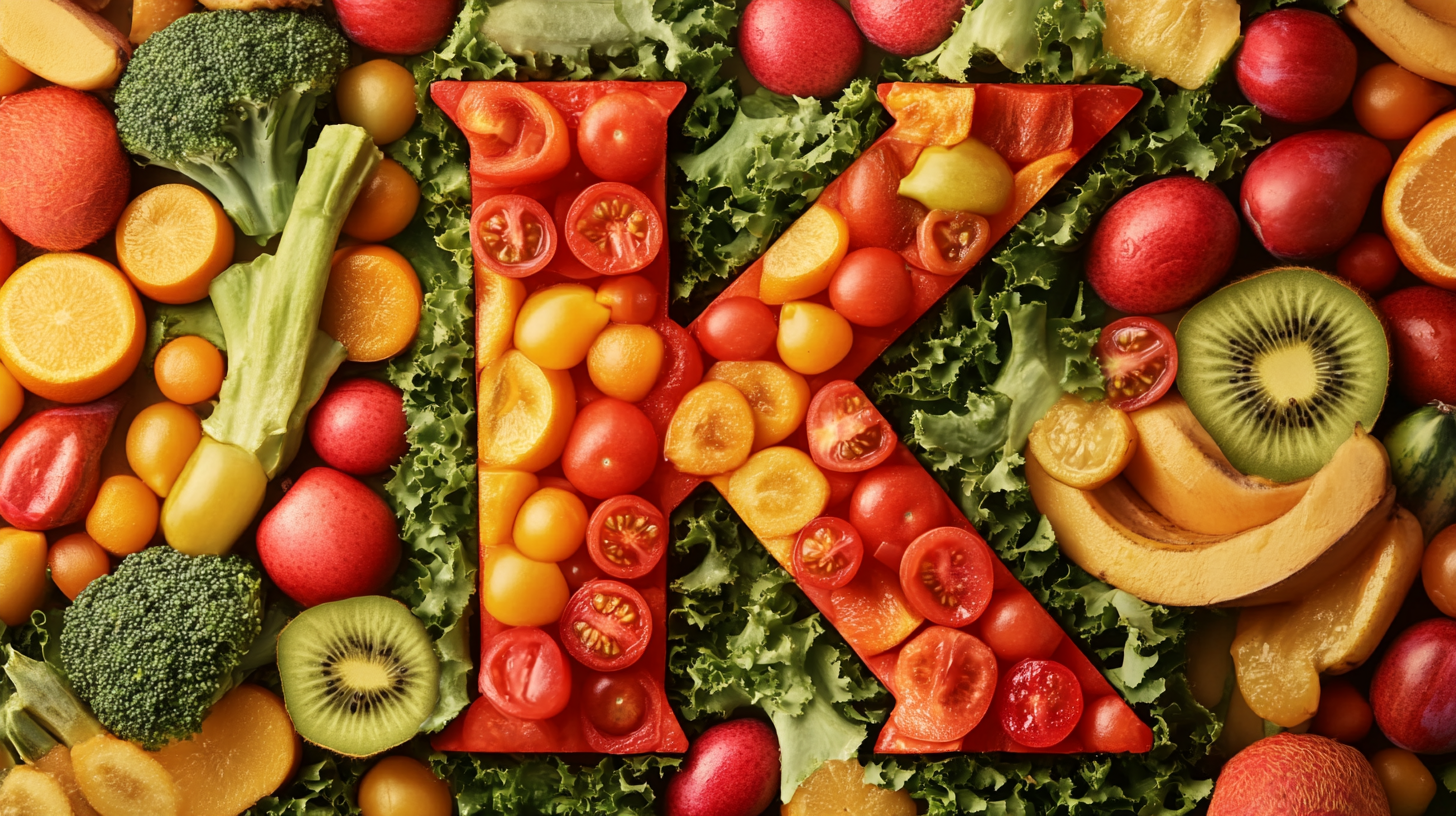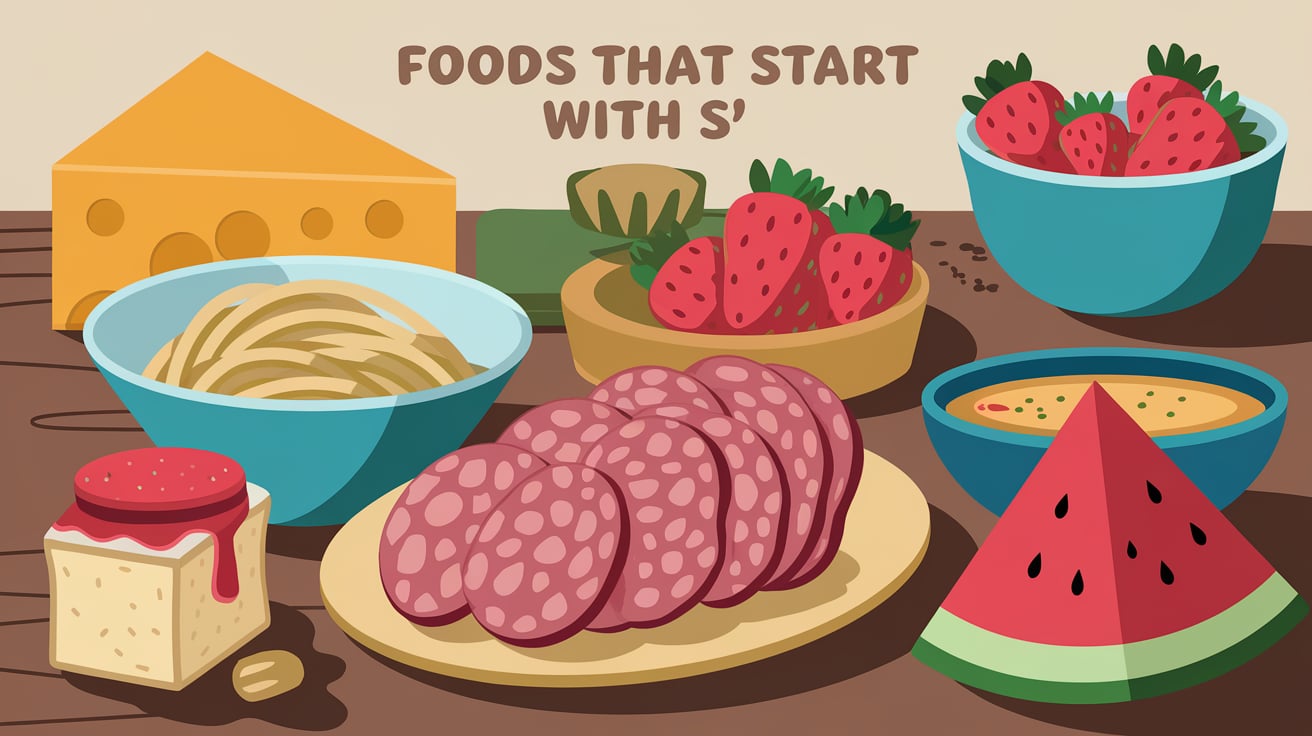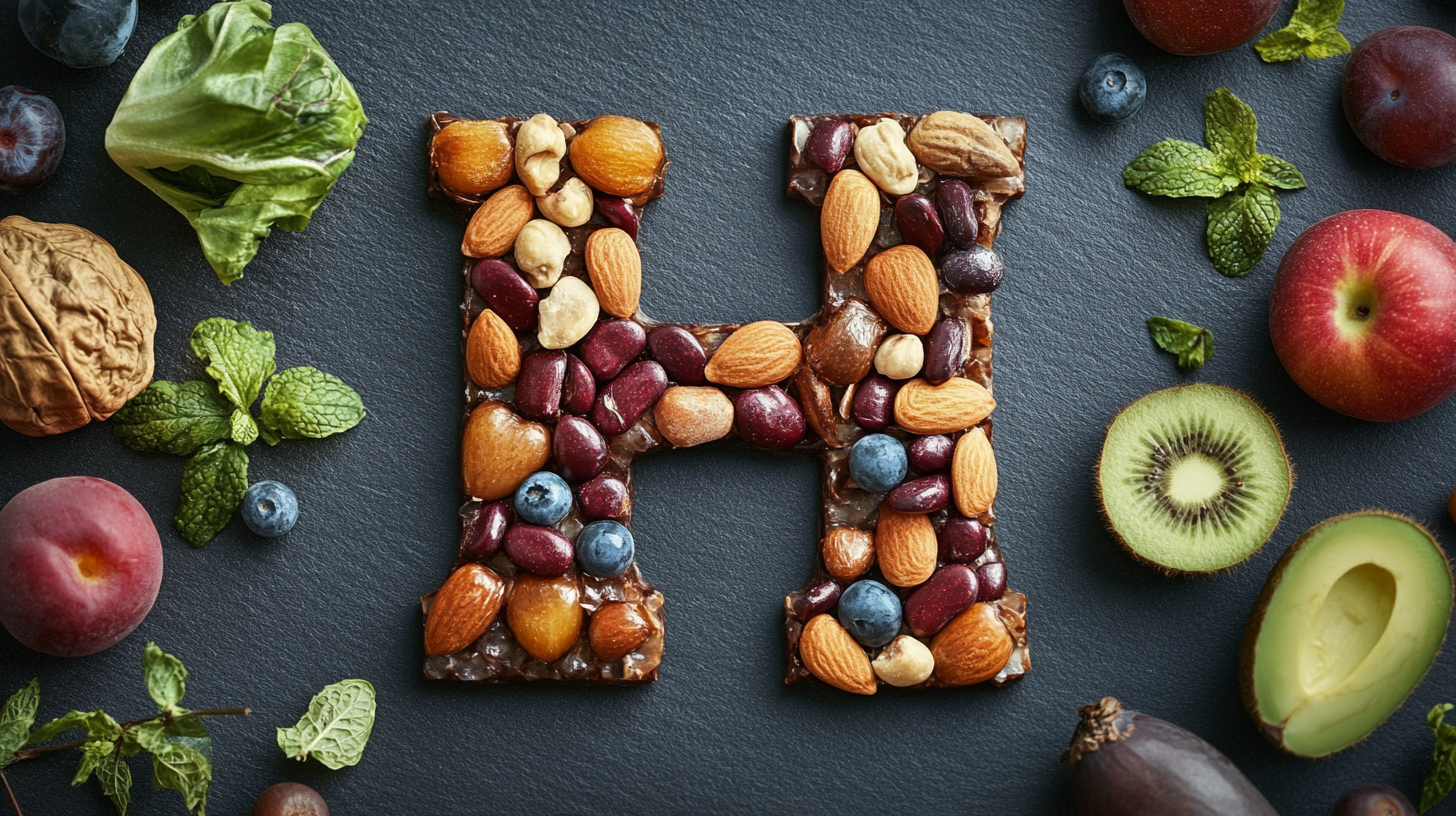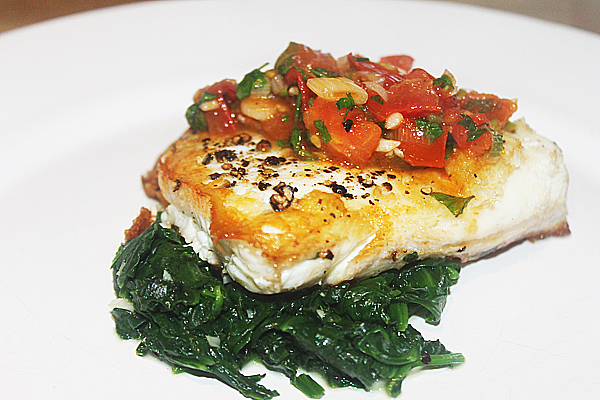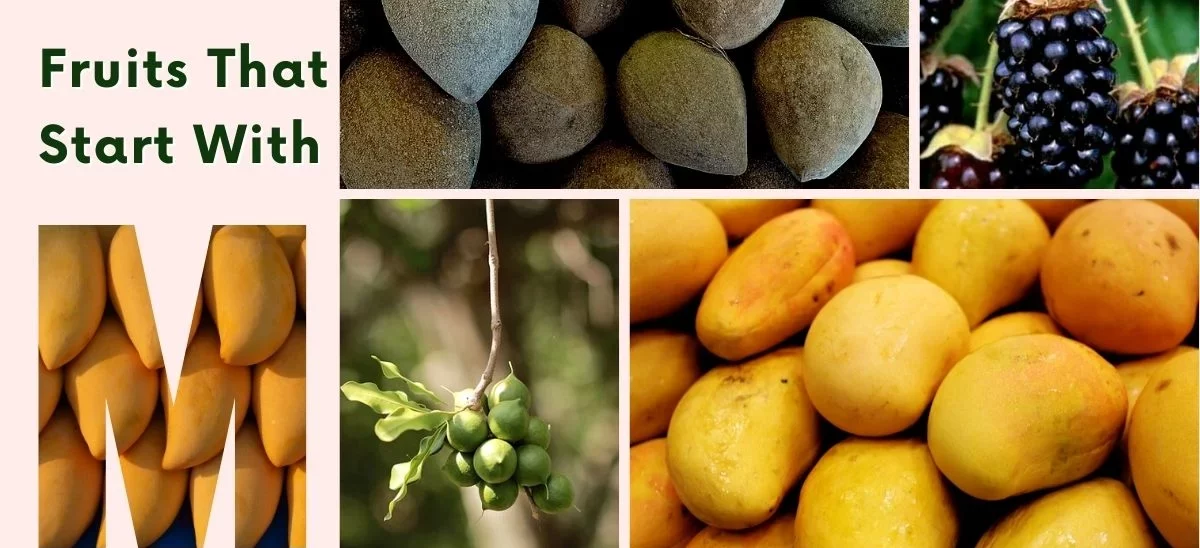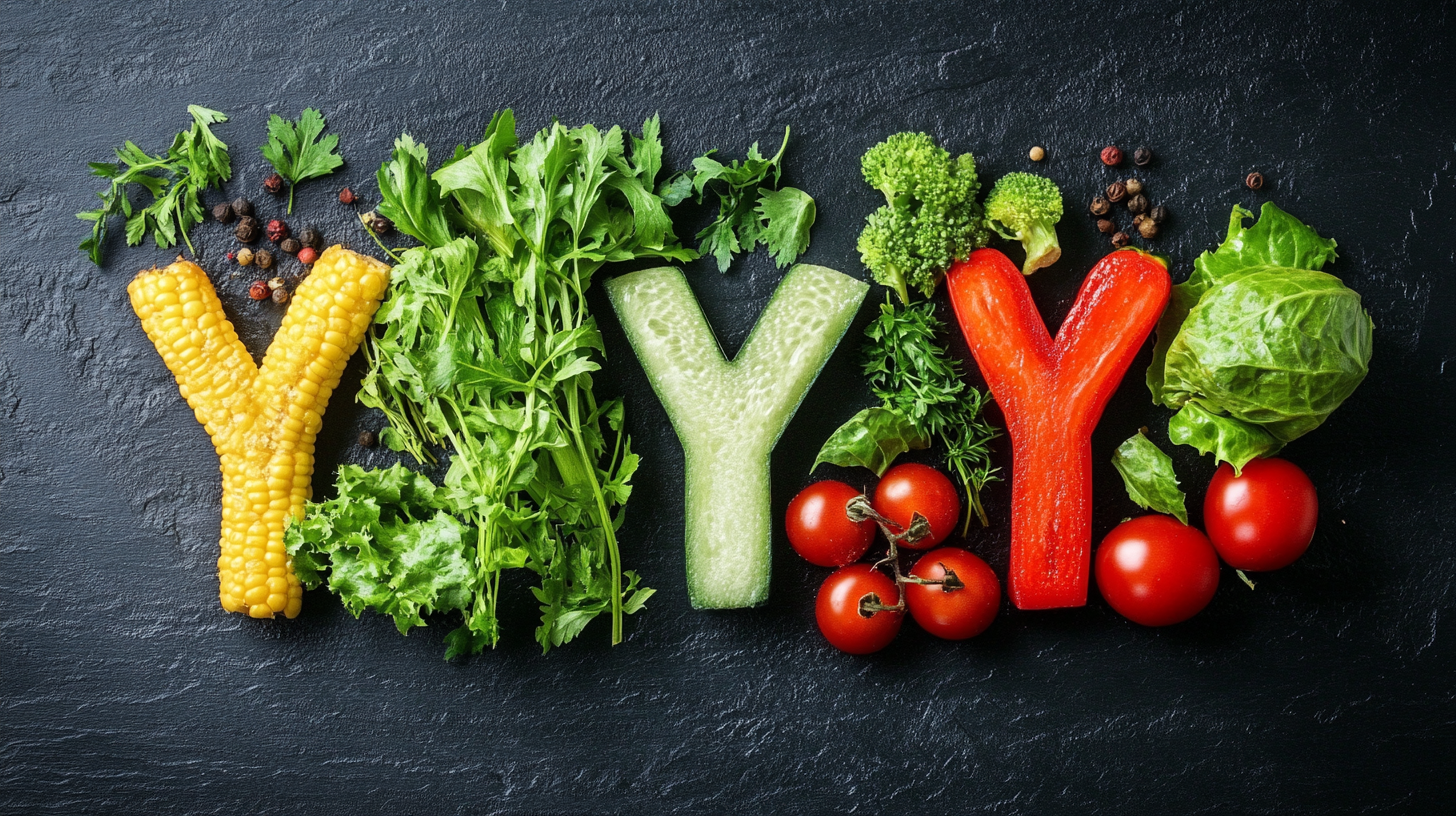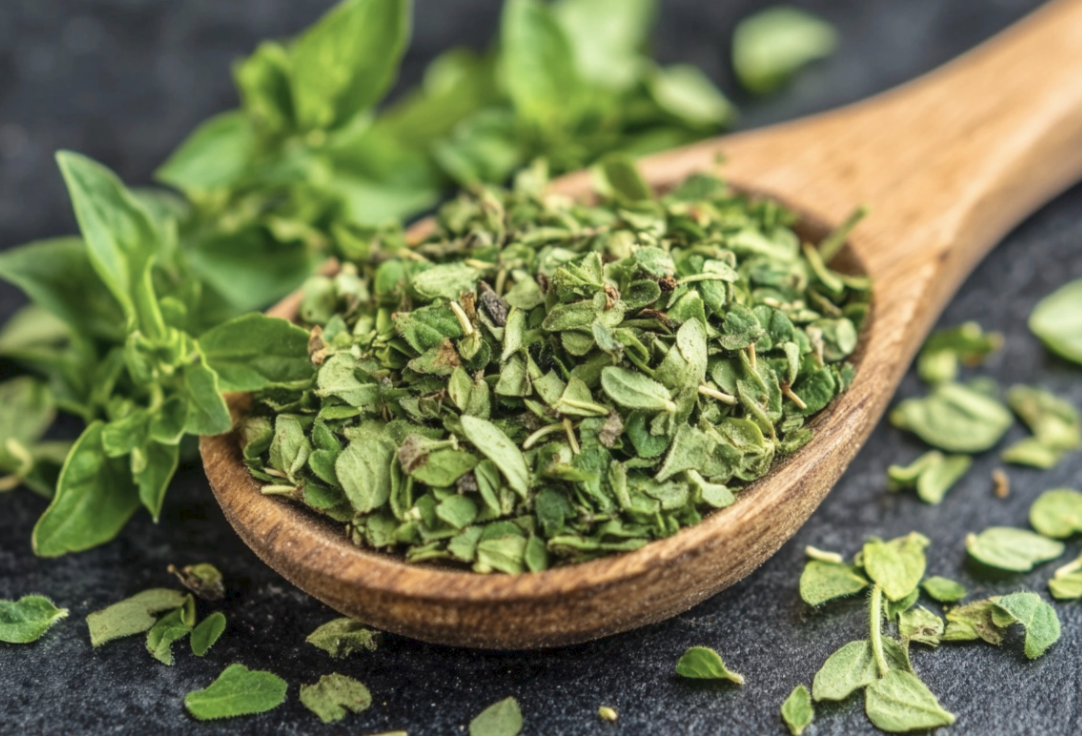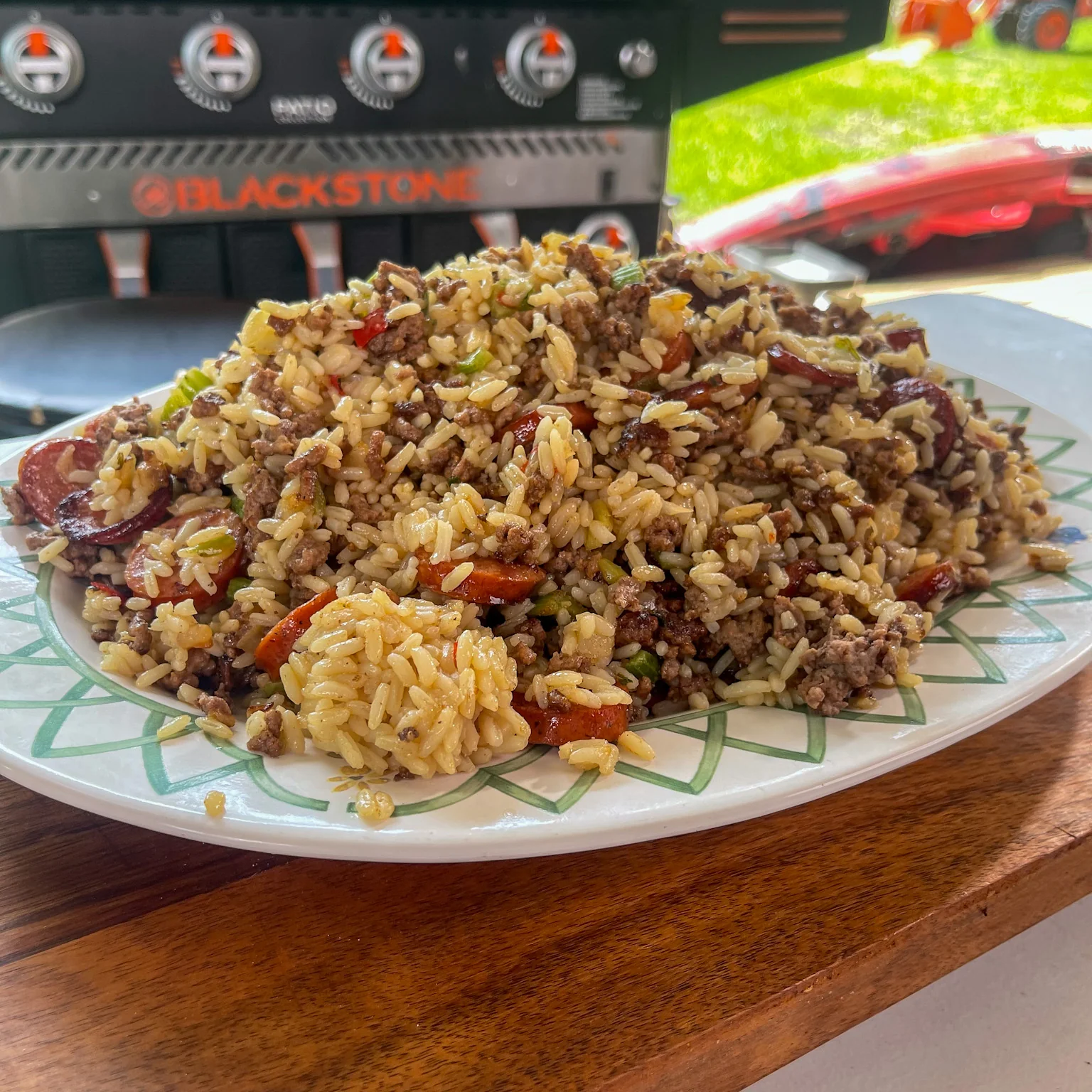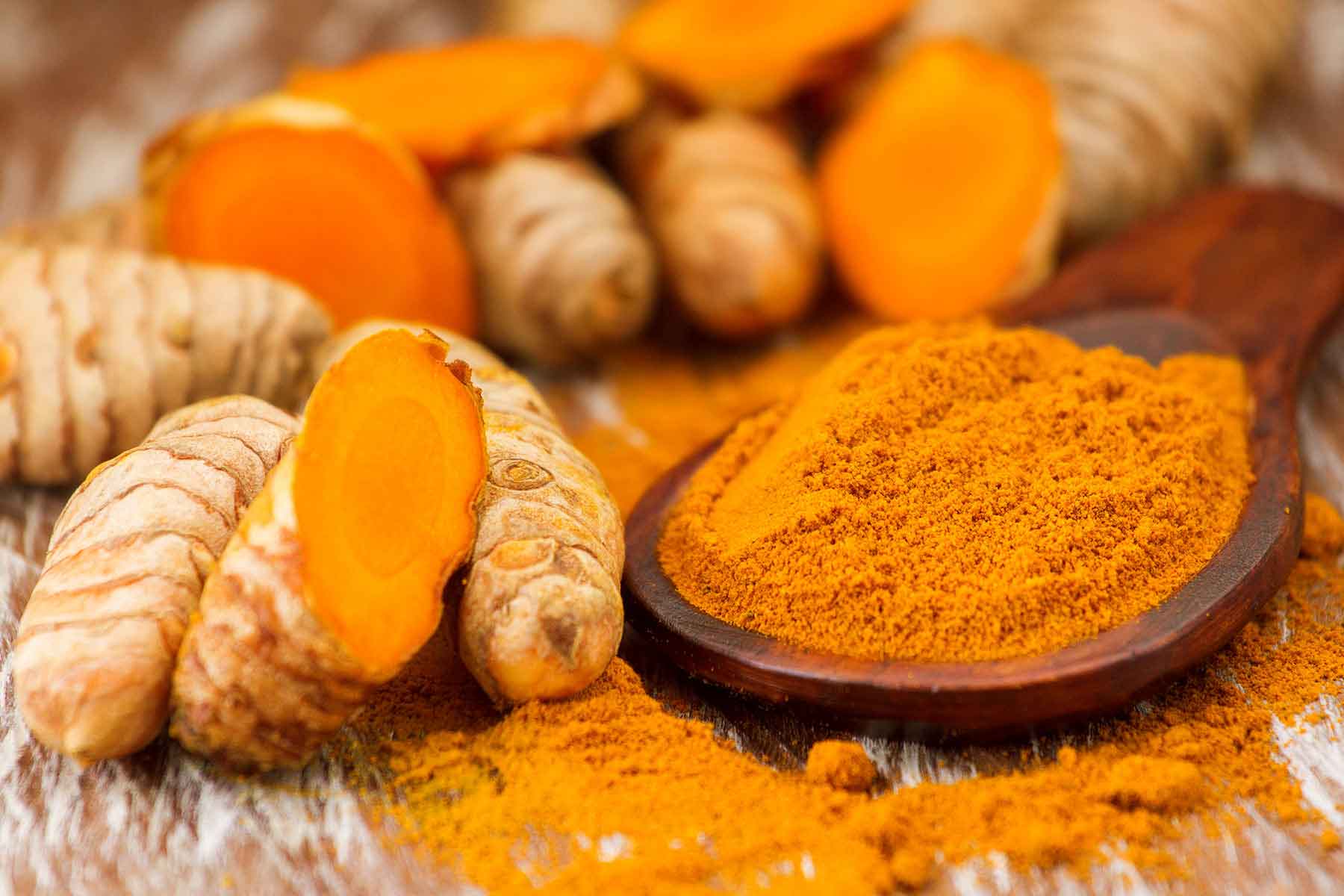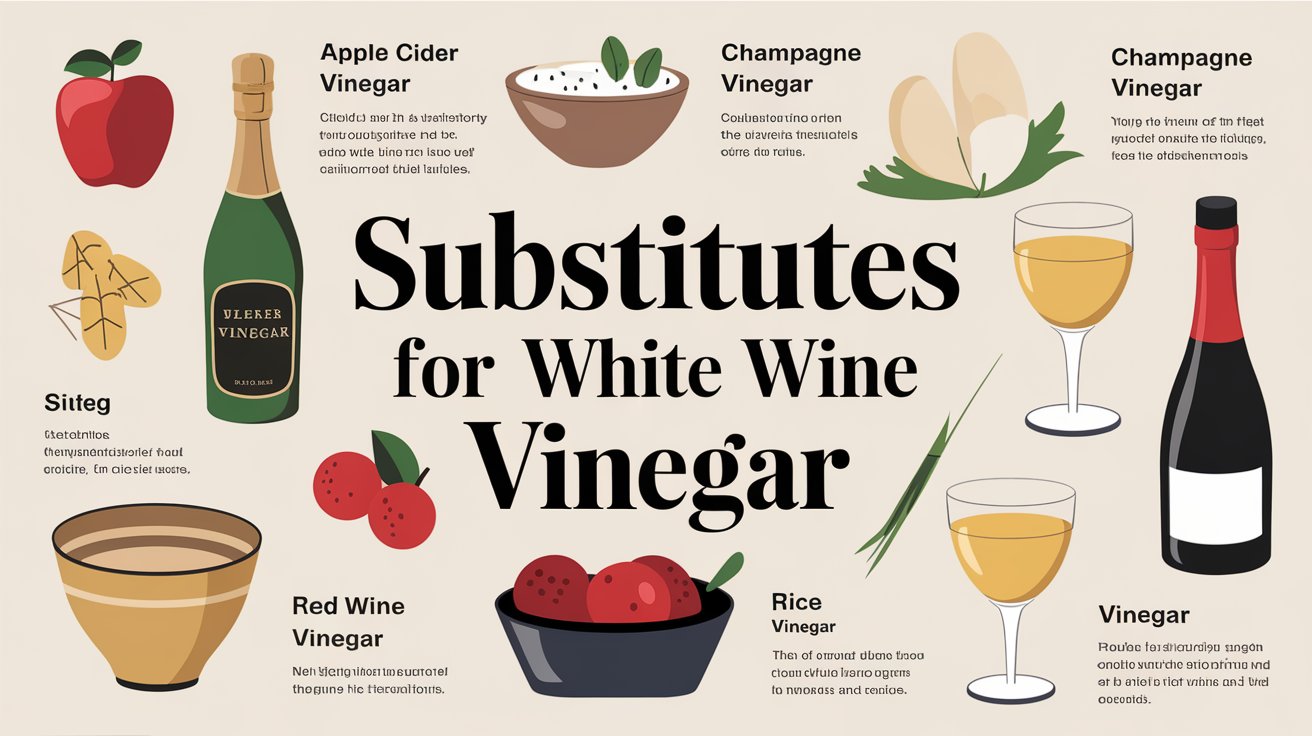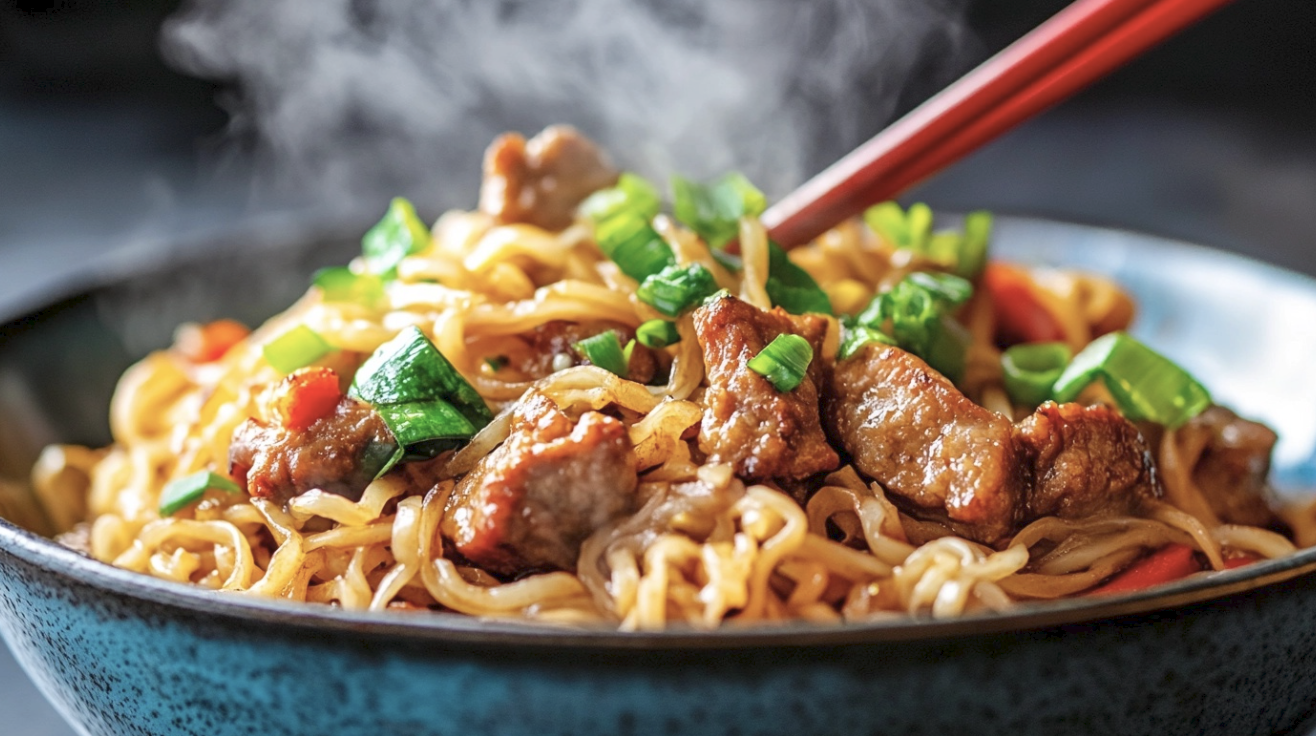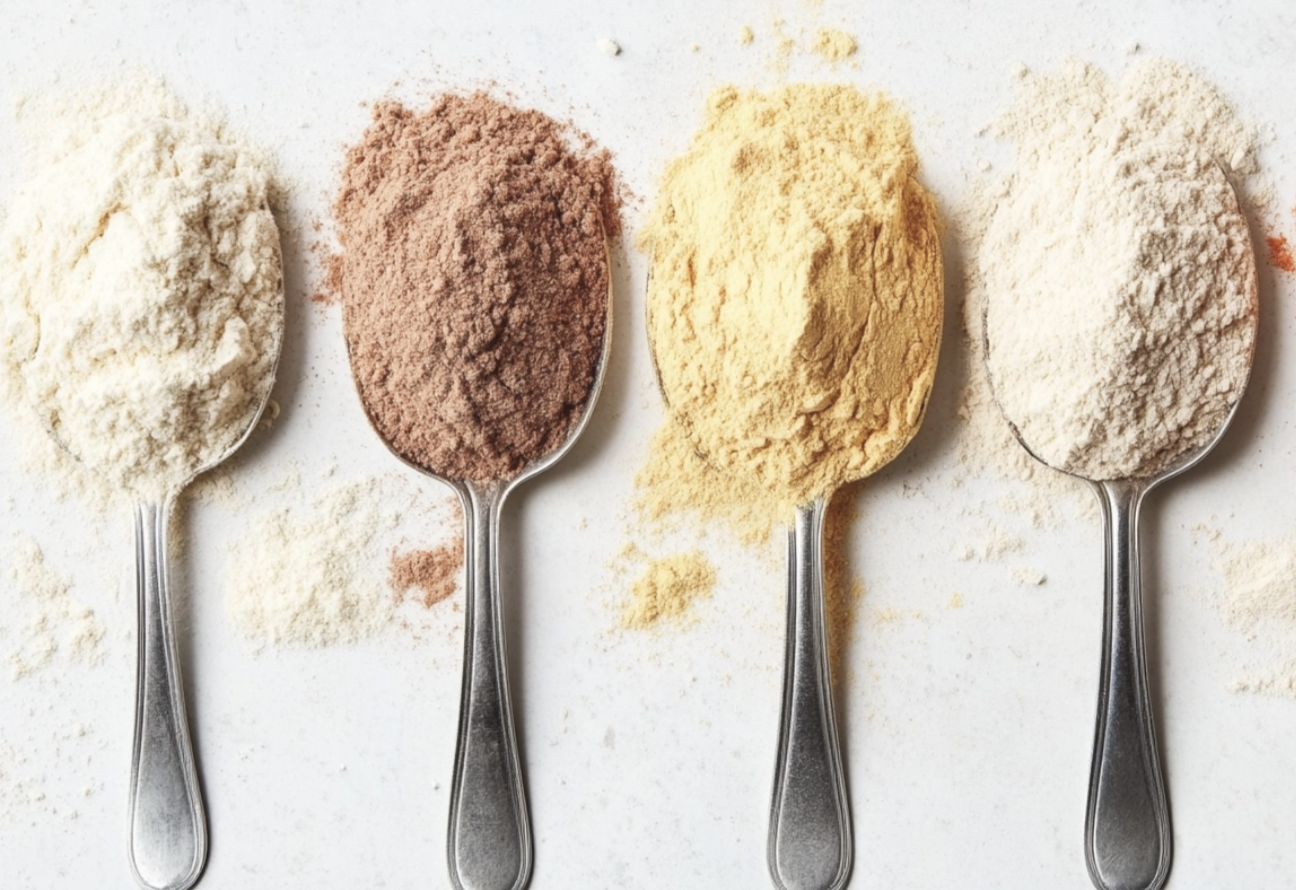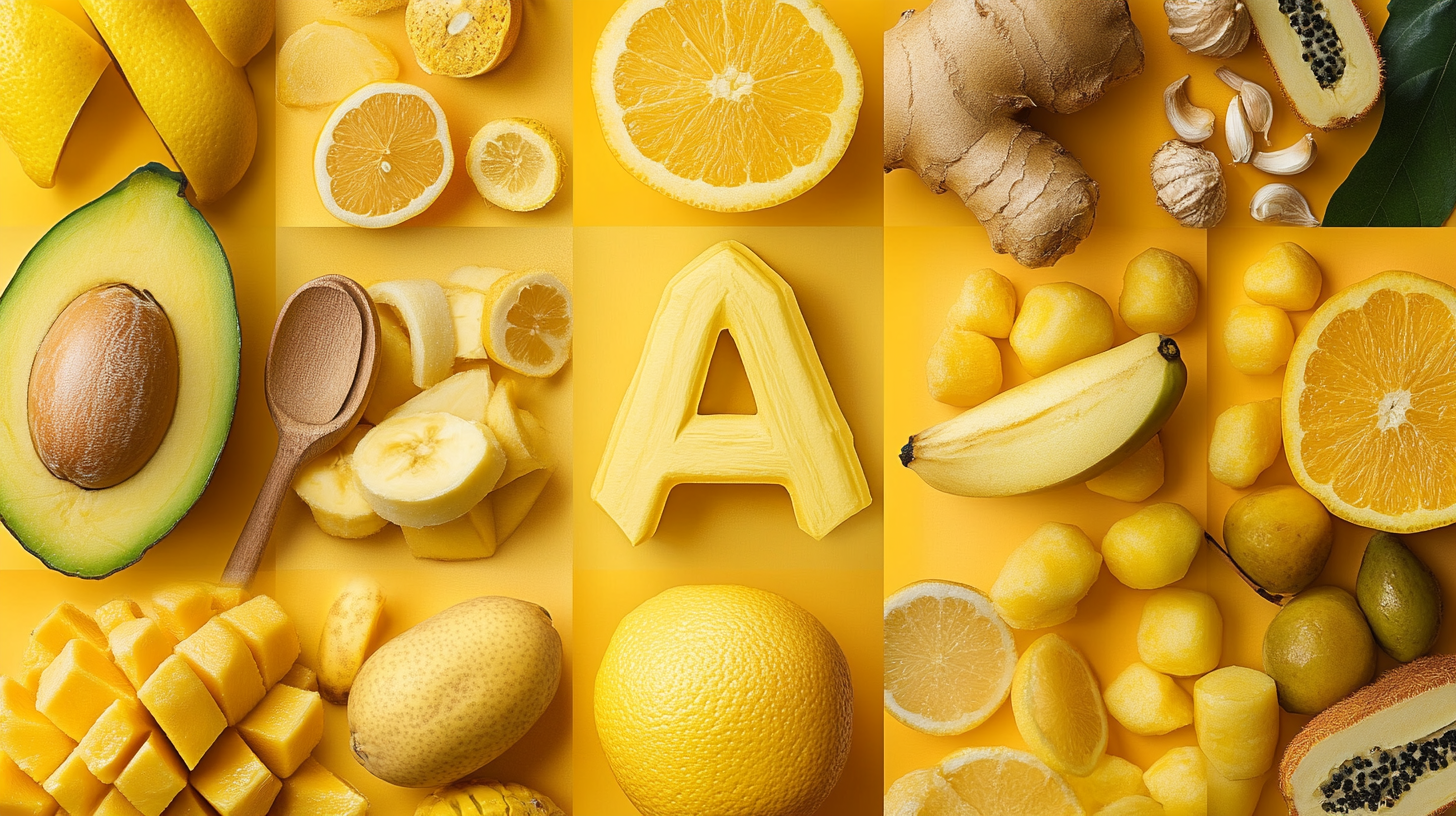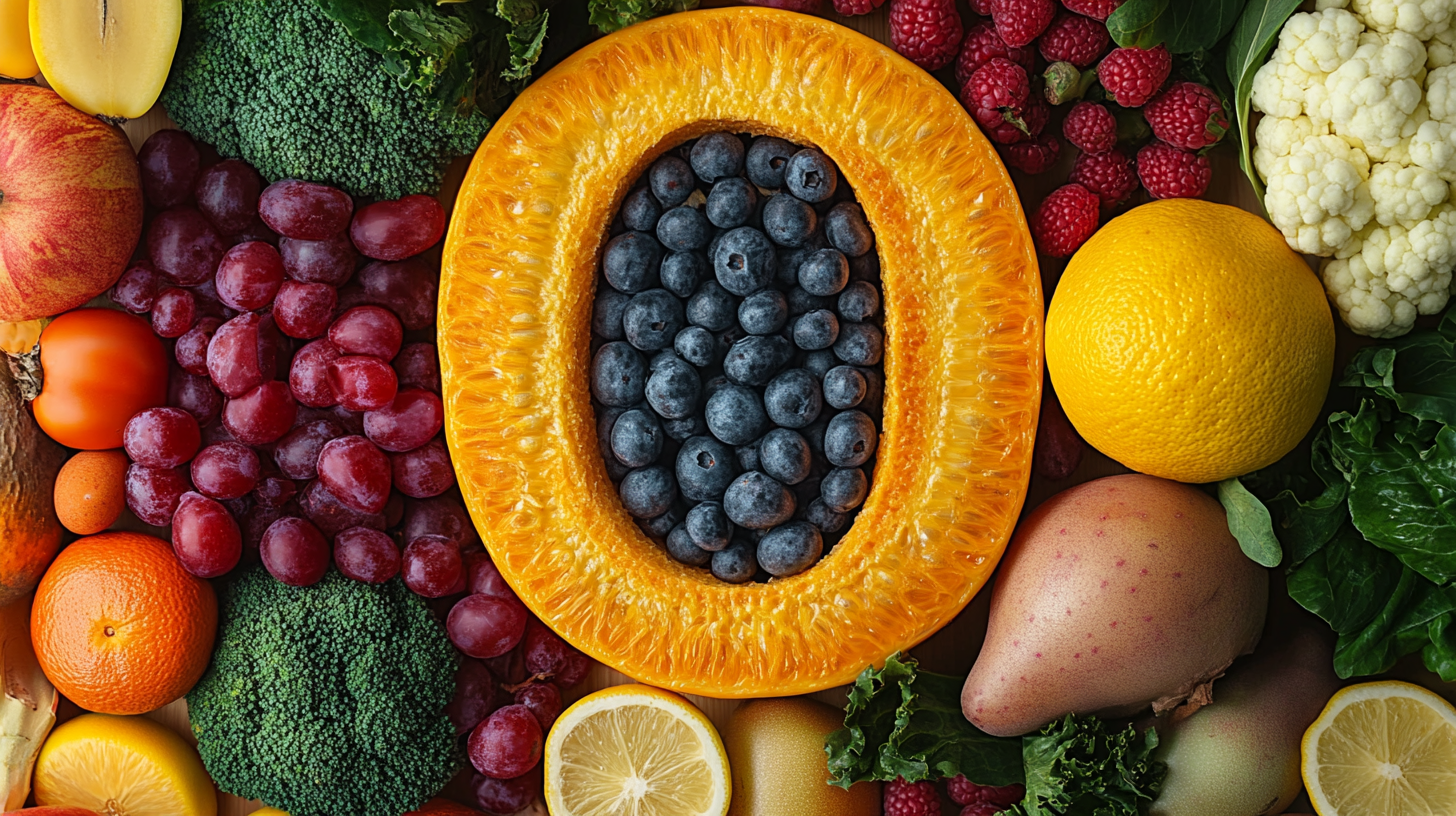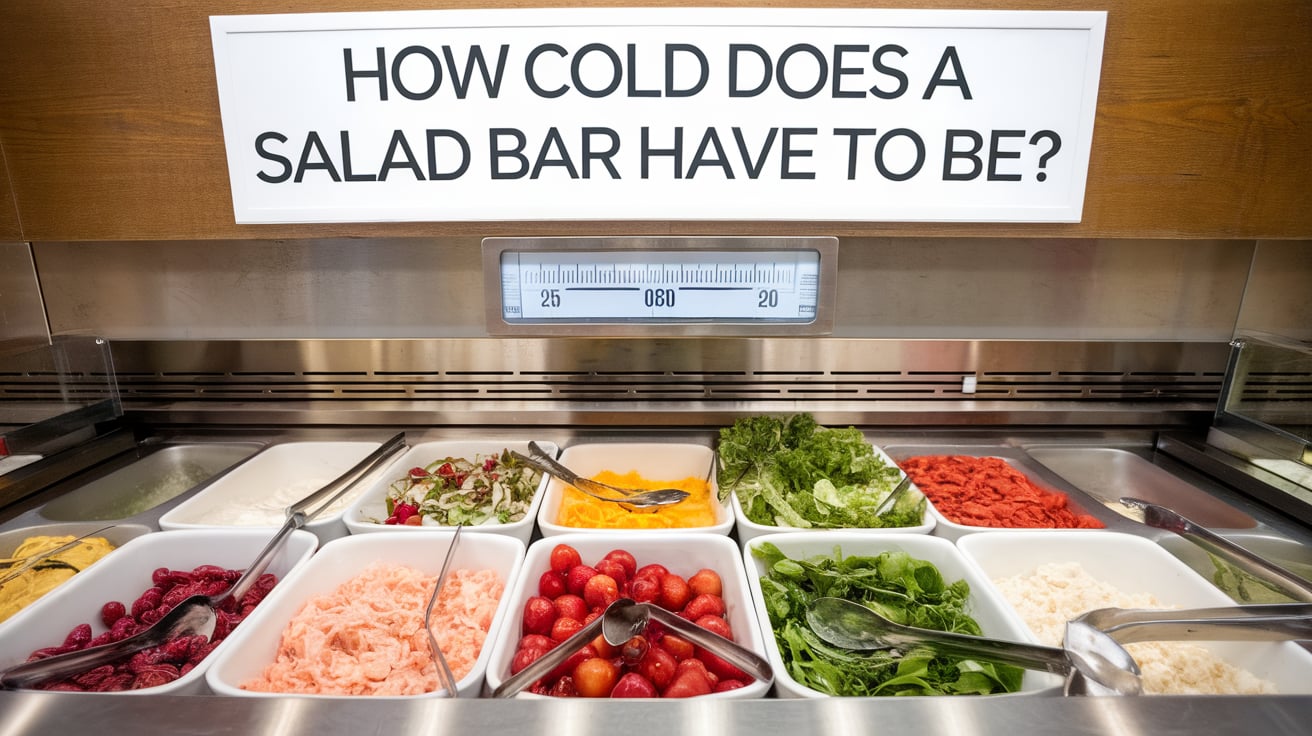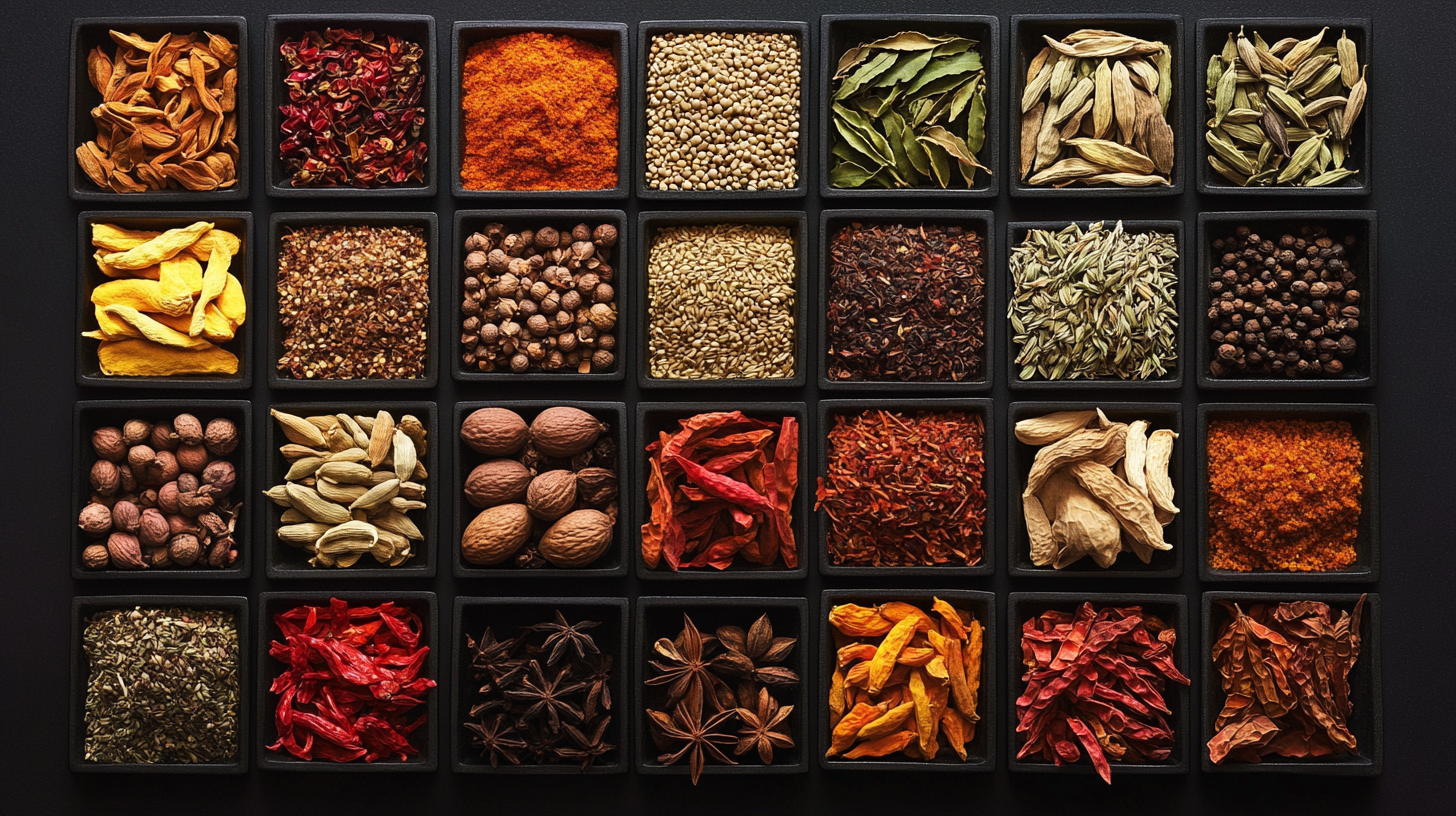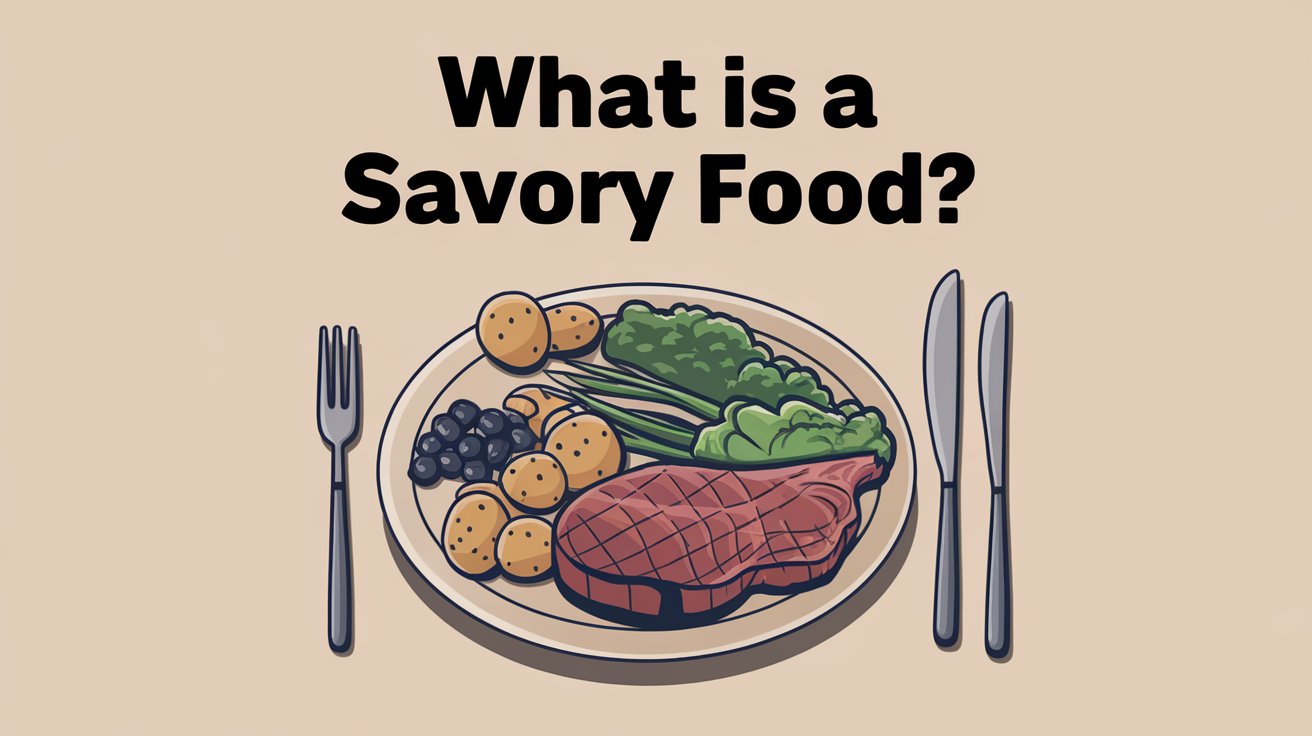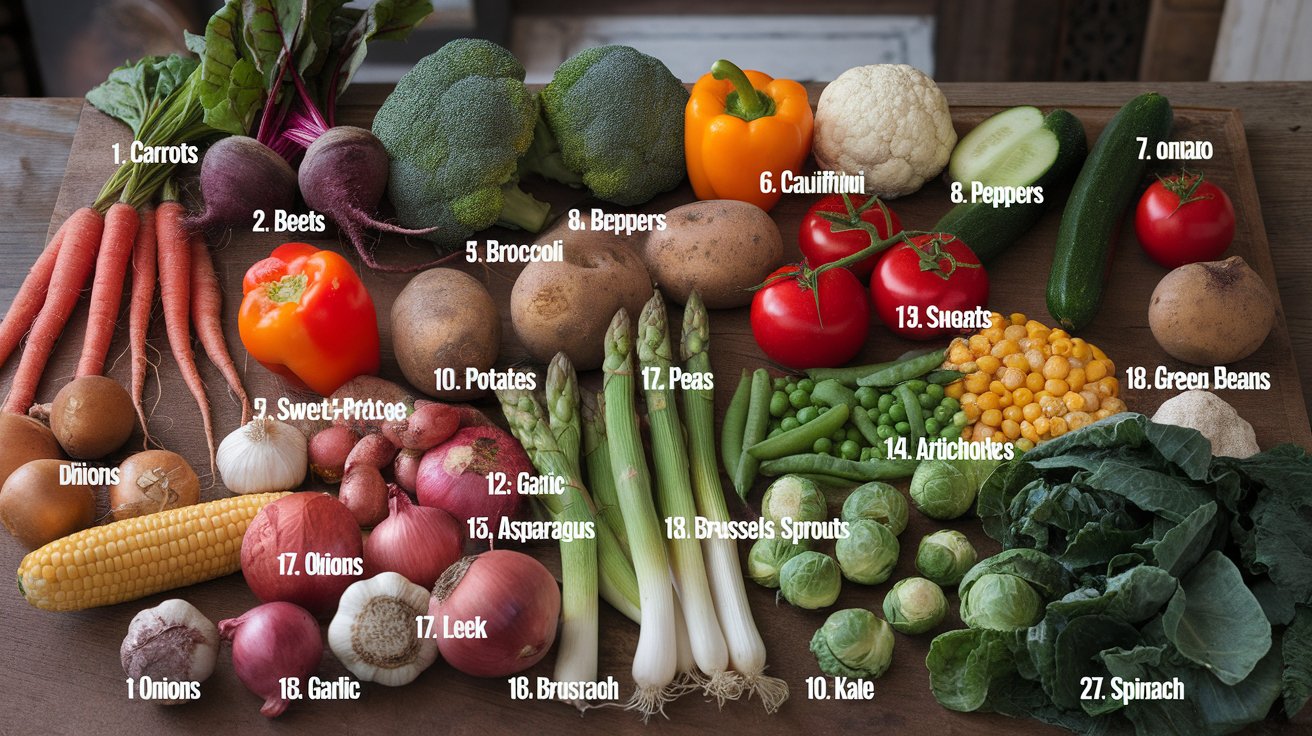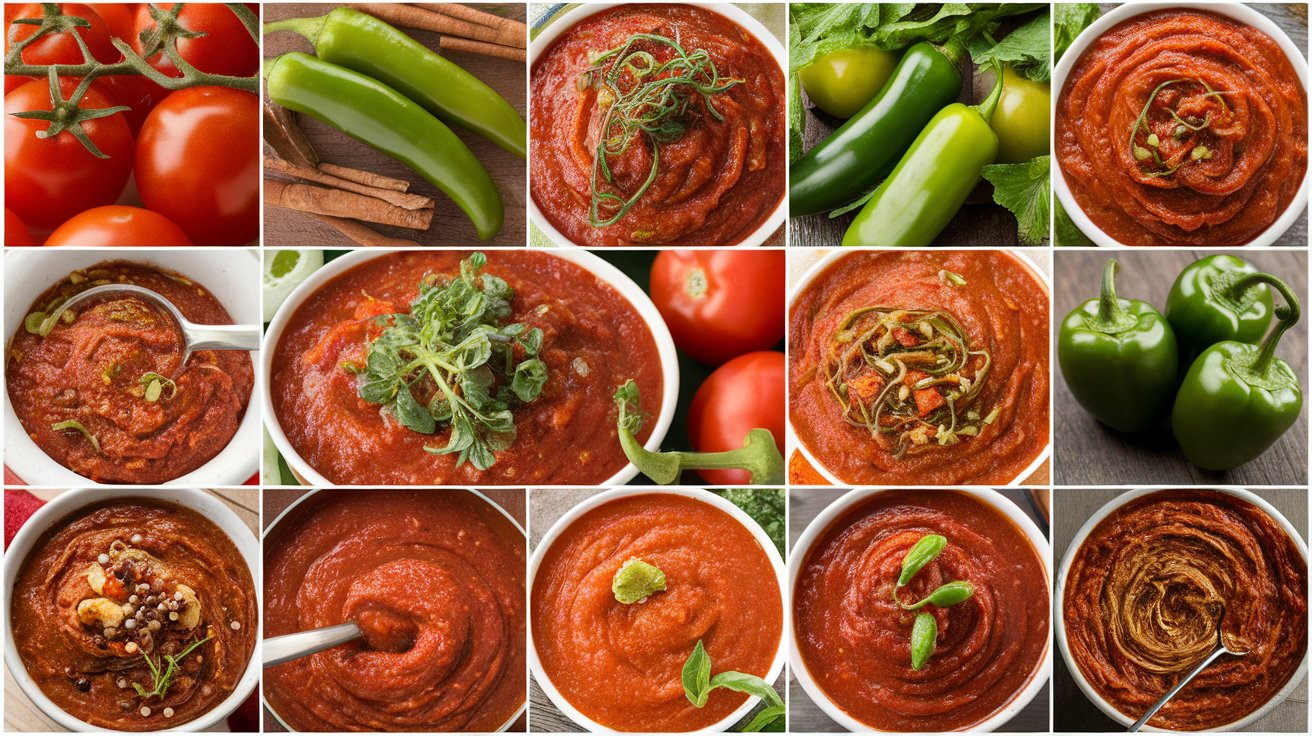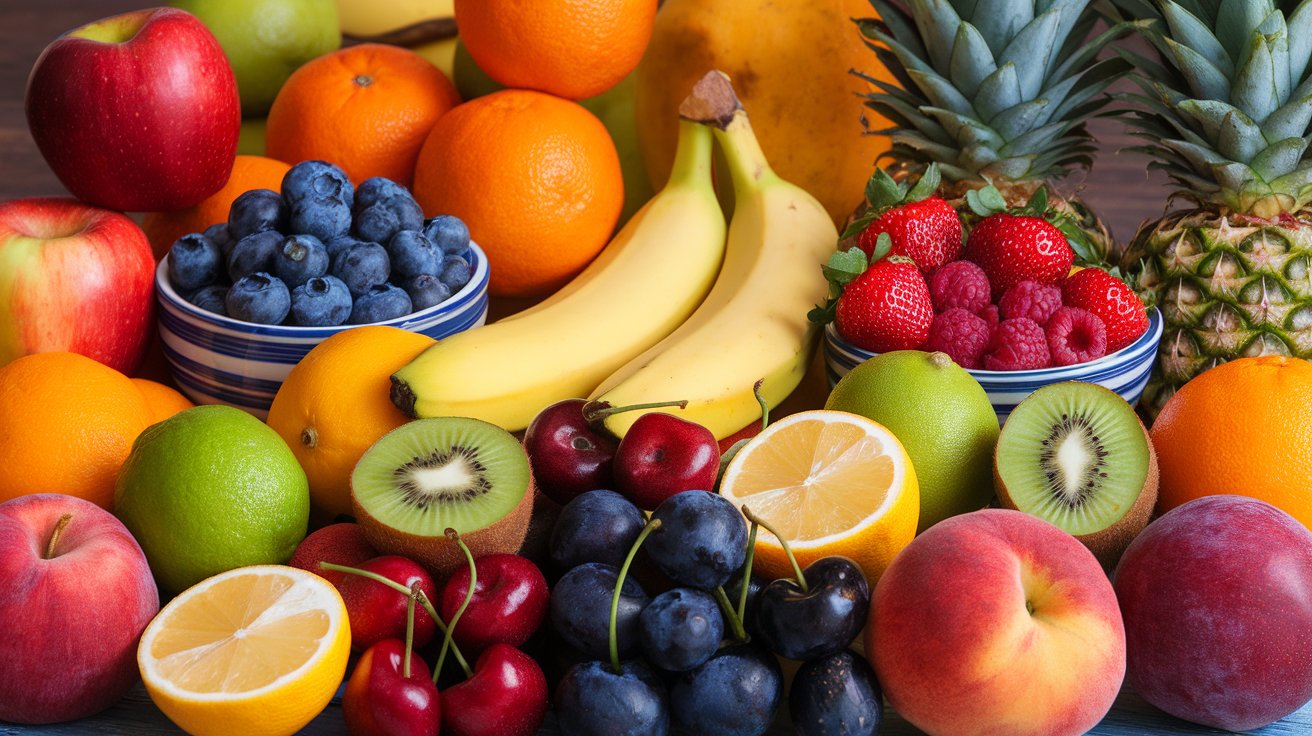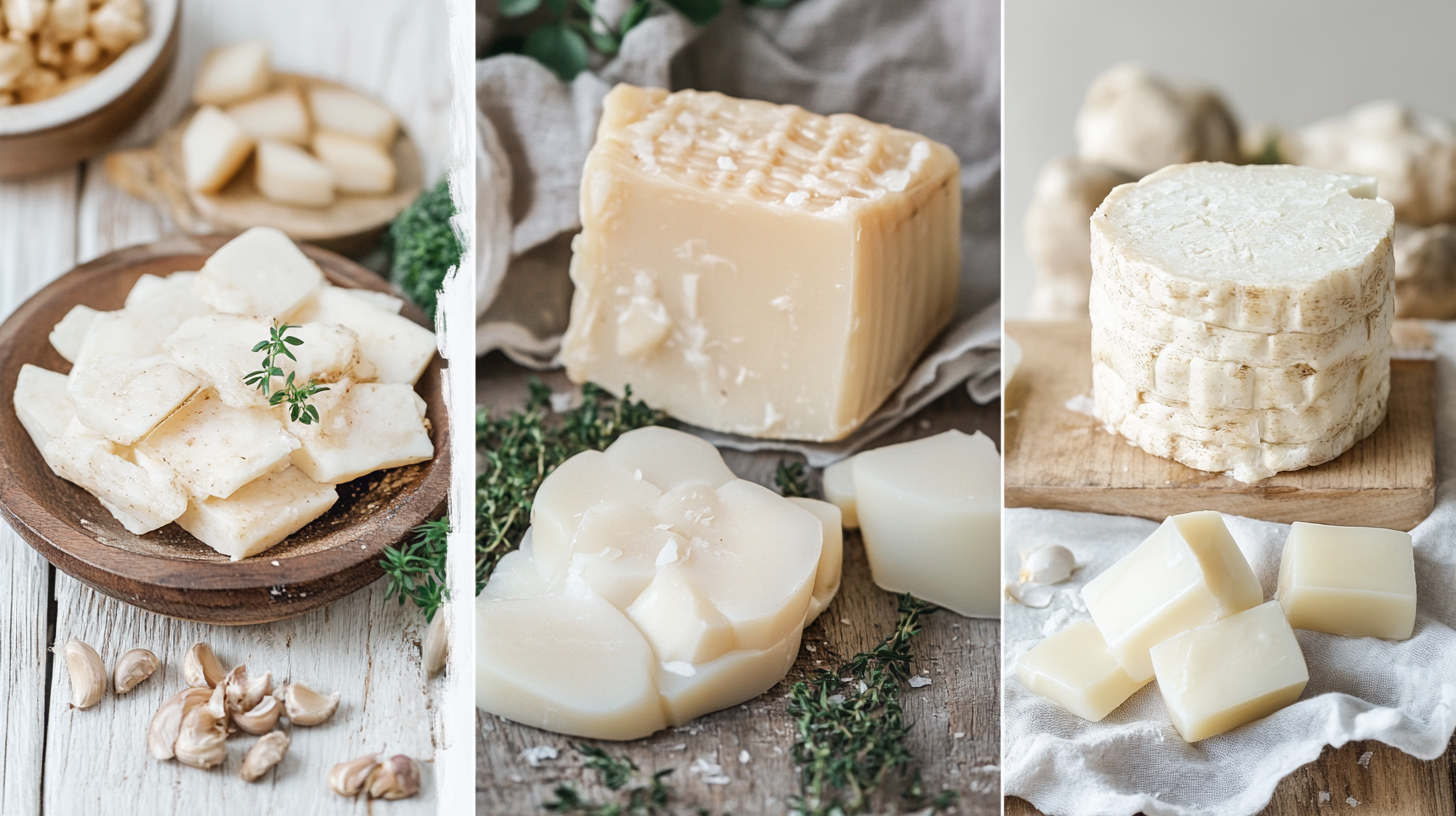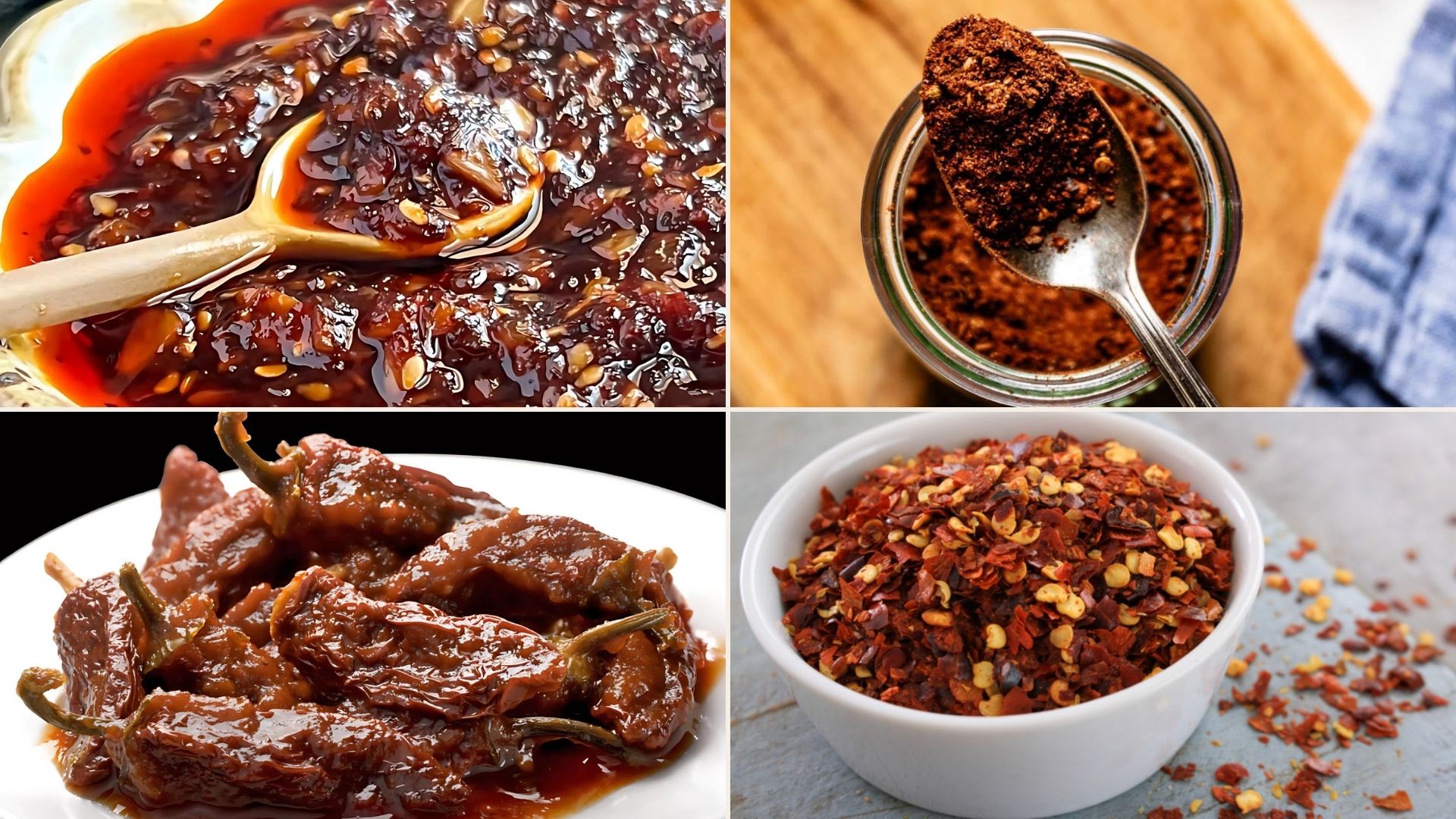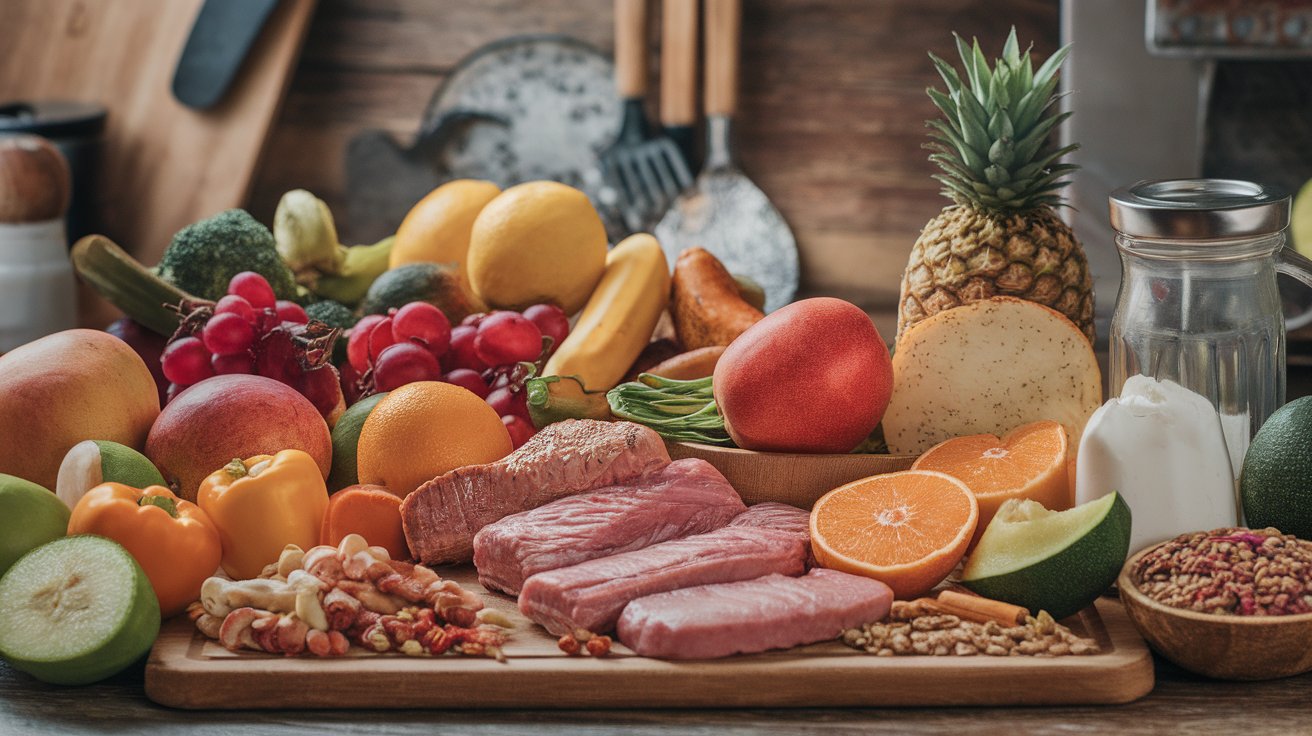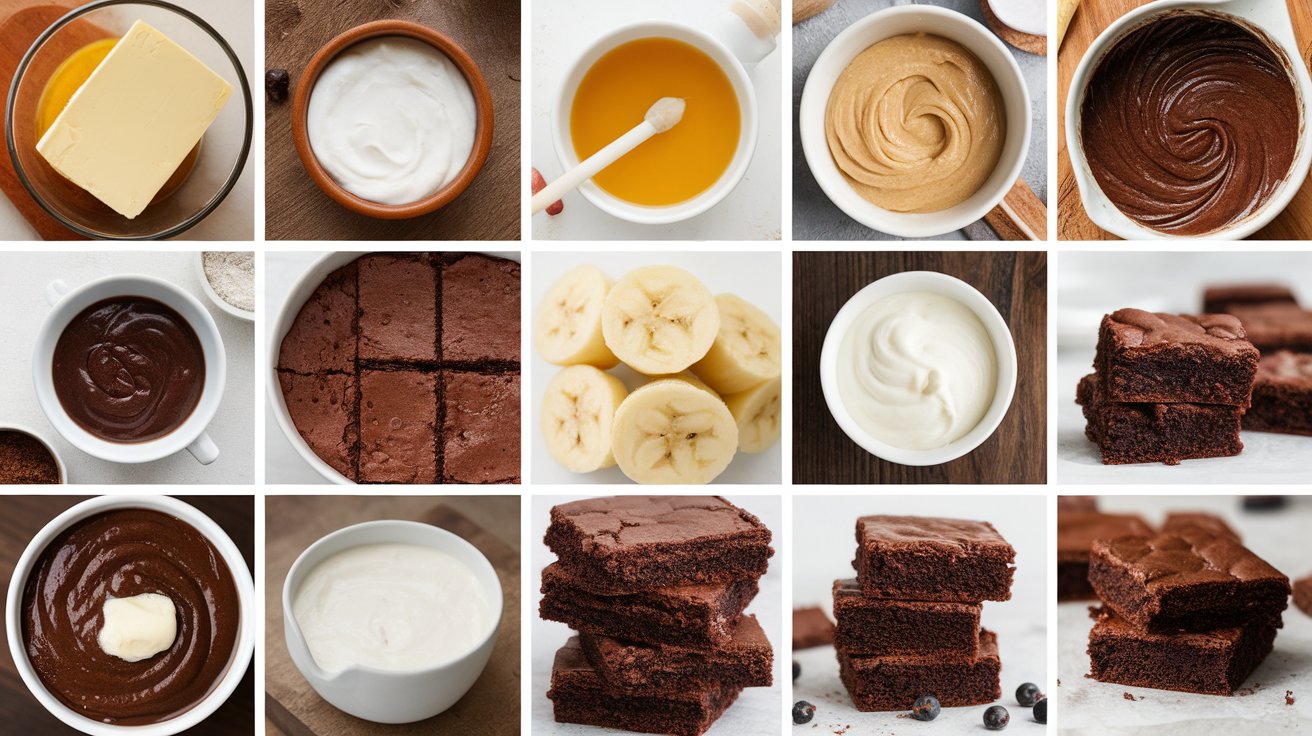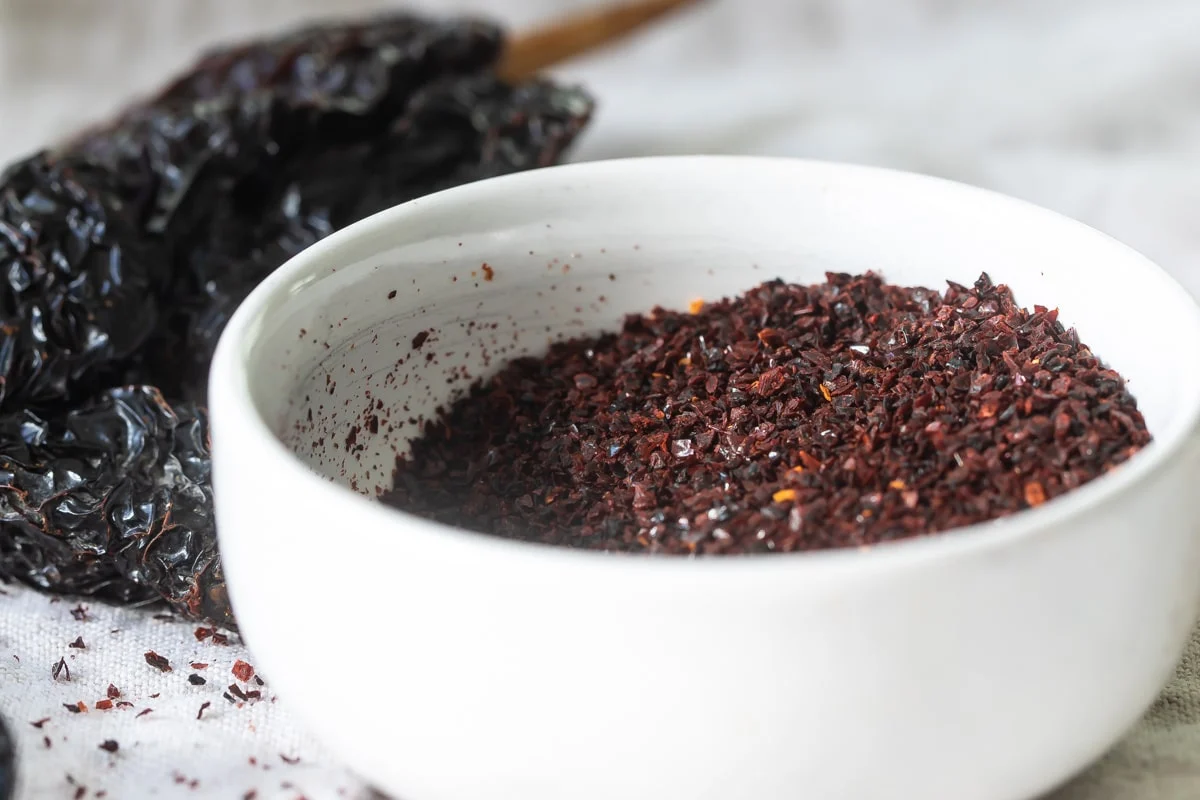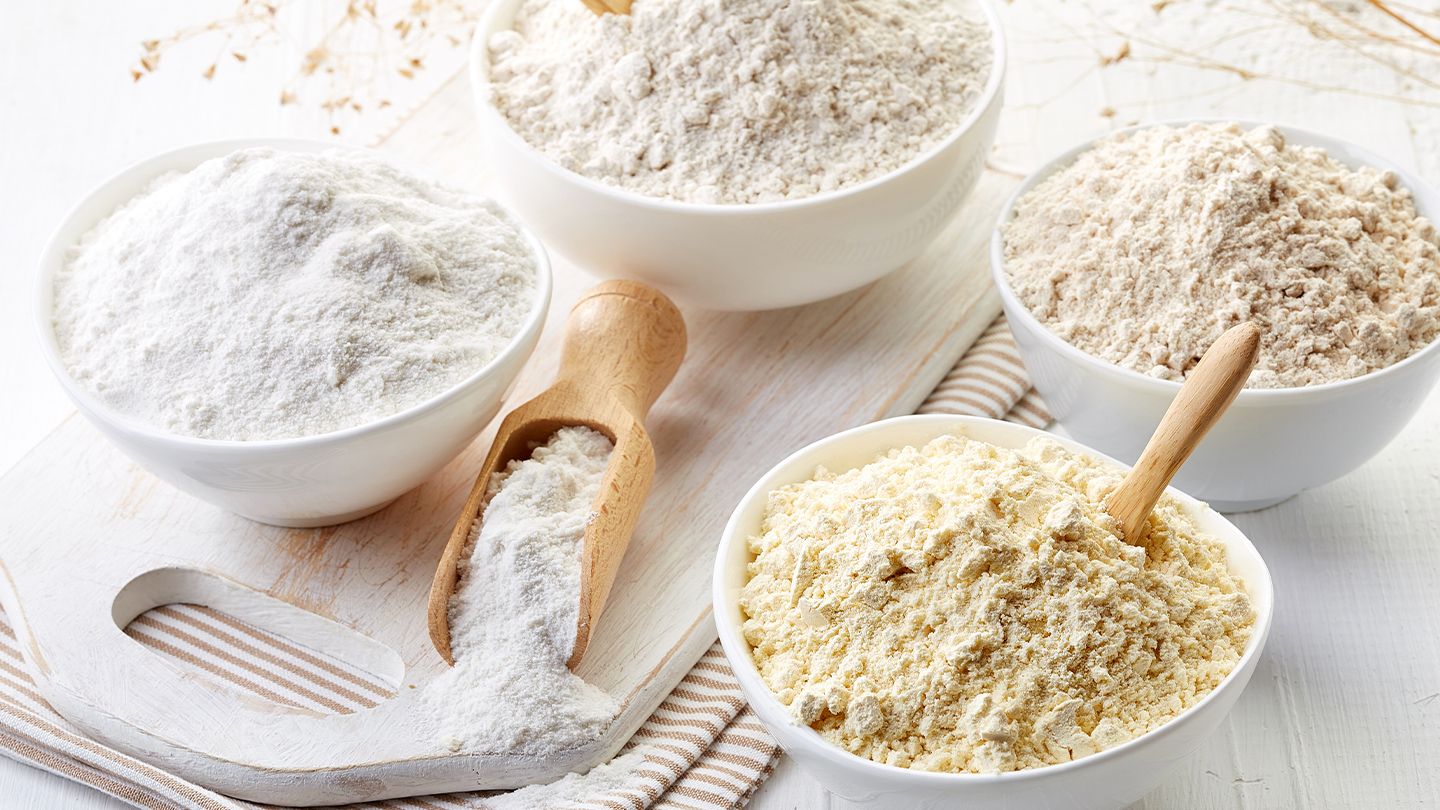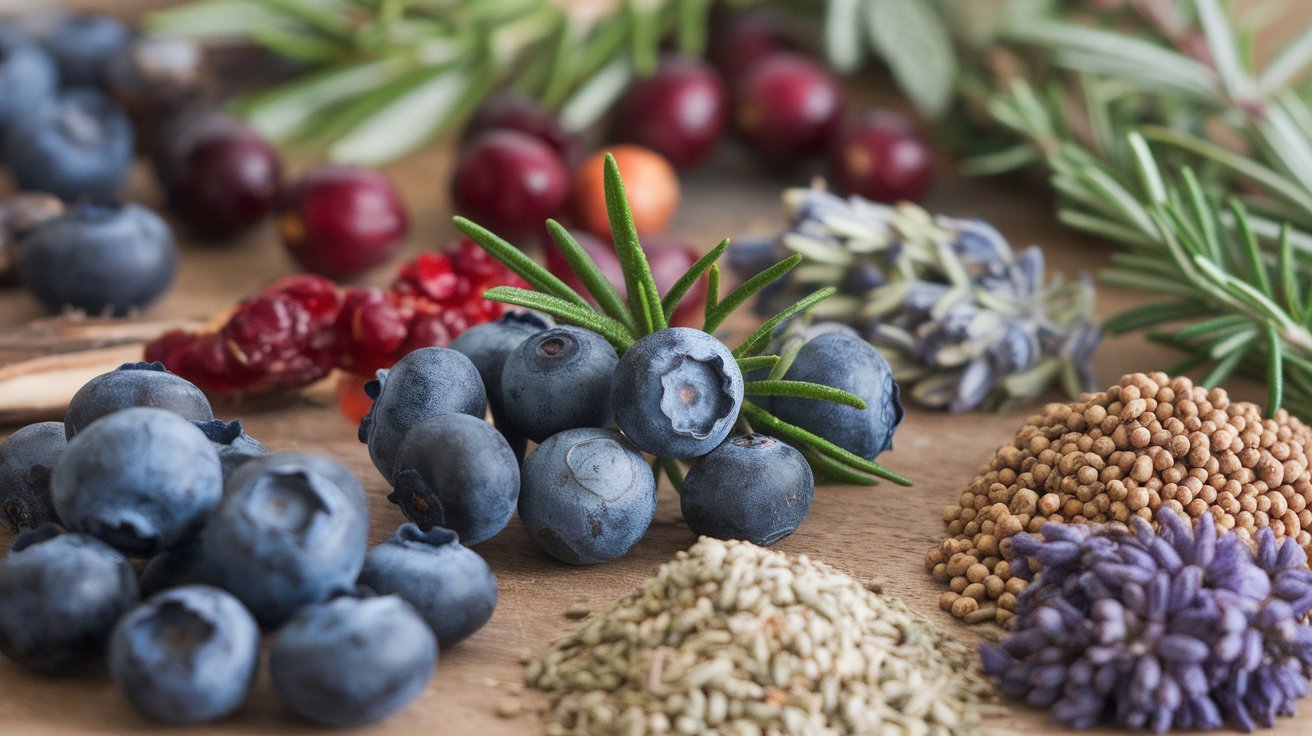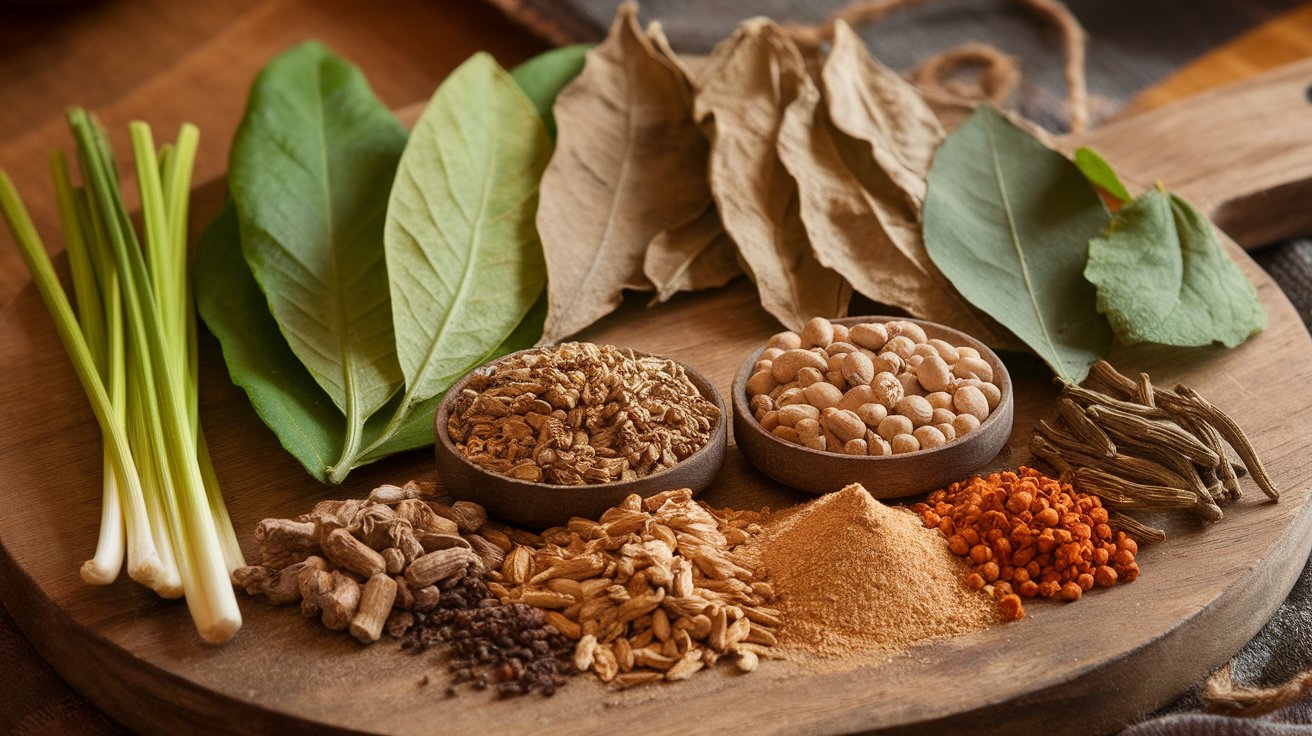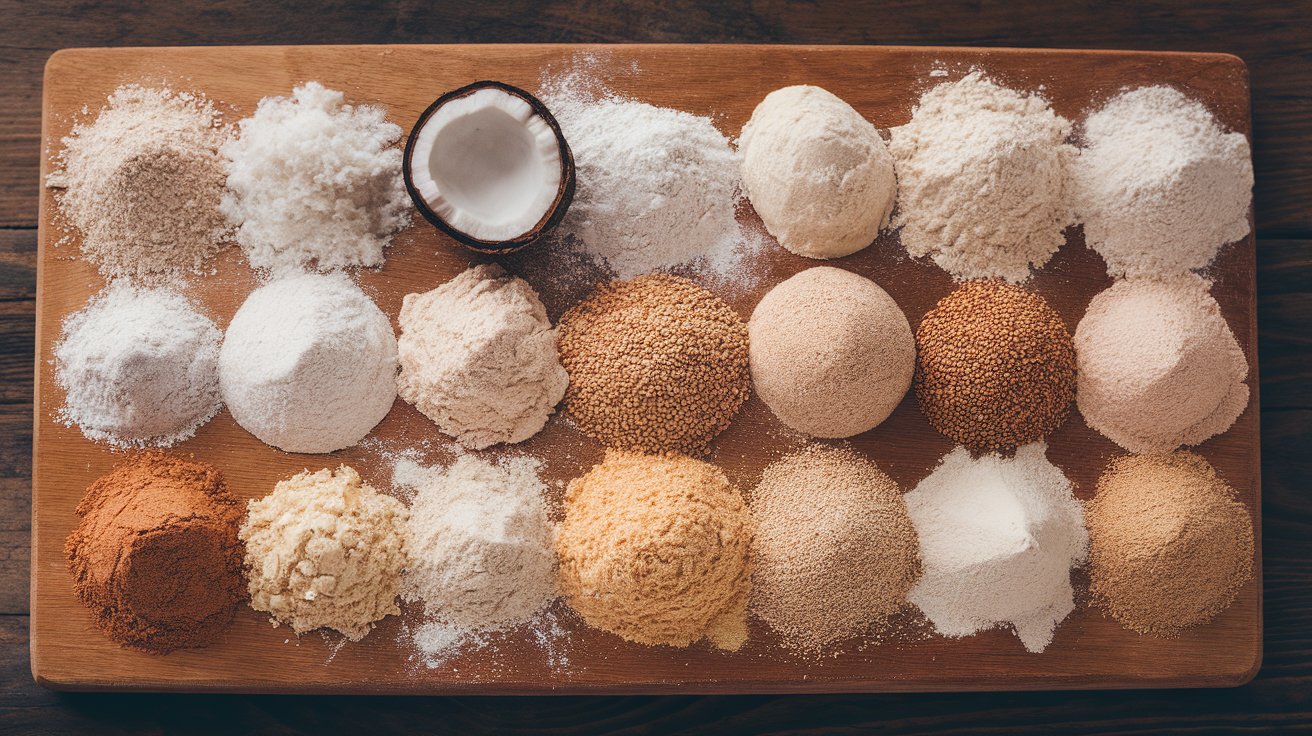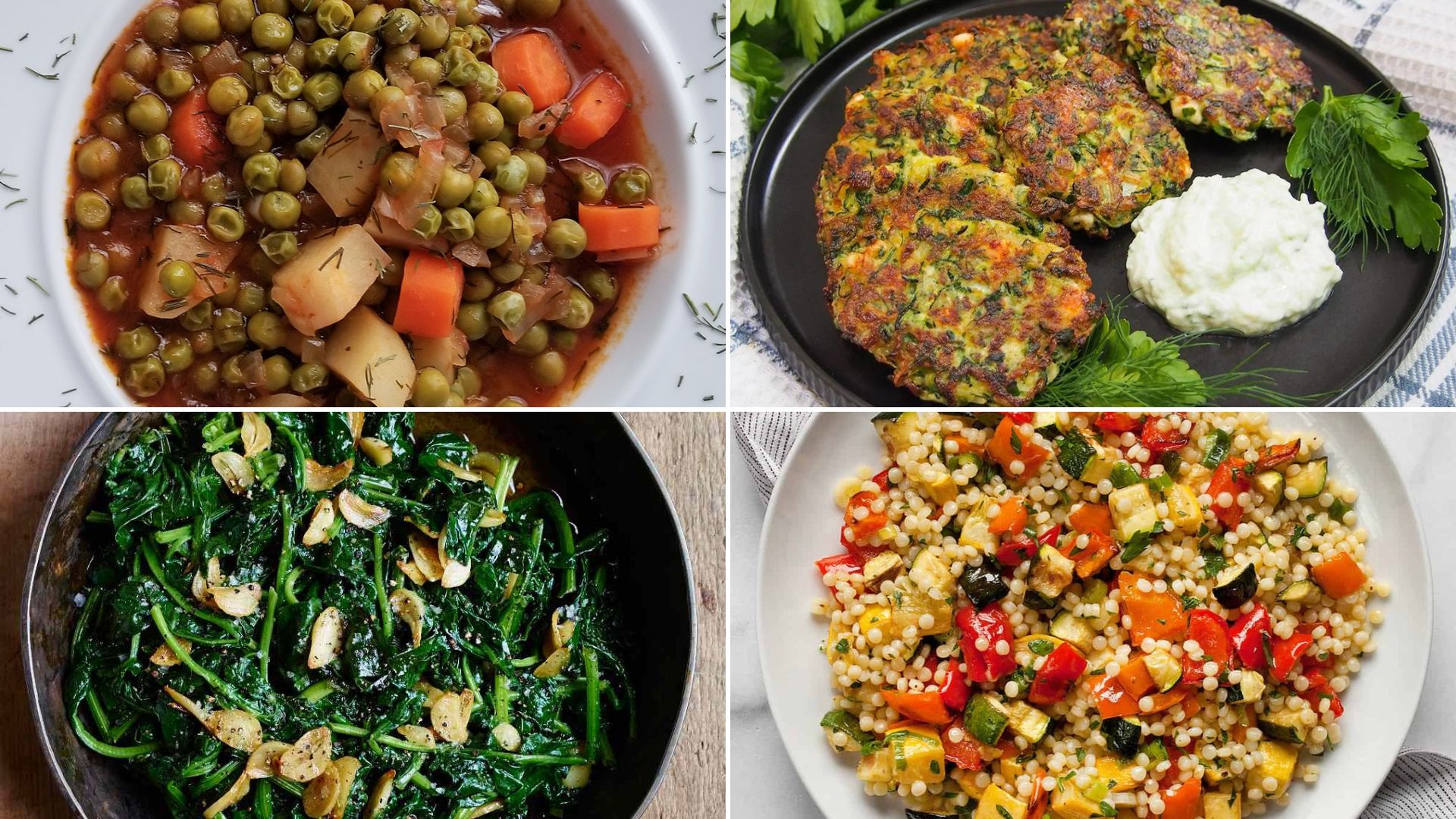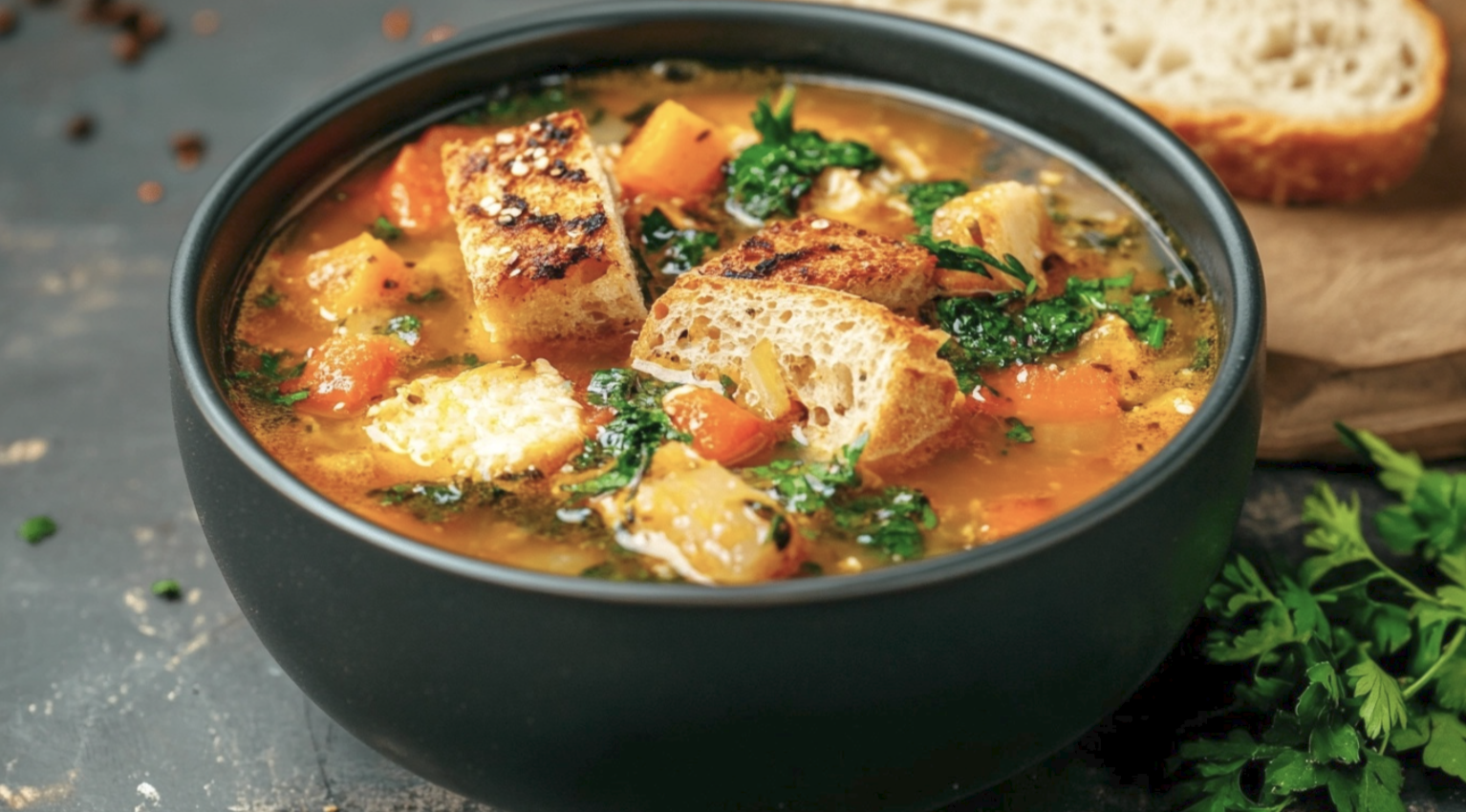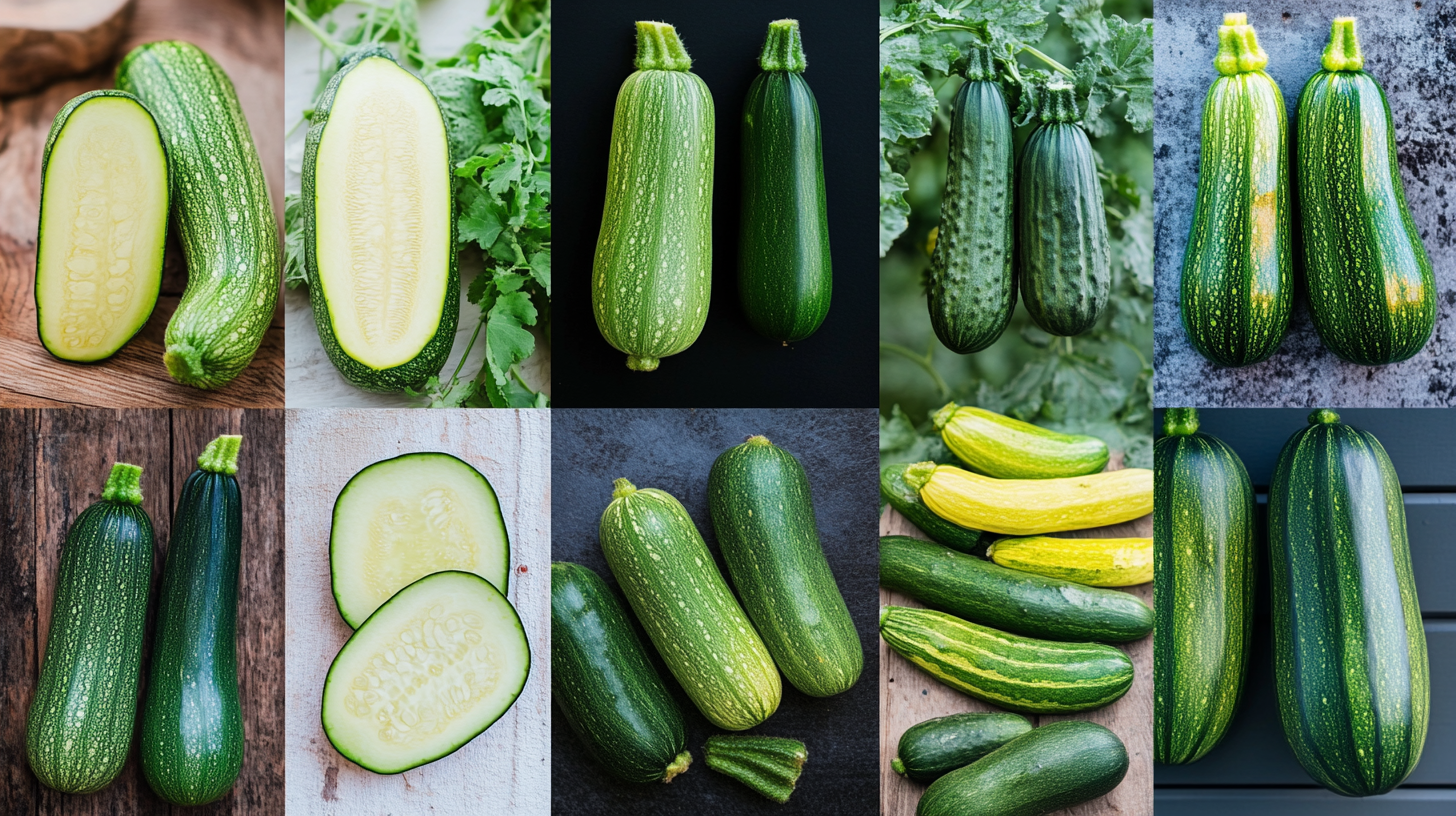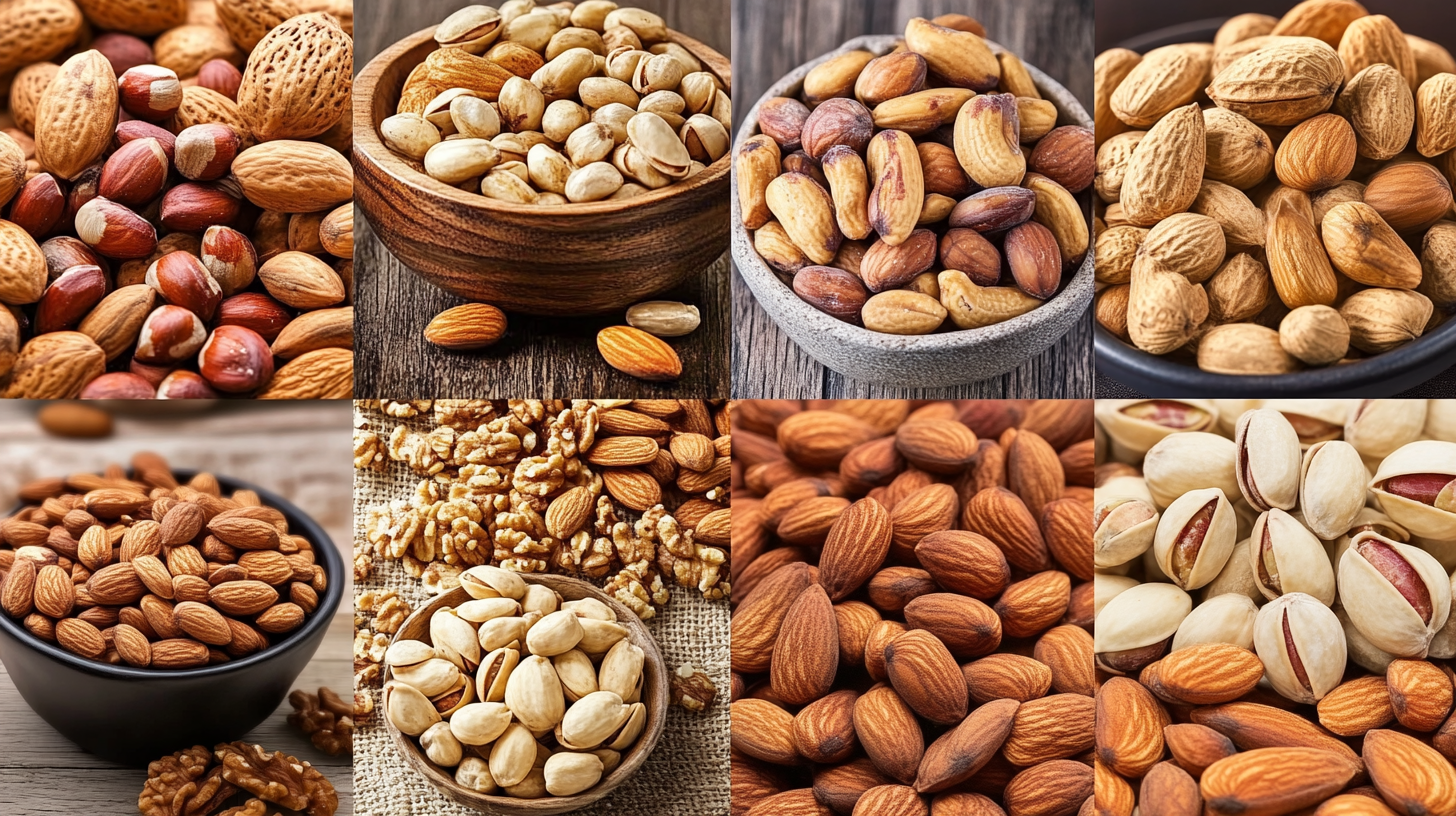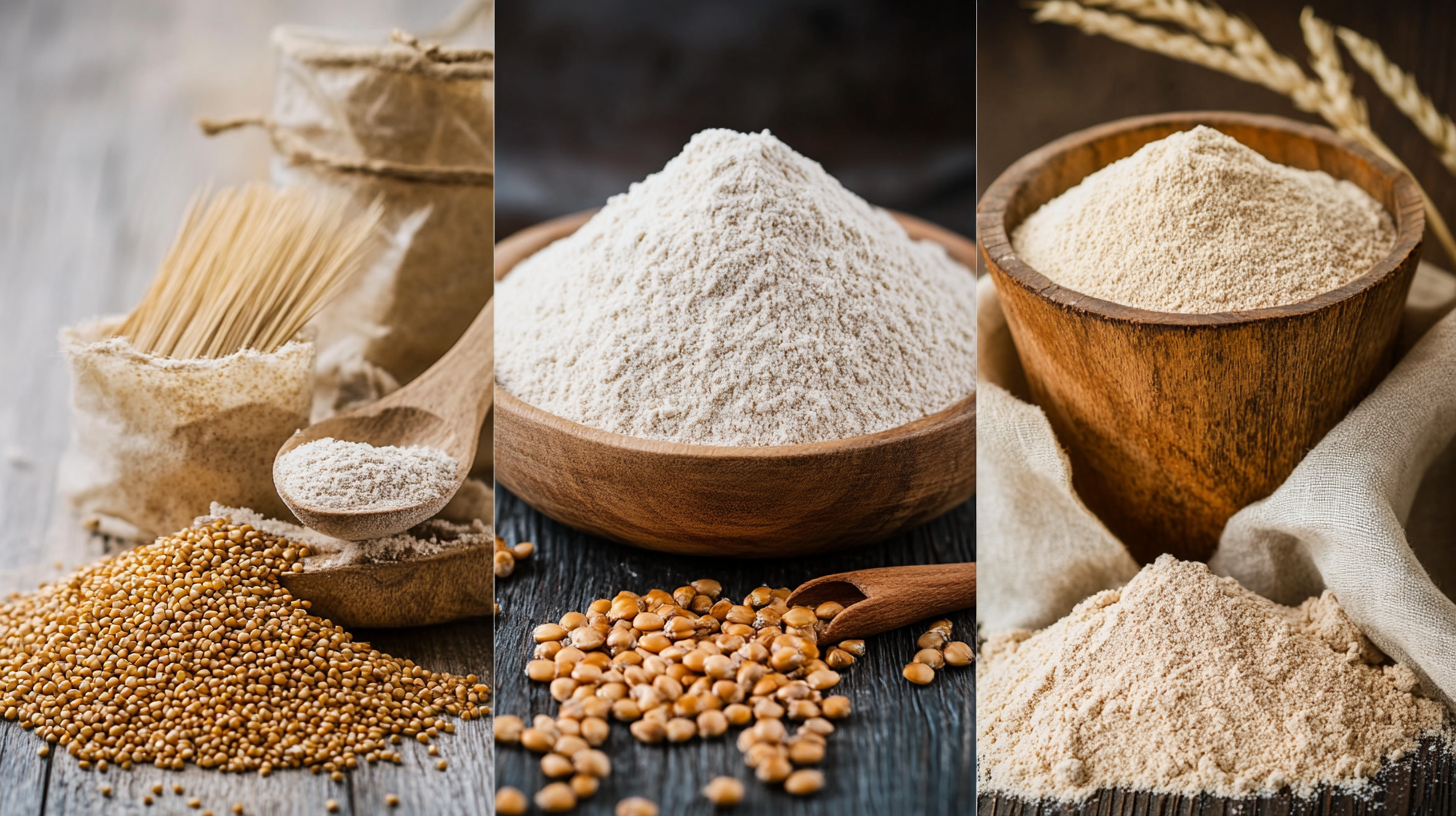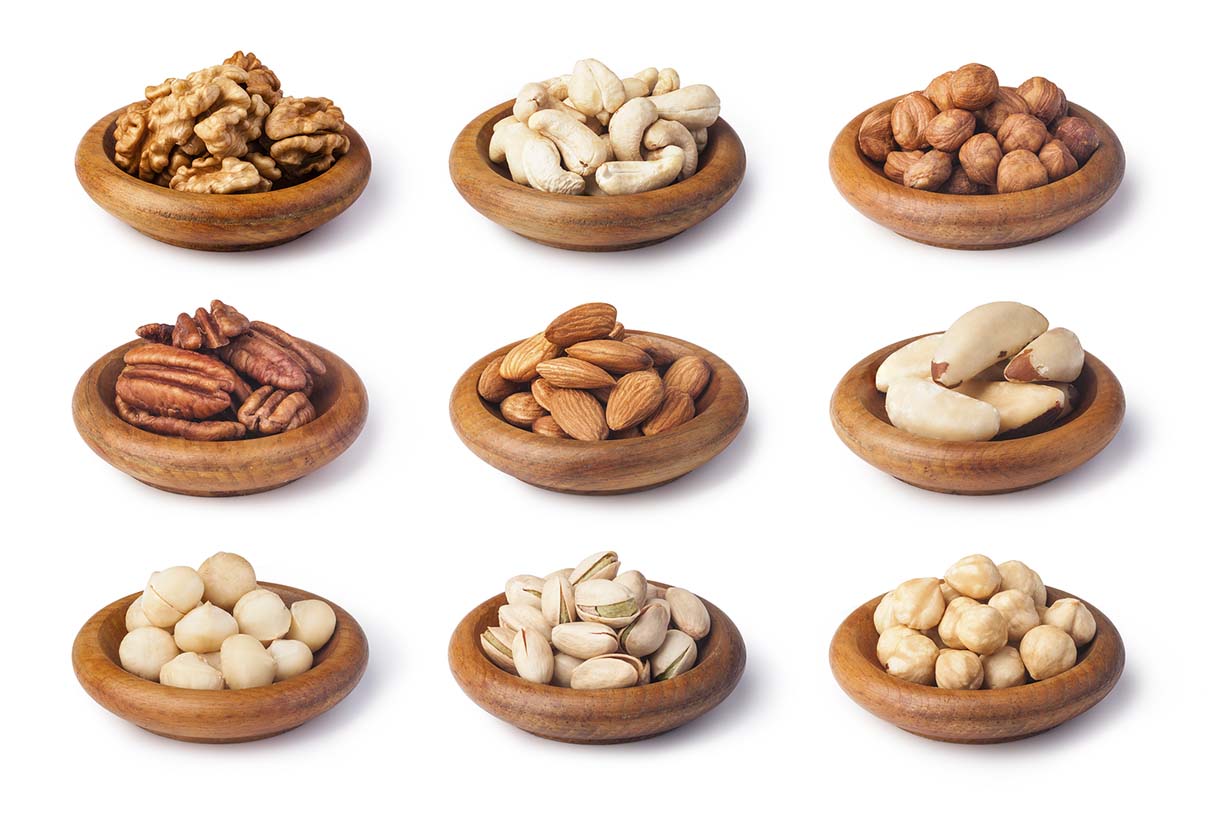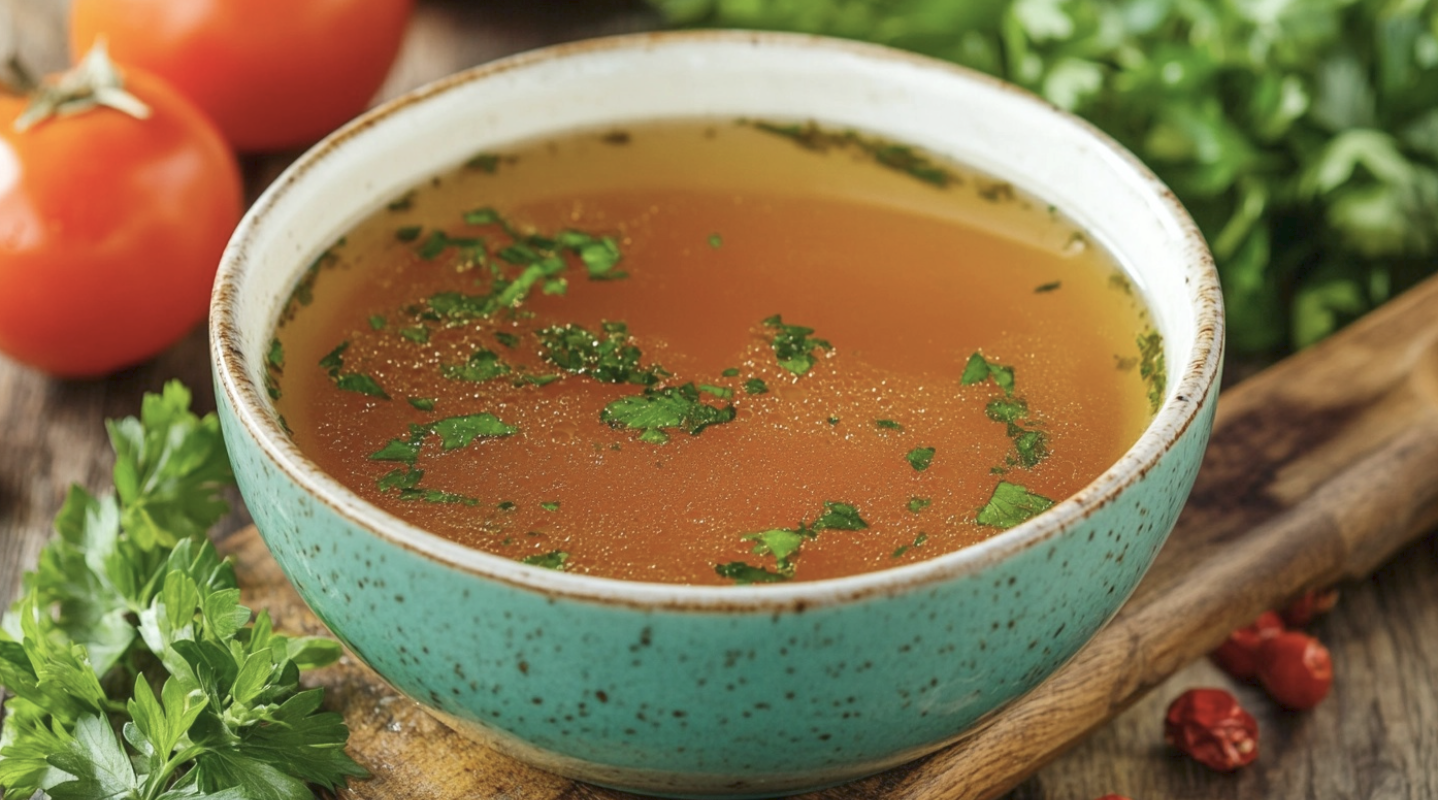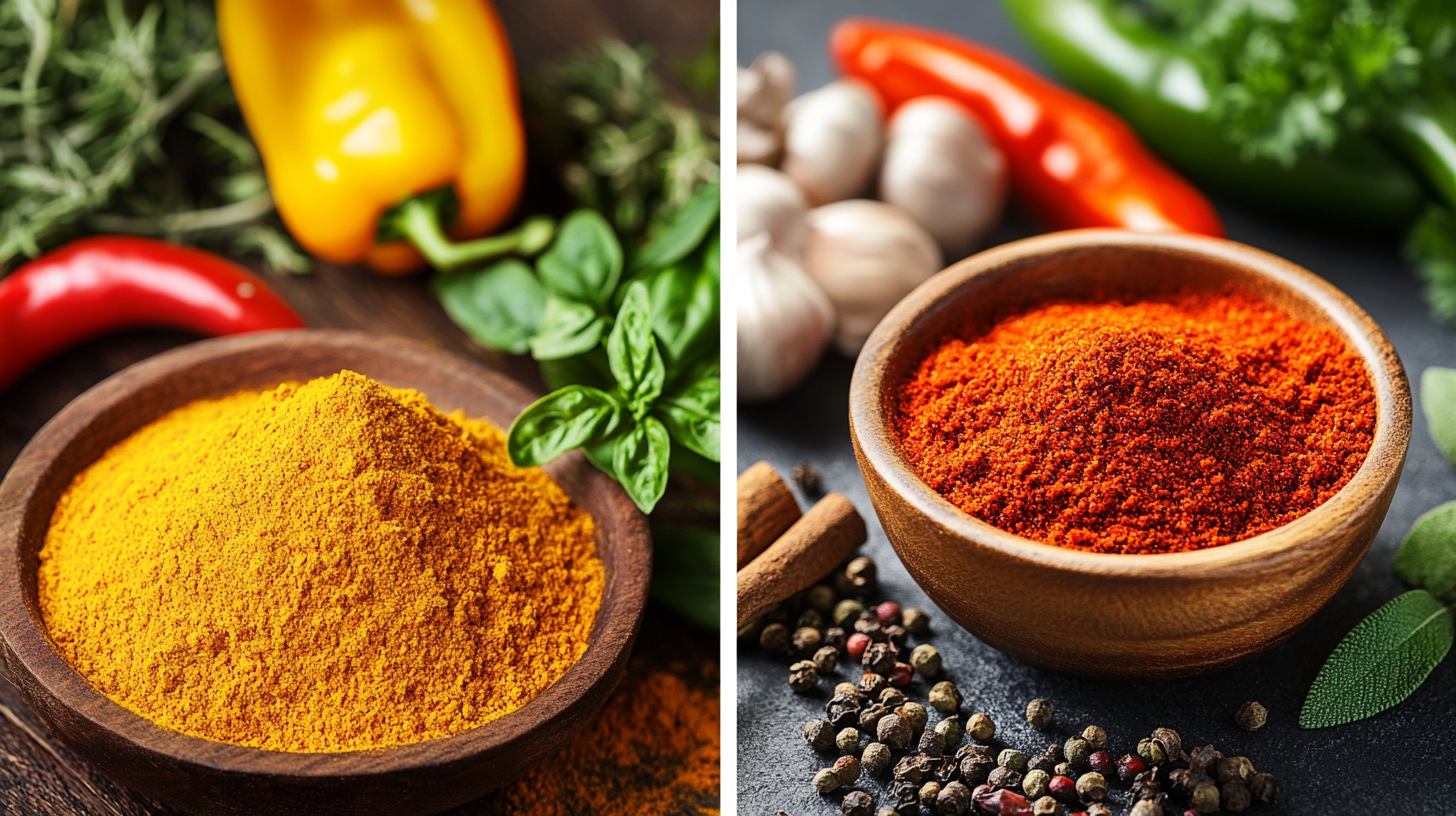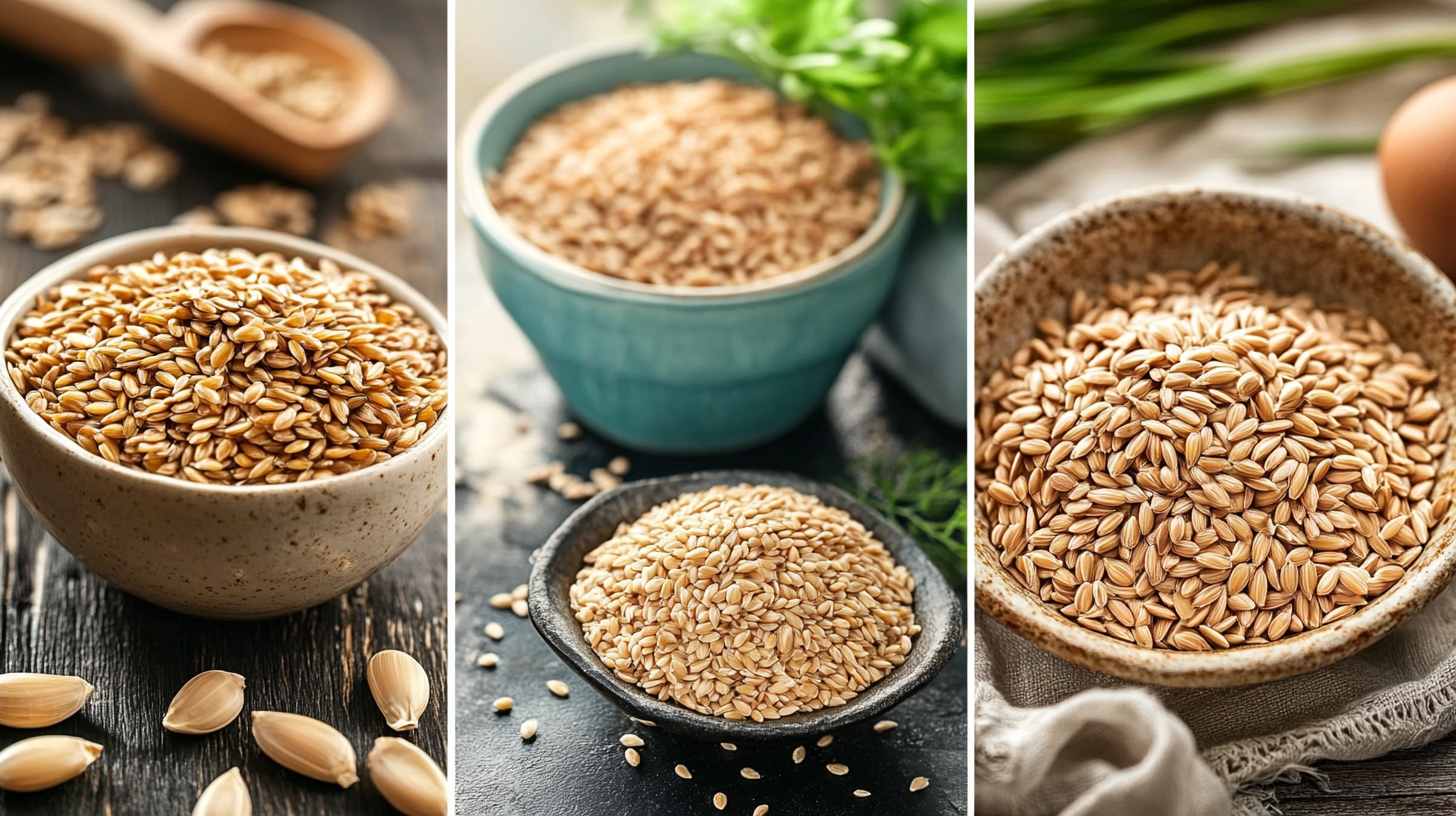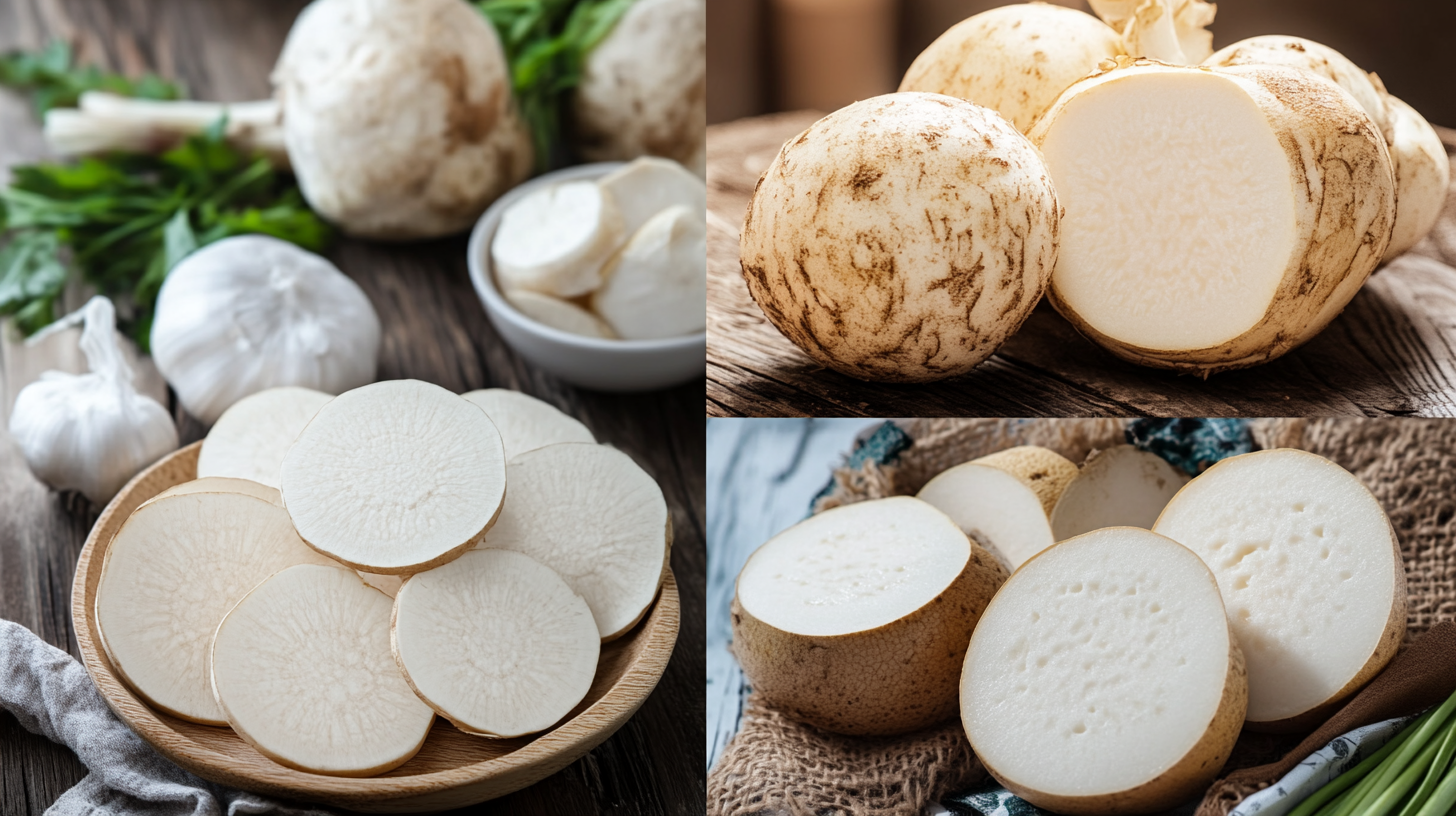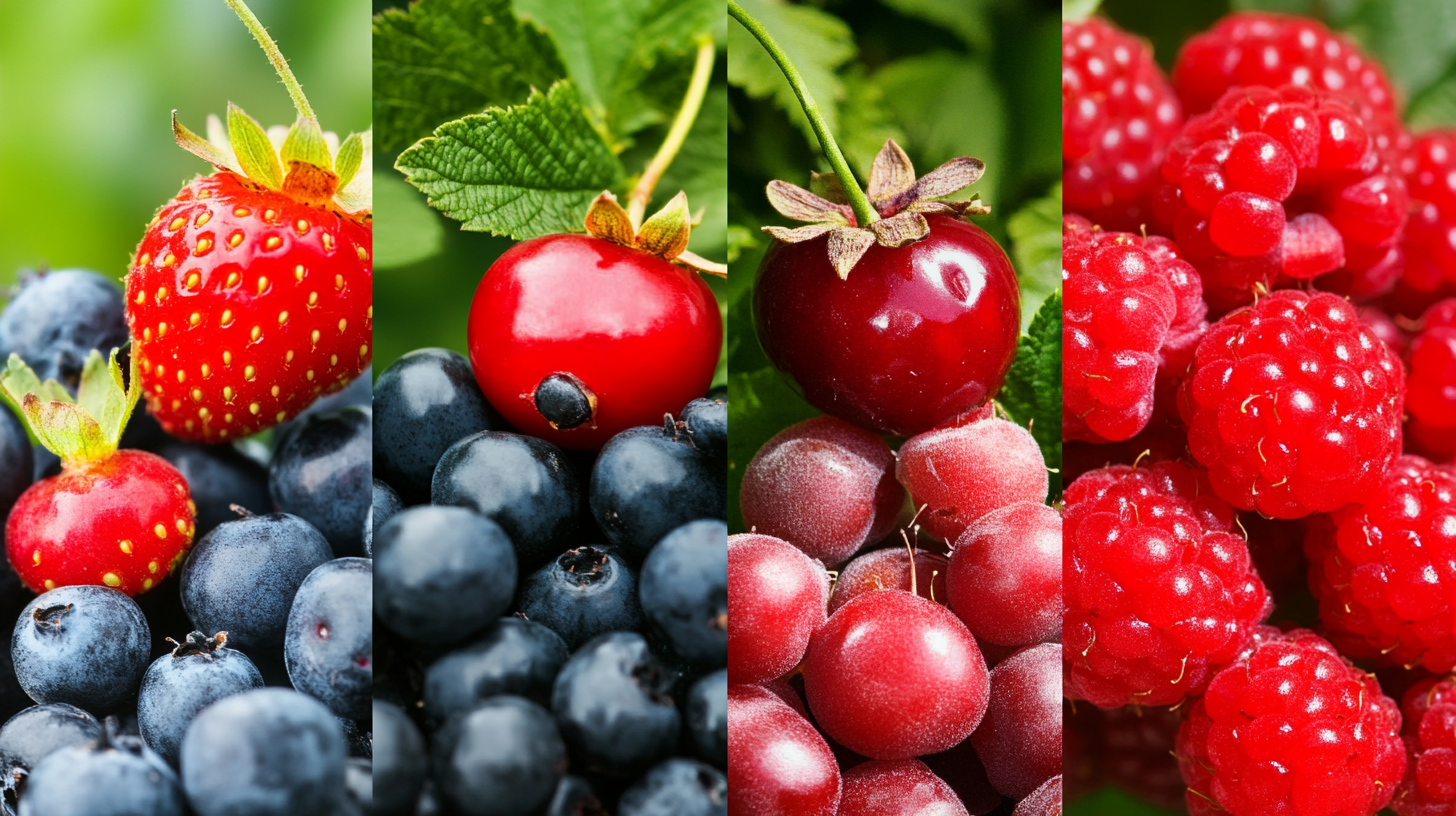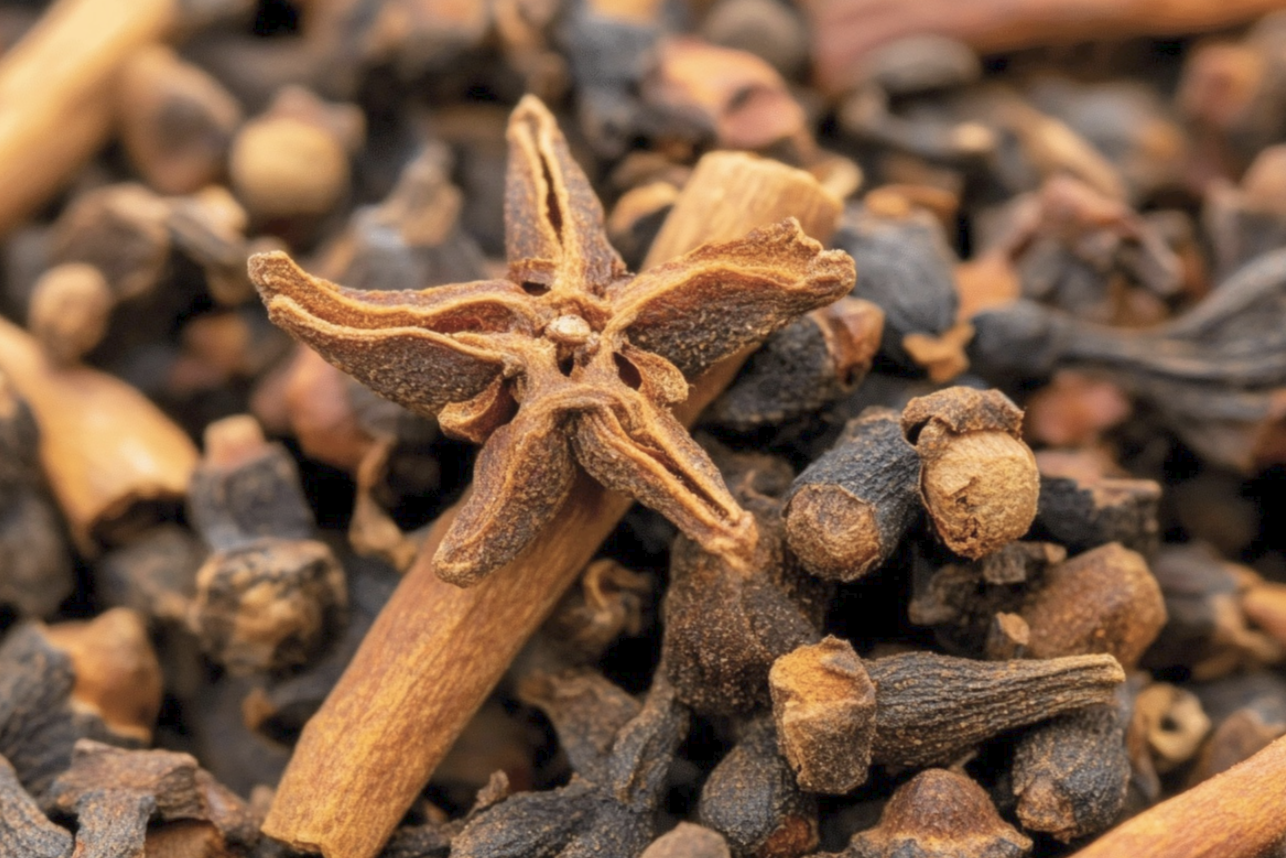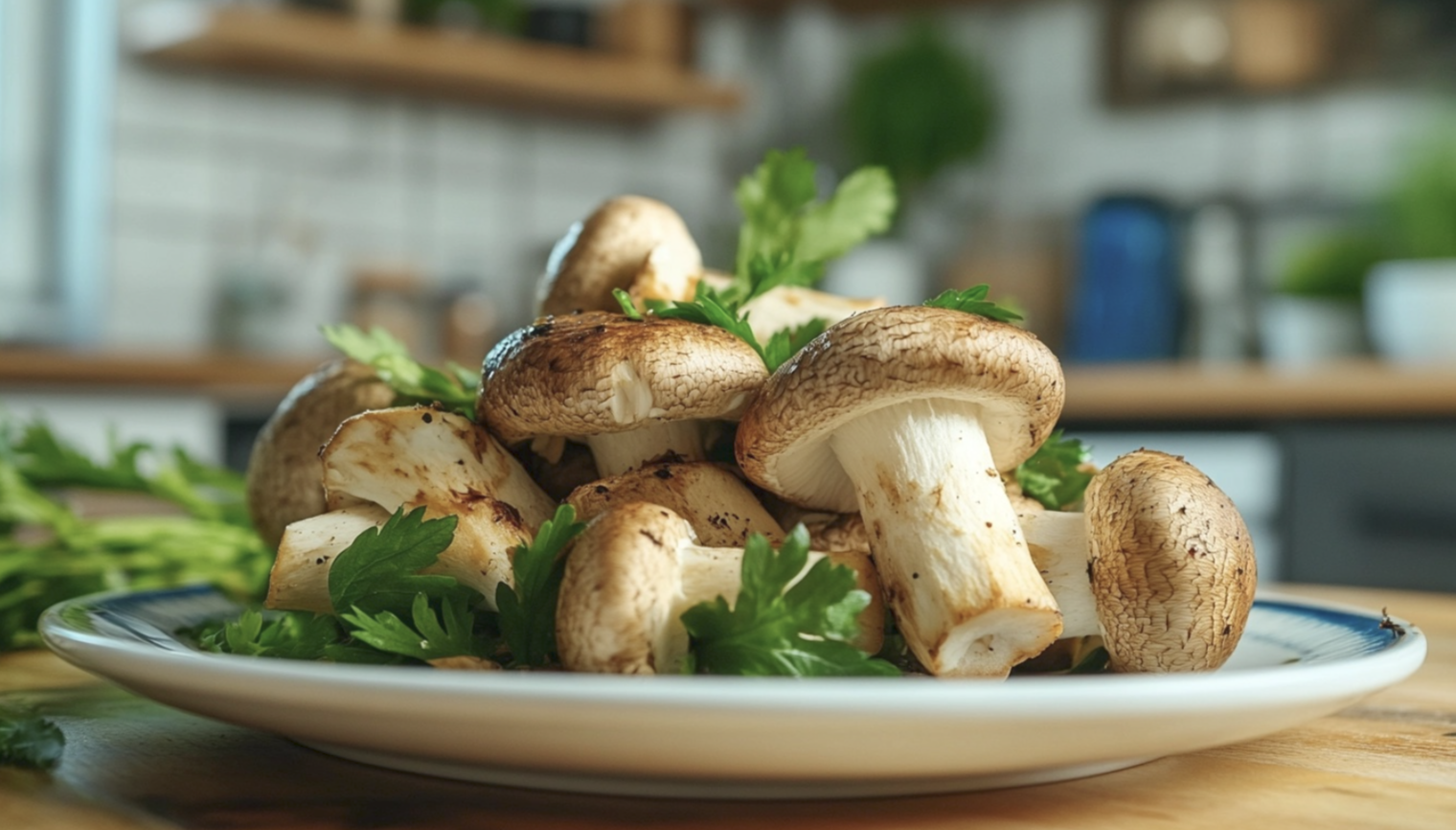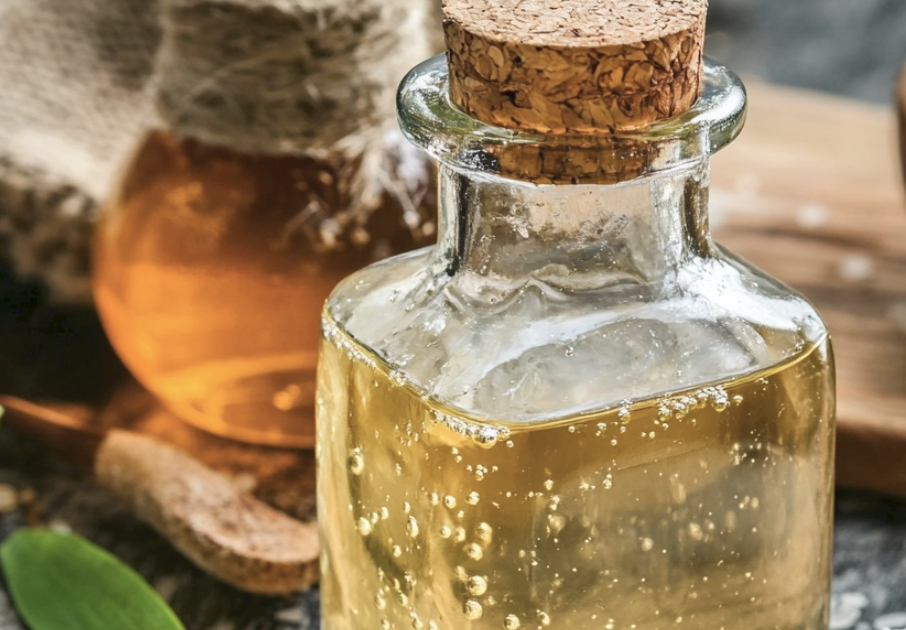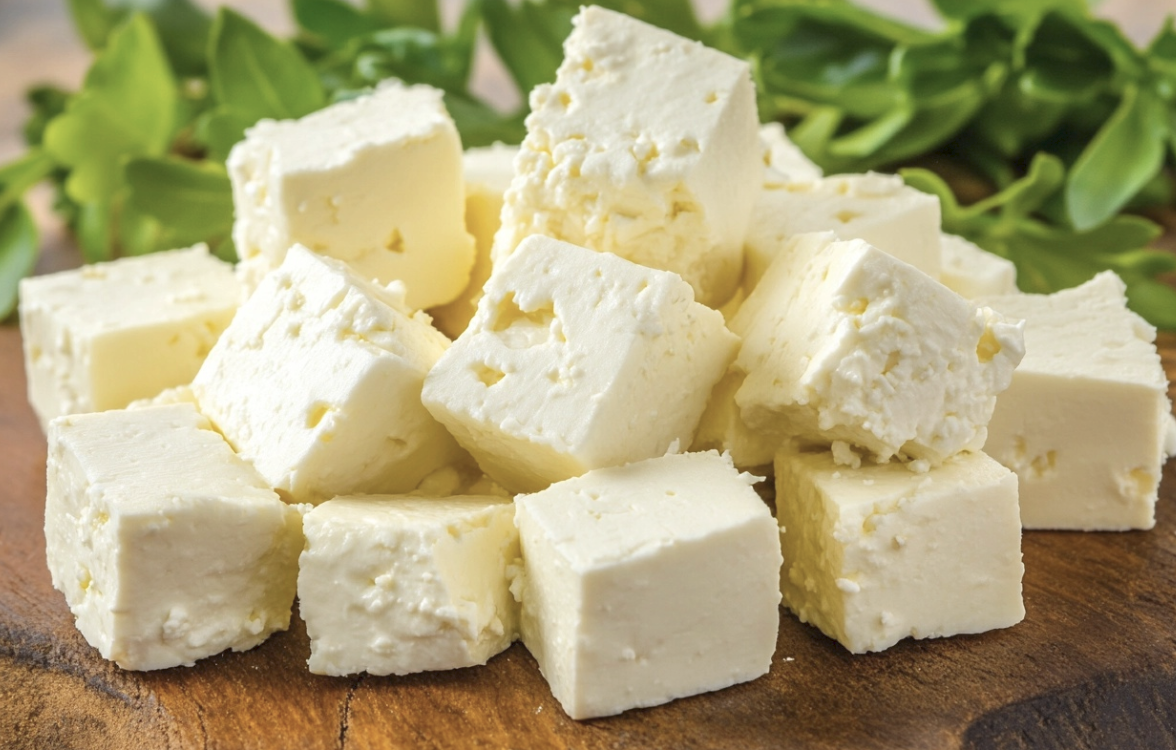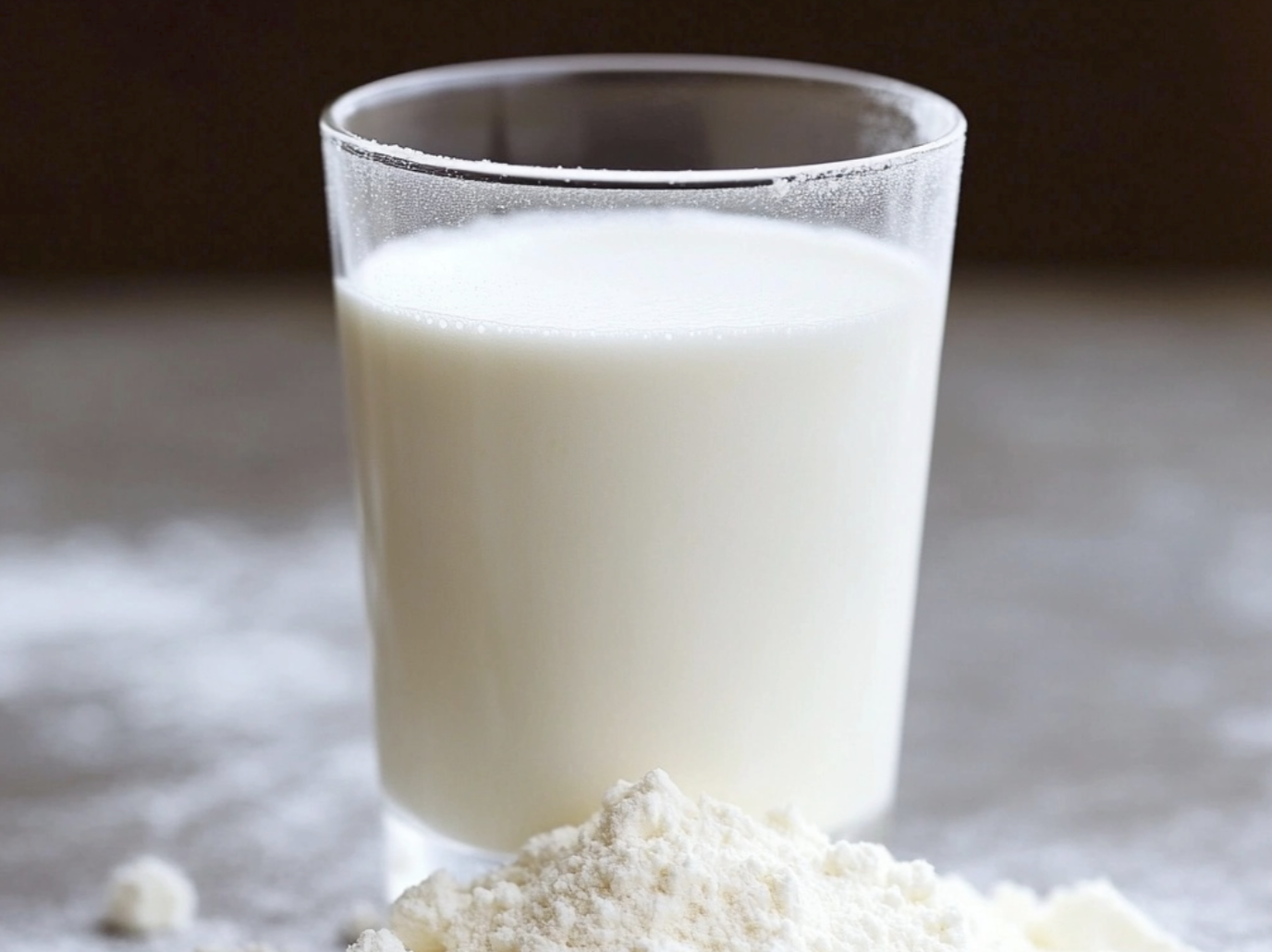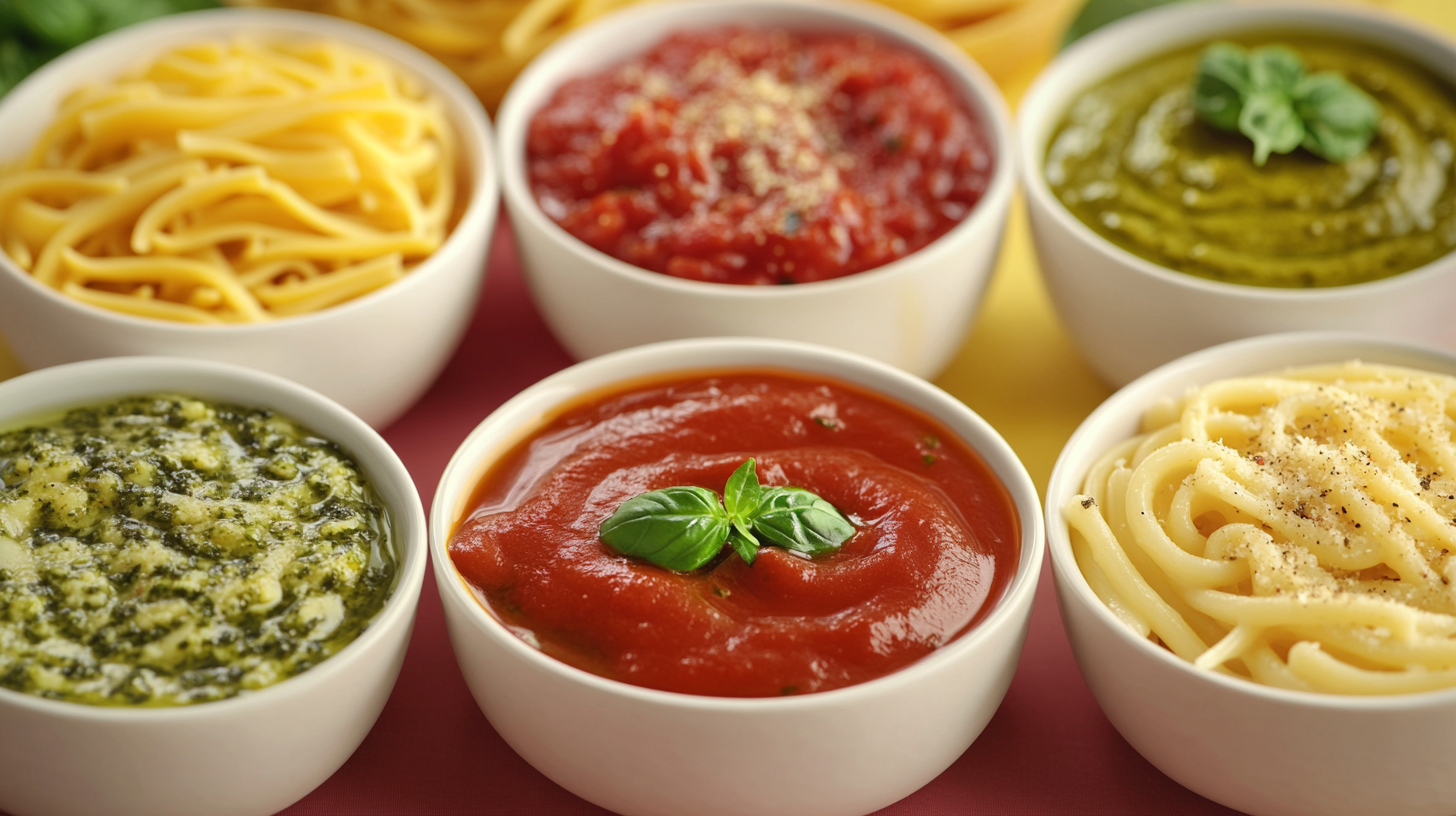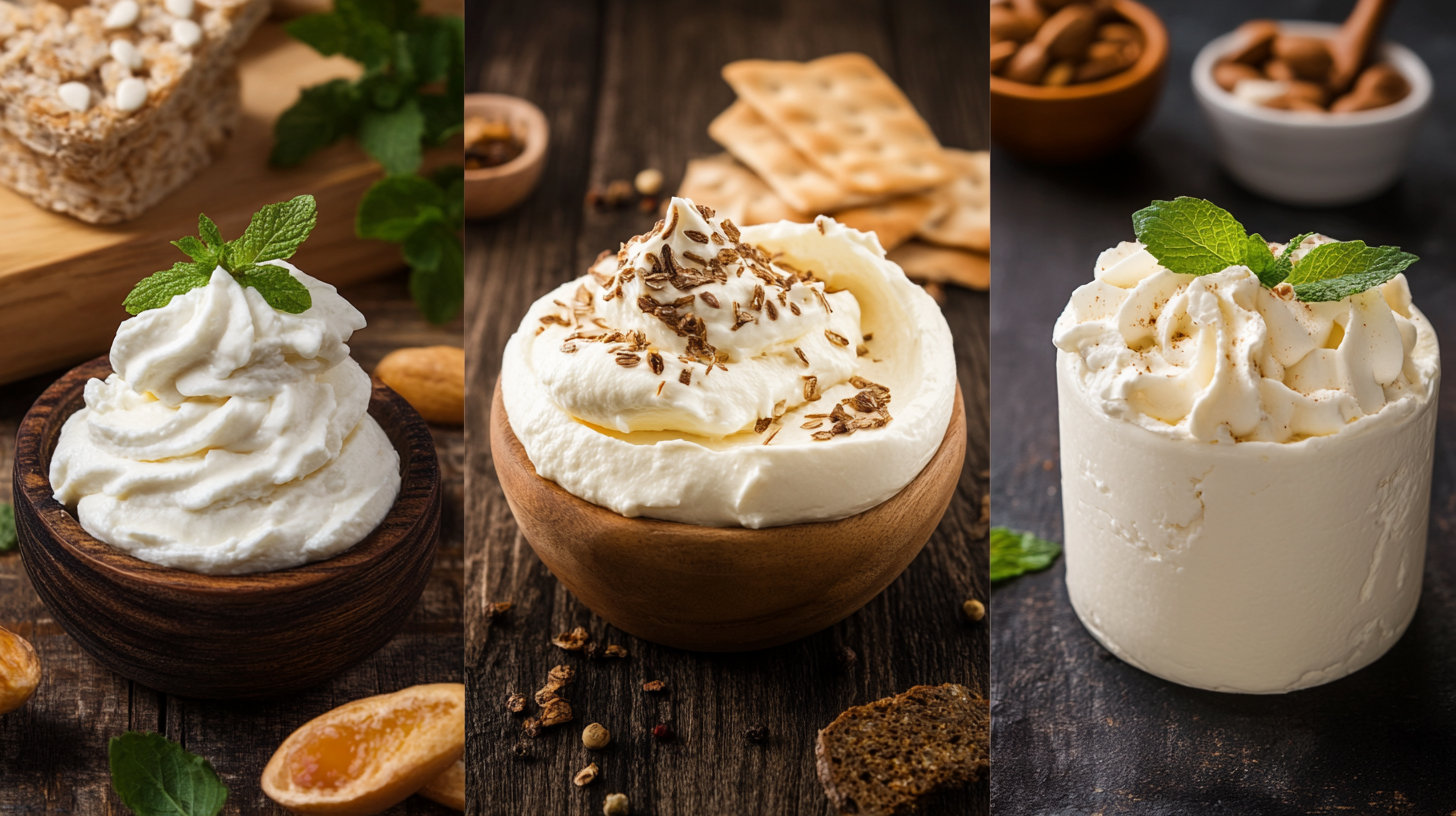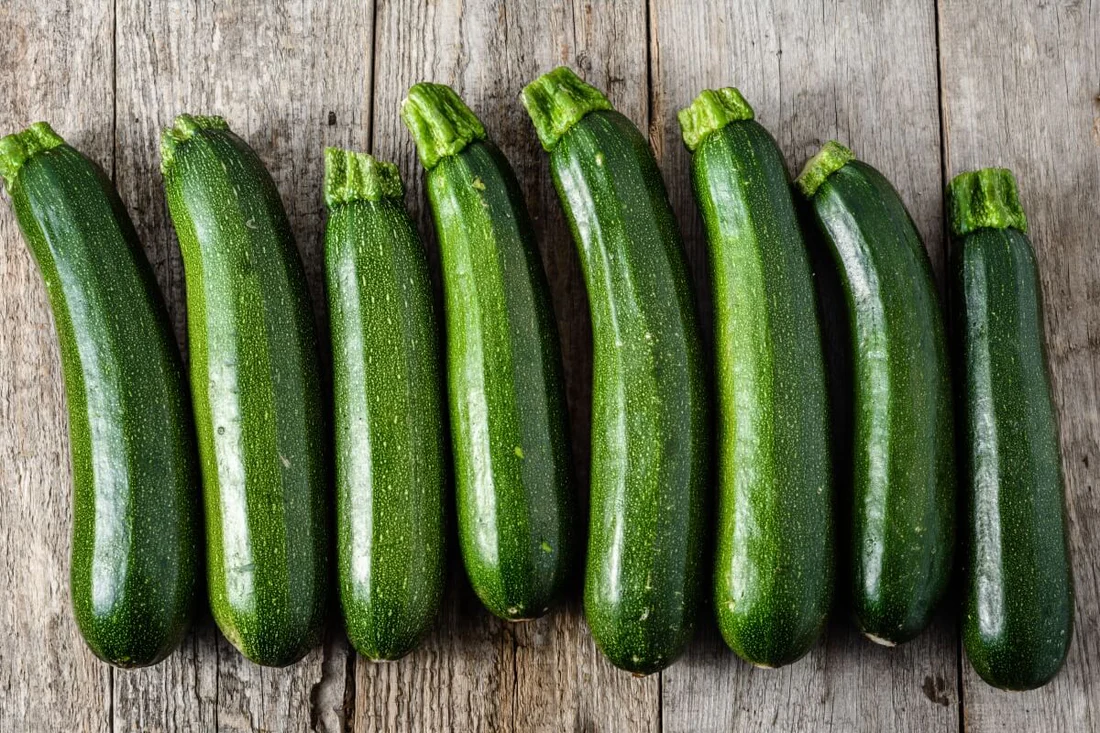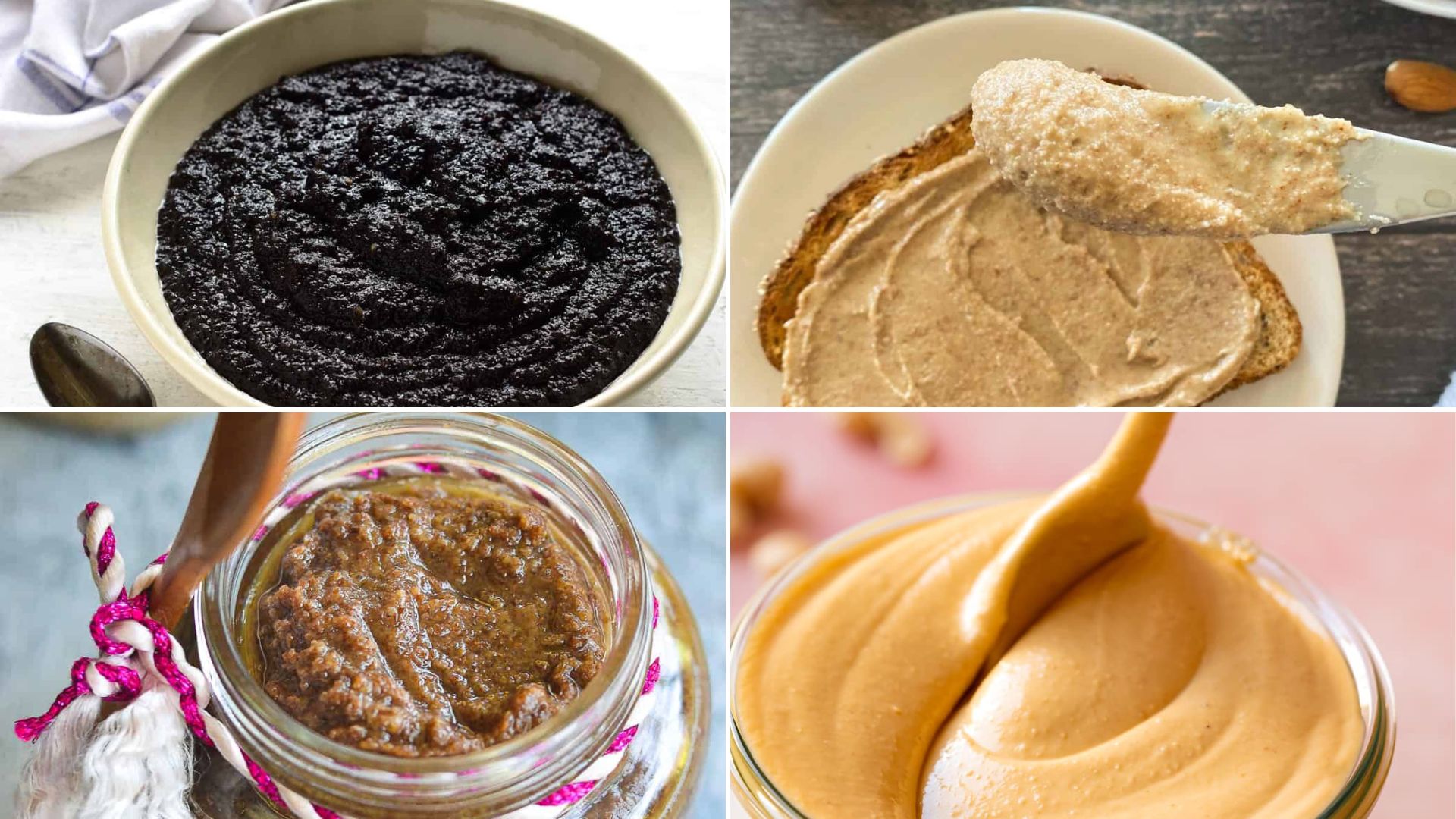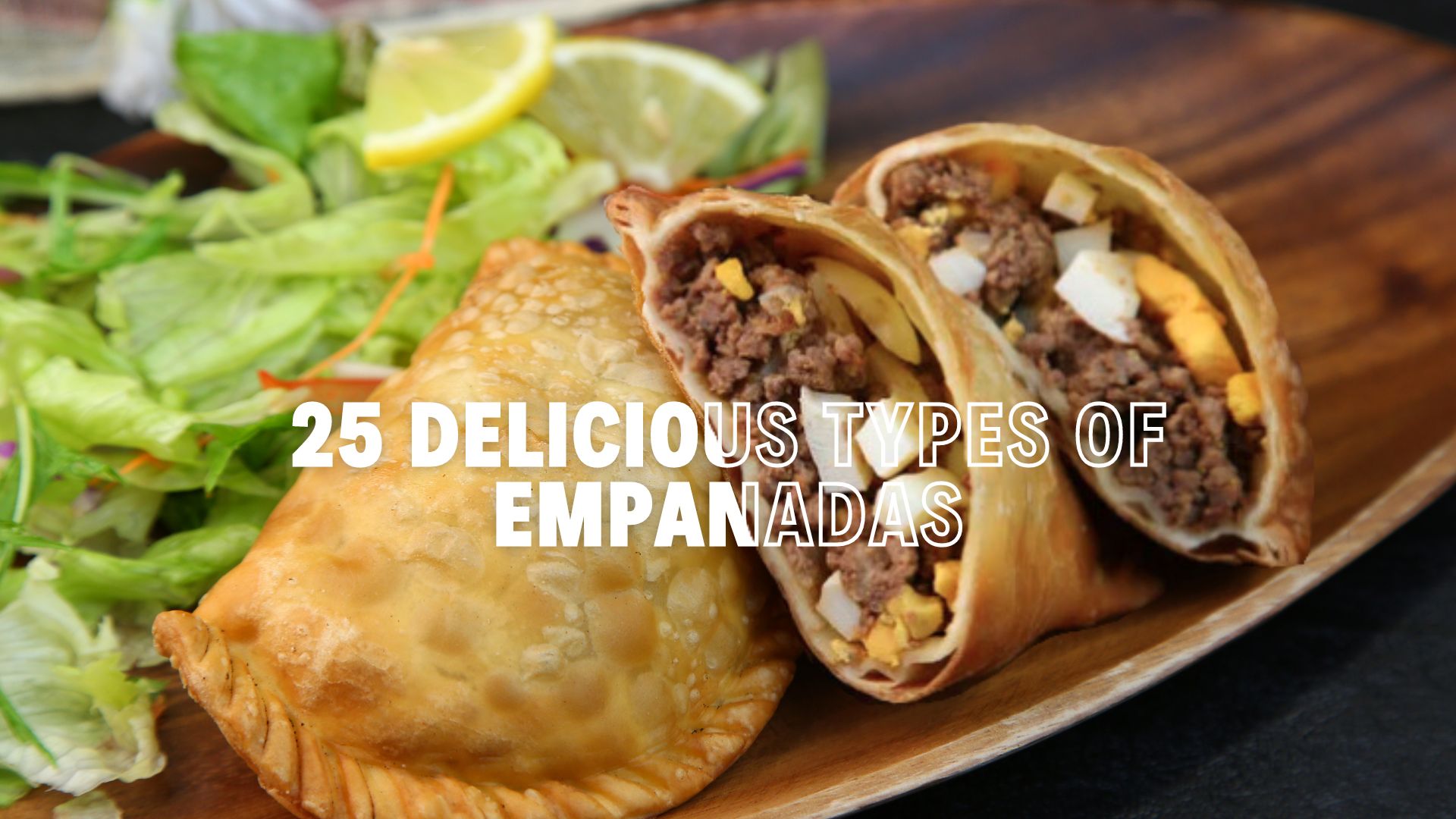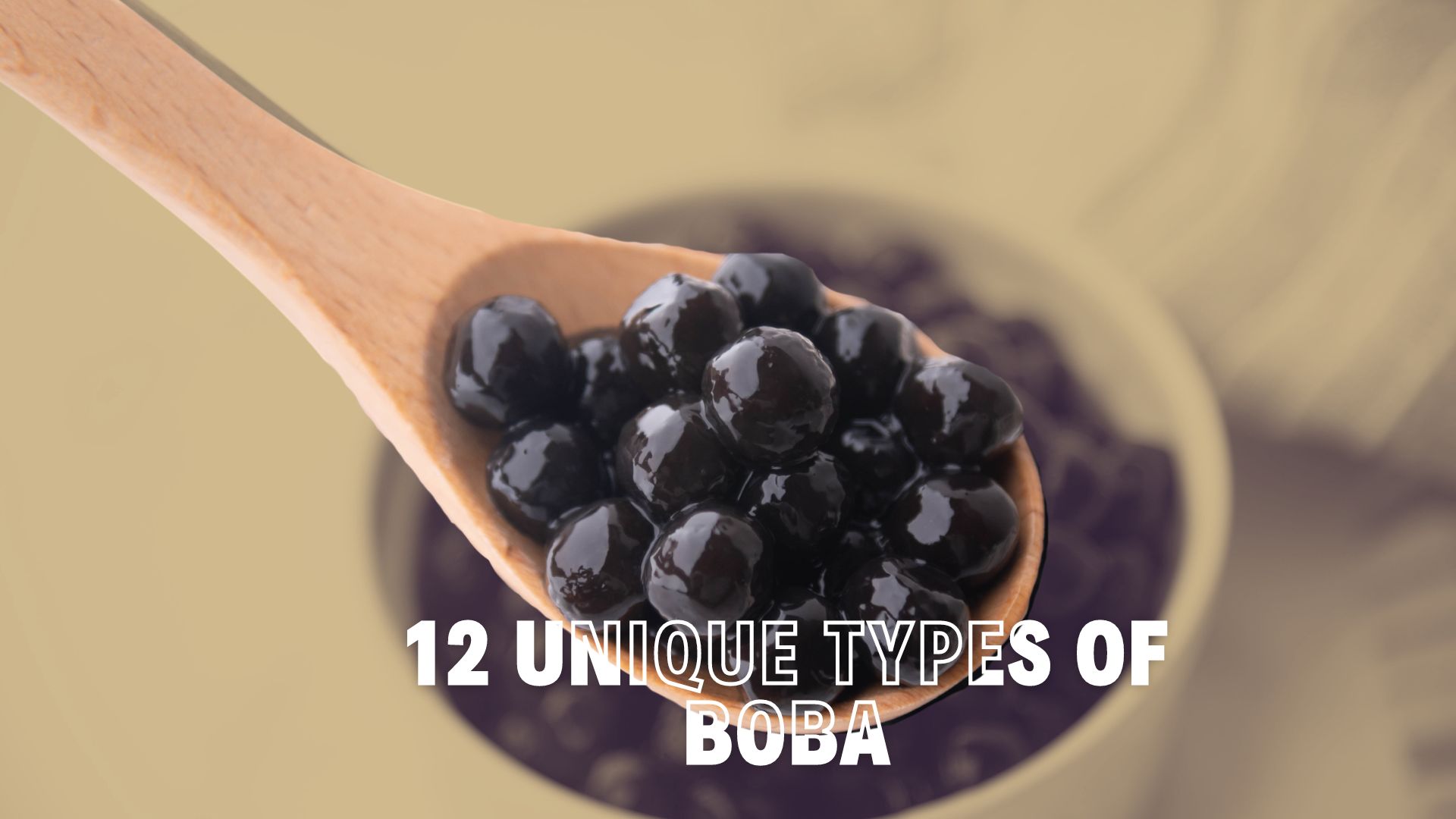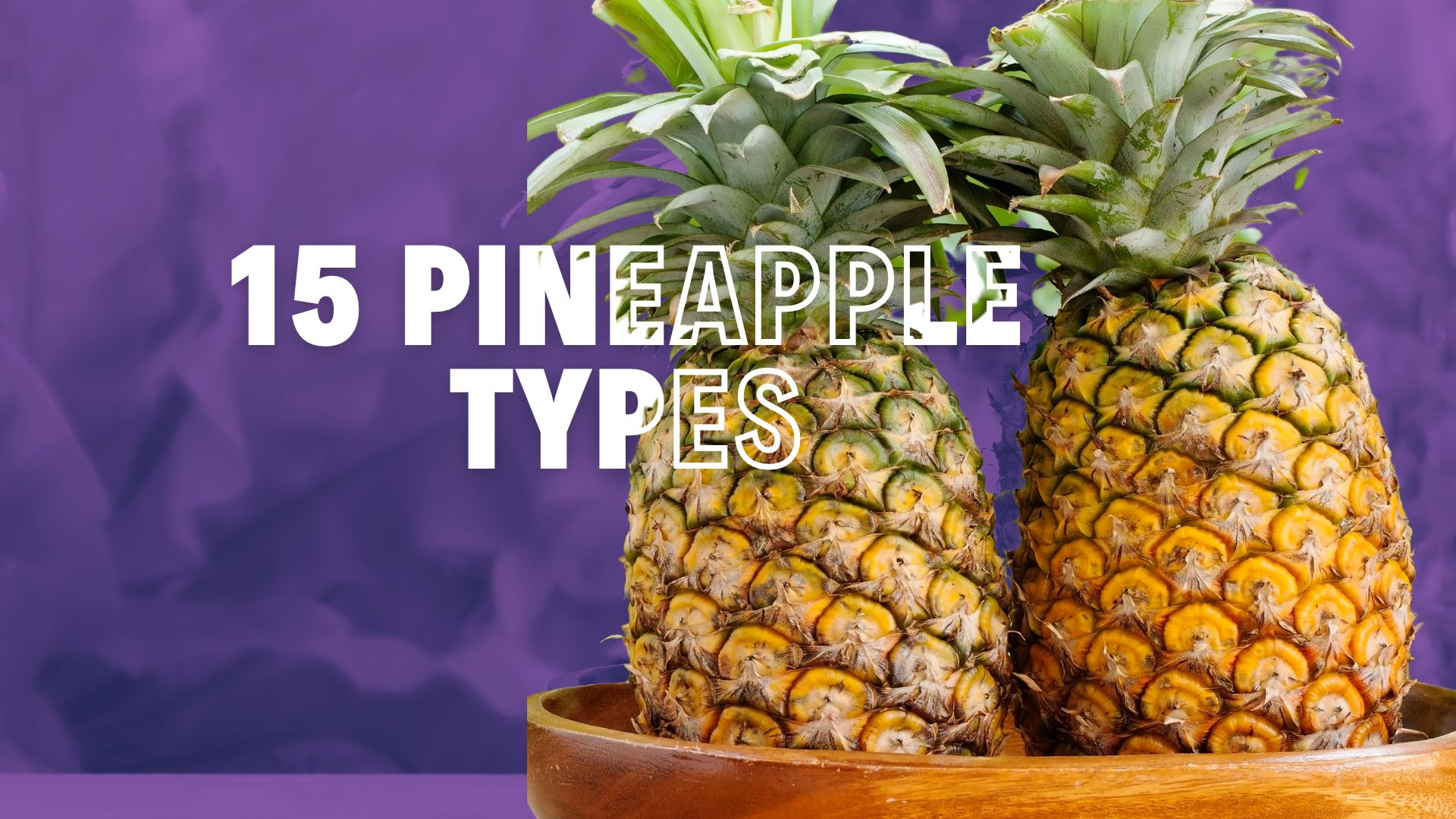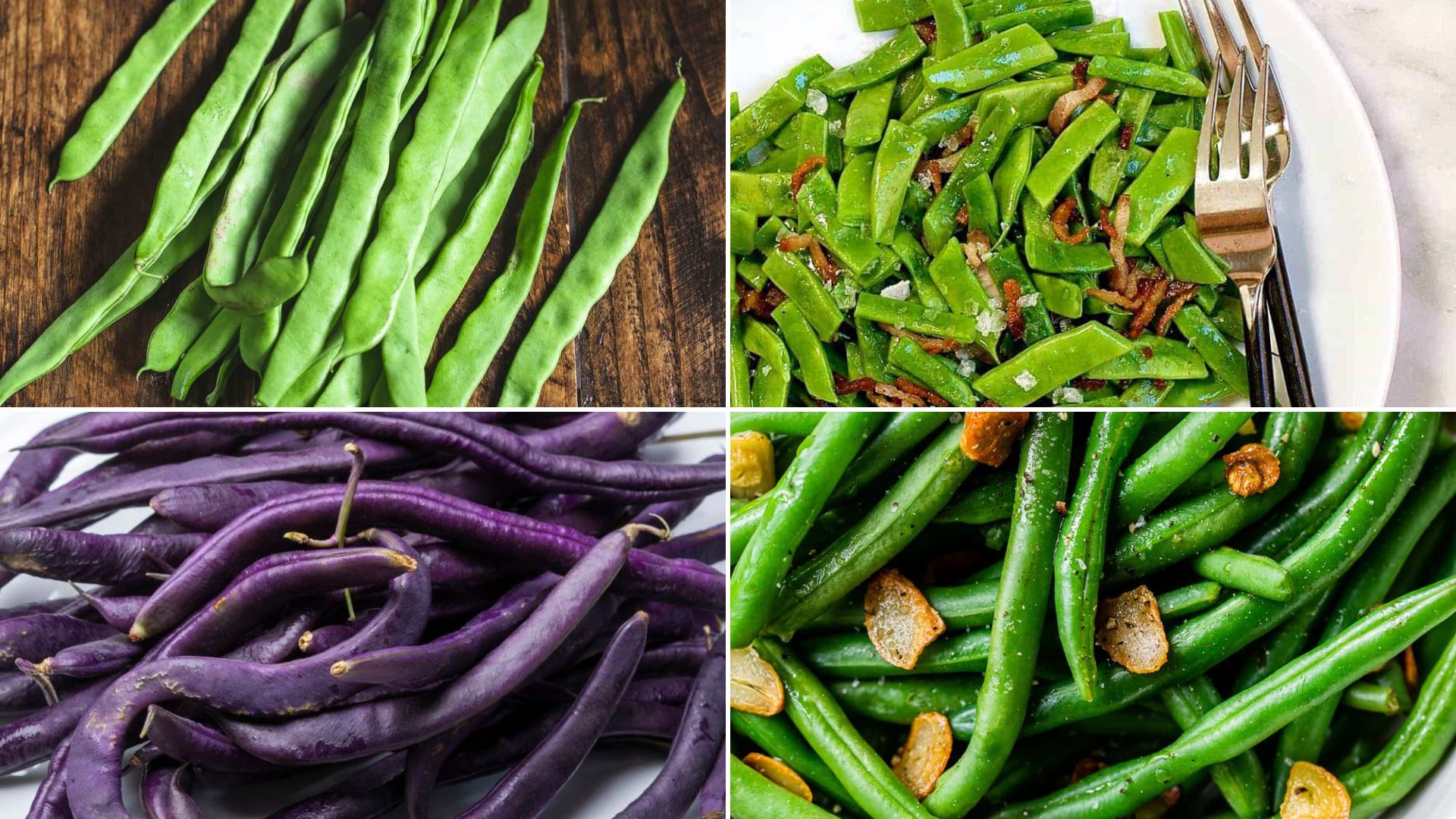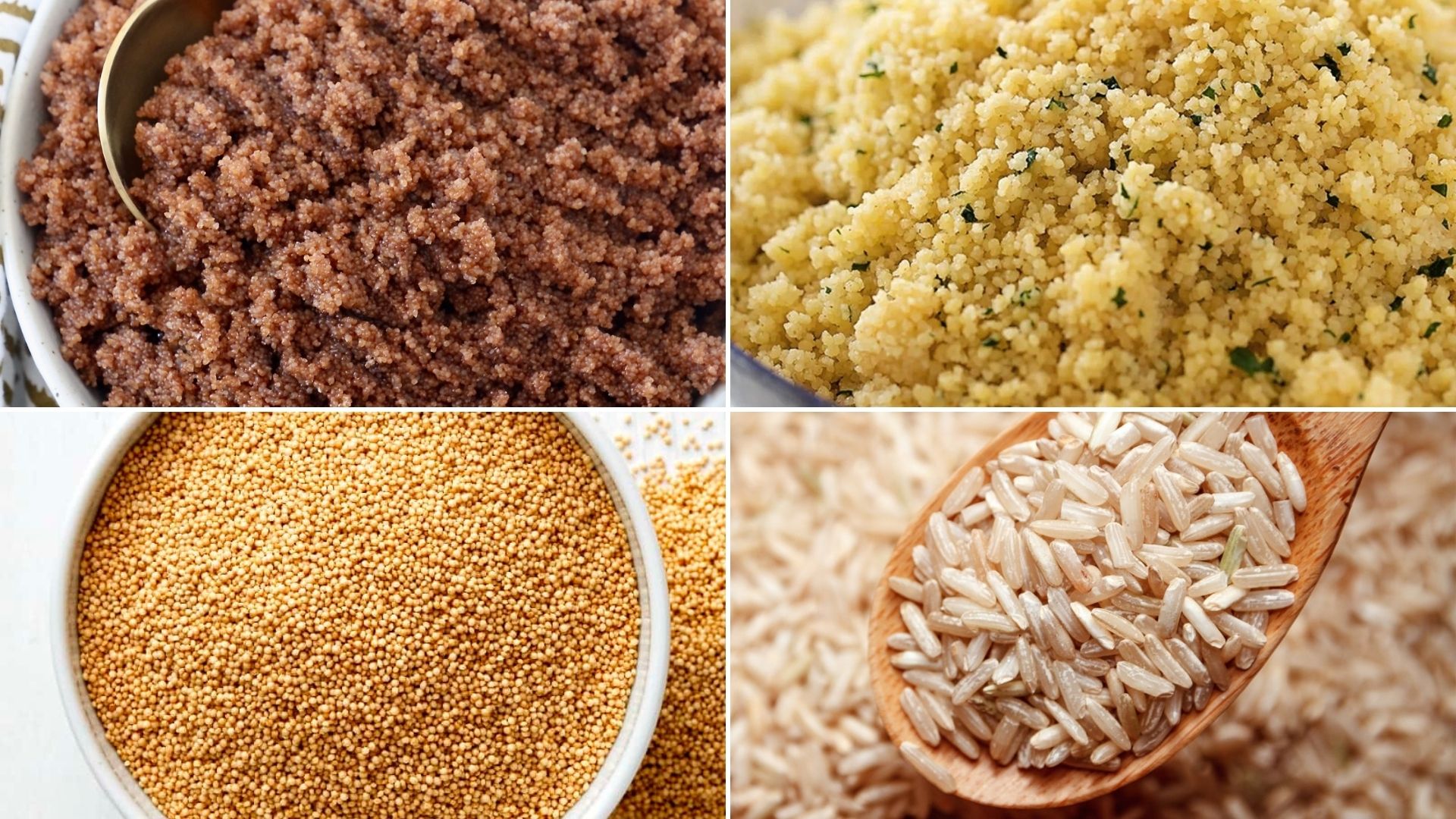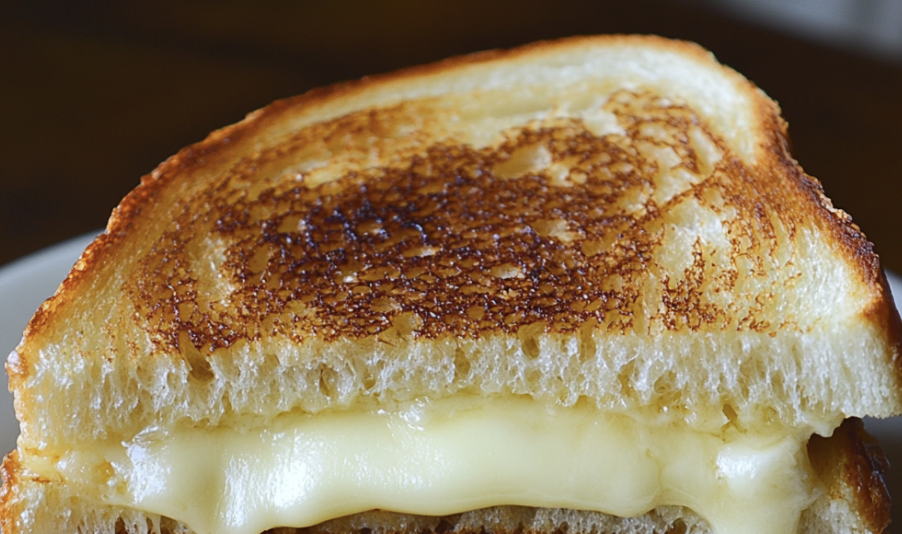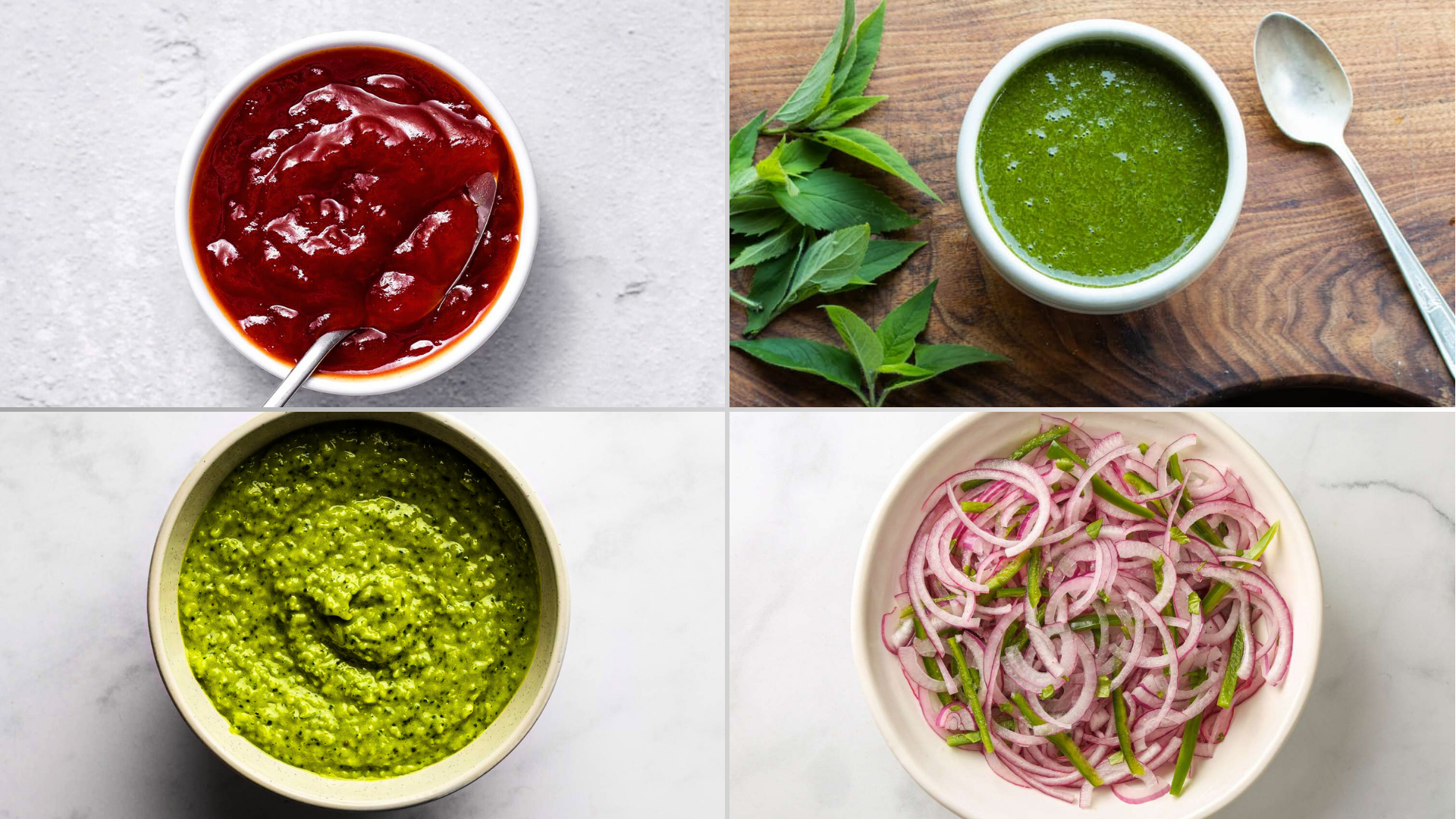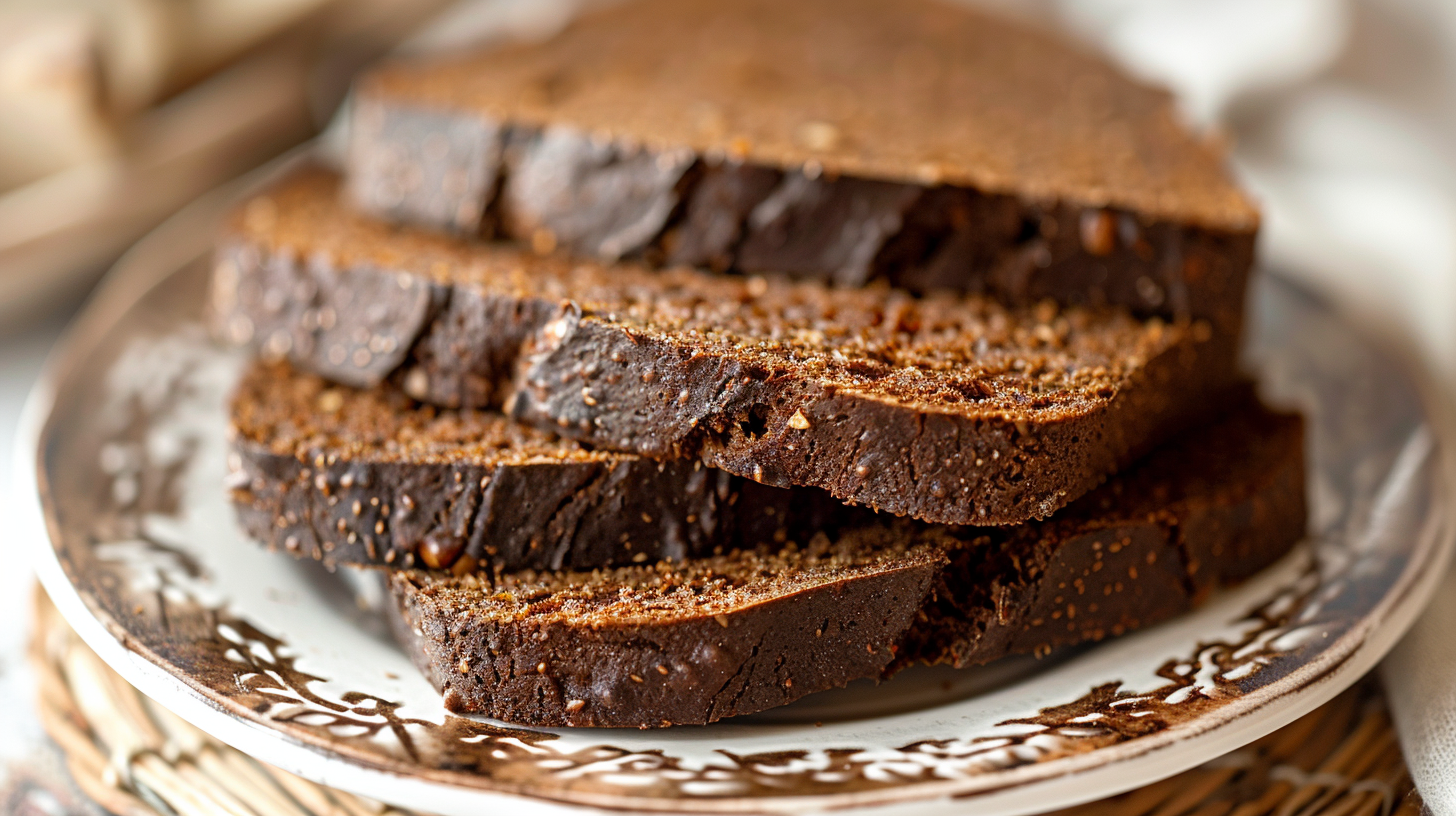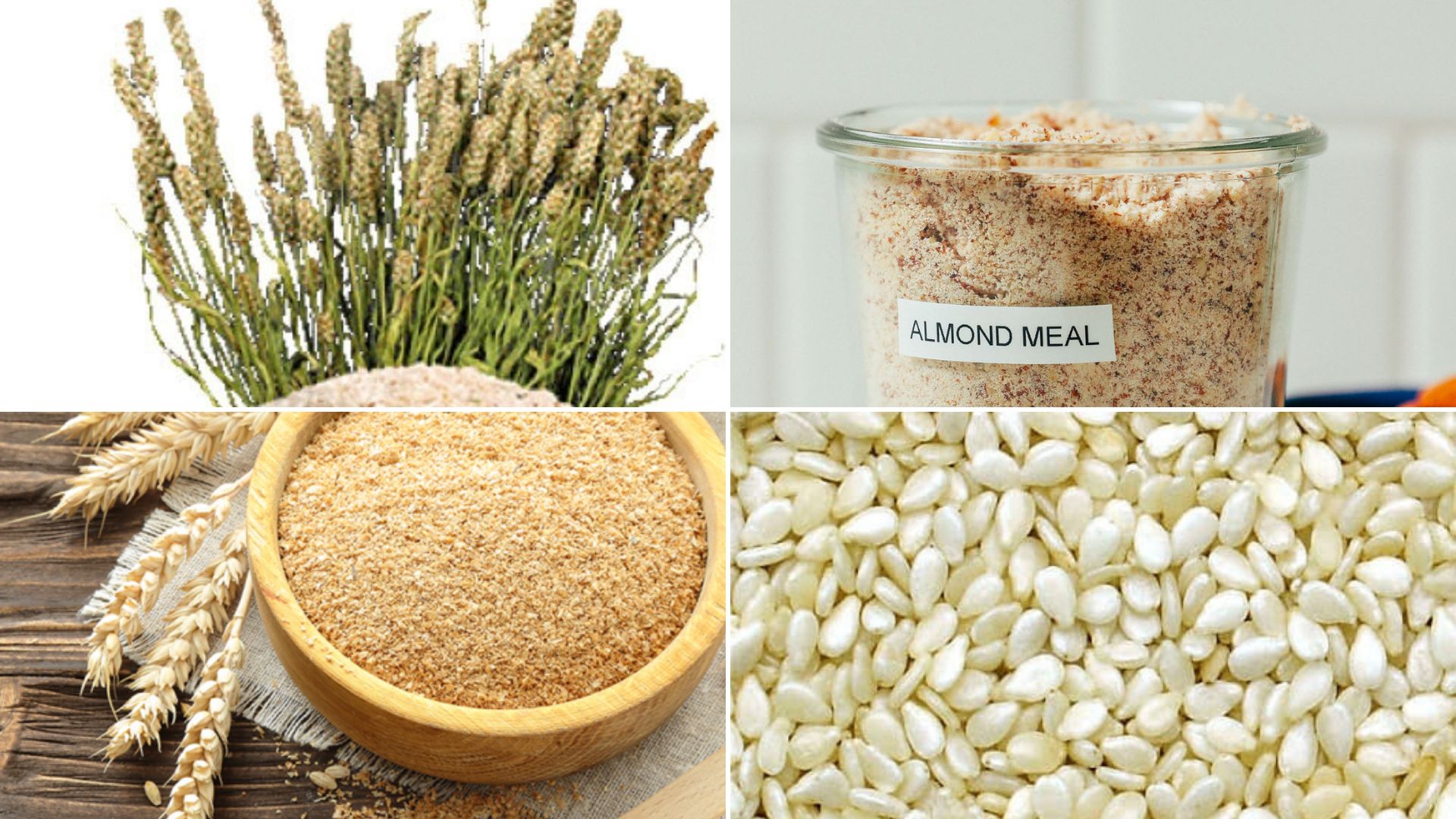
Flaxseeds are a popular ingredient known for their nutritional benefits, but they may not always be available or suitable for certain recipes.
Luckily, several versatile substitutes can offer similar health benefits and culinary uses, ensuring you don’t miss out on essential nutrients or the desired texture in your dishes.
In this blog, we’ll explore ten excellent alternatives to flaxseeds that can seamlessly replace them in your cooking and baking.
Whether you need a fiber boost, a binding agent, or a nutty flavor, these substitutes will have you covered.
Let’s dive into the options that can help you maintain the quality of your recipes without relying on flaxseeds.
Easy Swaps for Flaxseed in Cooking and Baking
1. Chia Seeds
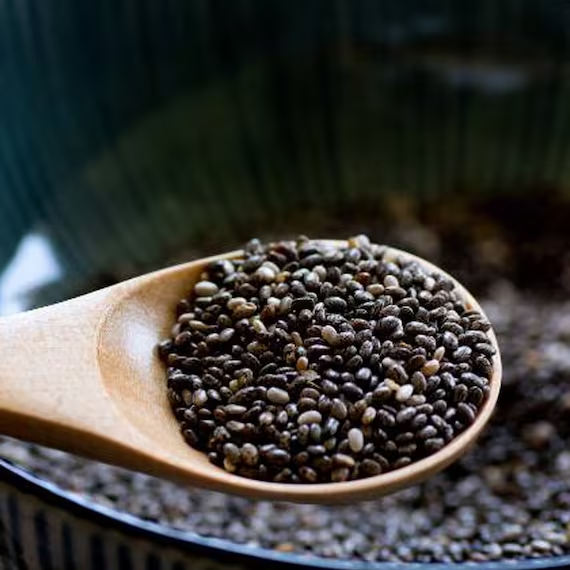
Chia seeds are among the best substitutes for flaxseeds due to their similar nutrient profile and ability to form a gel when mixed with water.
This gel-like consistency makes chia seeds an excellent replacement for flaxseeds in recipes that require a binding agent, such as baked goods or smoothies.
Usage
Depending on your recipe’s requirements, you can grind or use them whole. To make an egg substitute, mix one tablespoon of chia seeds with three tablespoons of water and let it sit until it forms a gel.
Nutritional Benefits
Chia seeds are rich in omega-3 fatty acids, fiber, and protein, making them a nutritious addition to your diet. They also contain antioxidants and essential minerals like calcium and magnesium.
2. Hemp Seeds
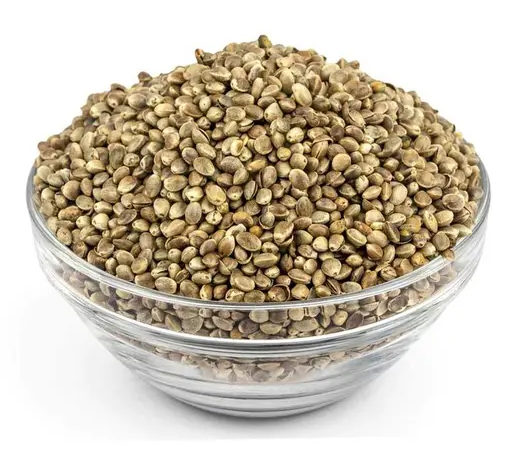
Hemp seeds, also known as hemp hearts, are a great alternative to flaxseeds. They add healthy fats and protein to recipes with a mild, nutty flavor that complements sweet and savory dishes.
Usage
Hemp seeds can be sprinkled on salads, added to smoothies, or used in baking. Unlike flaxseeds, they do not need to be ground for the body to absorb nutrients.
Nutritional Benefits
Hemp seeds are high in omega-3 and omega-6 fatty acids, protein, and fiber. They are also a good source of vitamins and minerals, including vitamin E, potassium, and iron.
3. Psyllium Husk
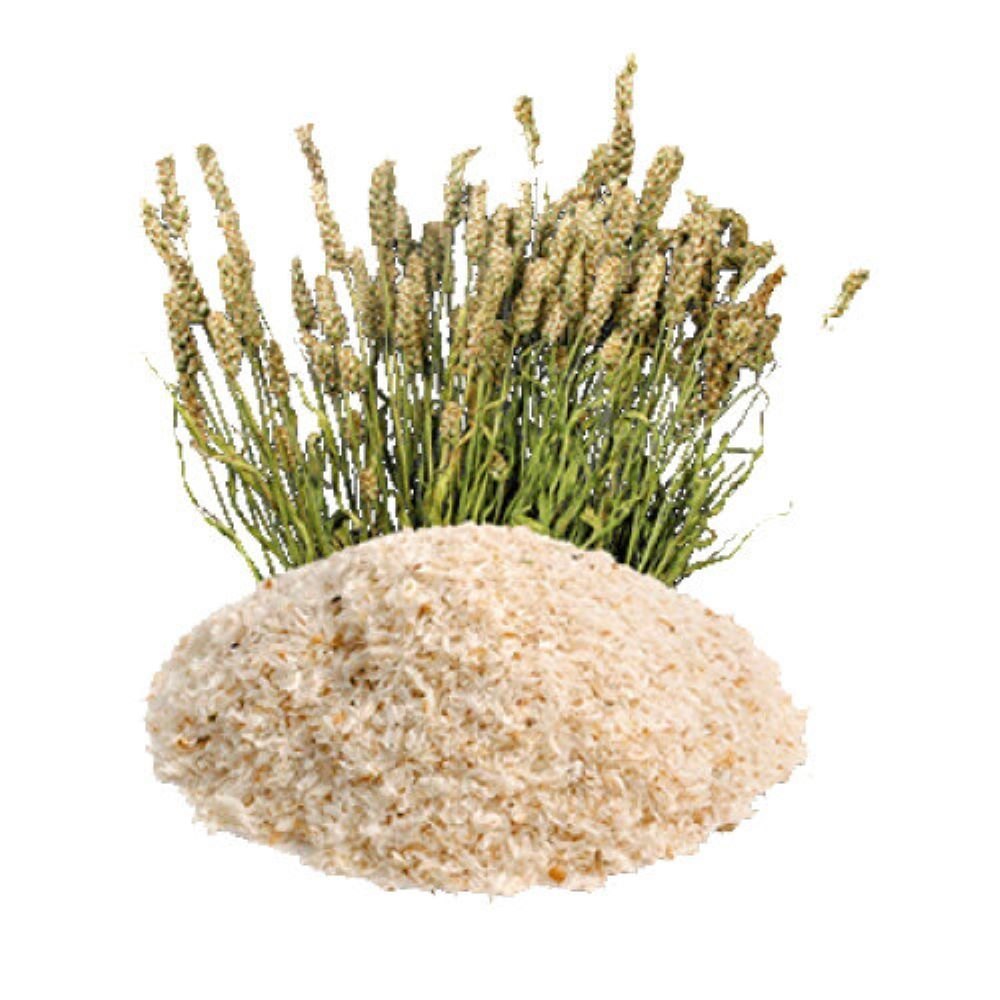
Psyllium husk is a natural source of soluble fiber that can mimic the binding properties of flaxseeds in recipes. It forms a thick gel when mixed with water, making it a great option for gluten-free and vegan baking.
Usage
For an egg substitute, mix one tablespoon of psyllium husk with 2.5 tablespoons of water and let it thicken before adding to your recipe.
Nutritional Benefits
Psyllium husk is particularly known for its high fiber content, which supports digestive health and can help lower cholesterol levels. It’s also low in calories and can aid in weight management.
4. Almond Meal
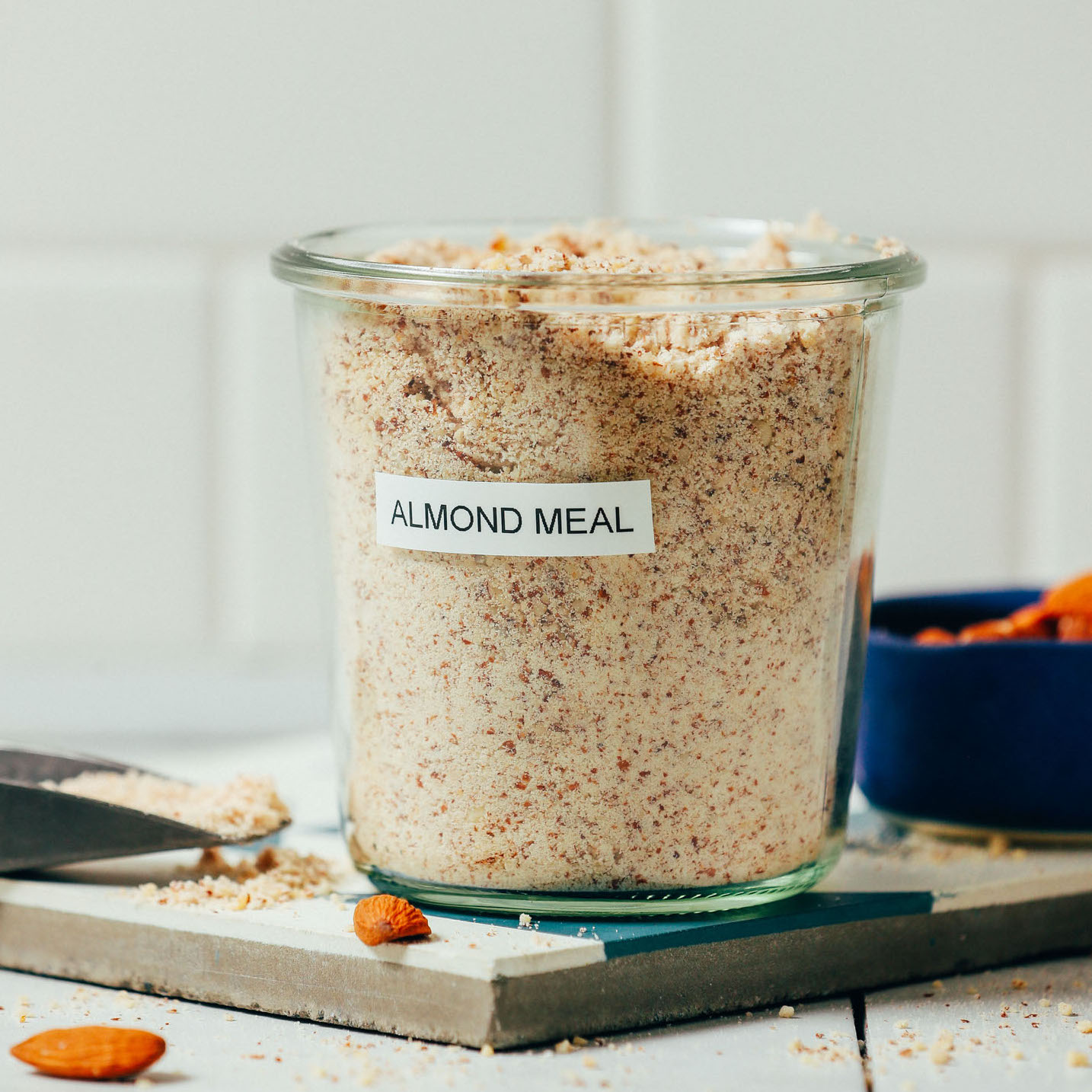
Almond meal, made from finely ground almonds, can substitute for flaxseeds, especially in baking.
It adds a mild, nutty flavor and a slightly denser texture to baked goods while contributing healthy fats and protein.
Usage
It works particularly well in recipes with a desired denser texture, such as muffins, pancakes, and bread.
Nutritional Benefits
Almond meal is rich in healthy fats, protein, and vitamin E. It also provides a good amount of fiber and magnesium, making it a nutritious option for baking.
5. Sunflower Seeds
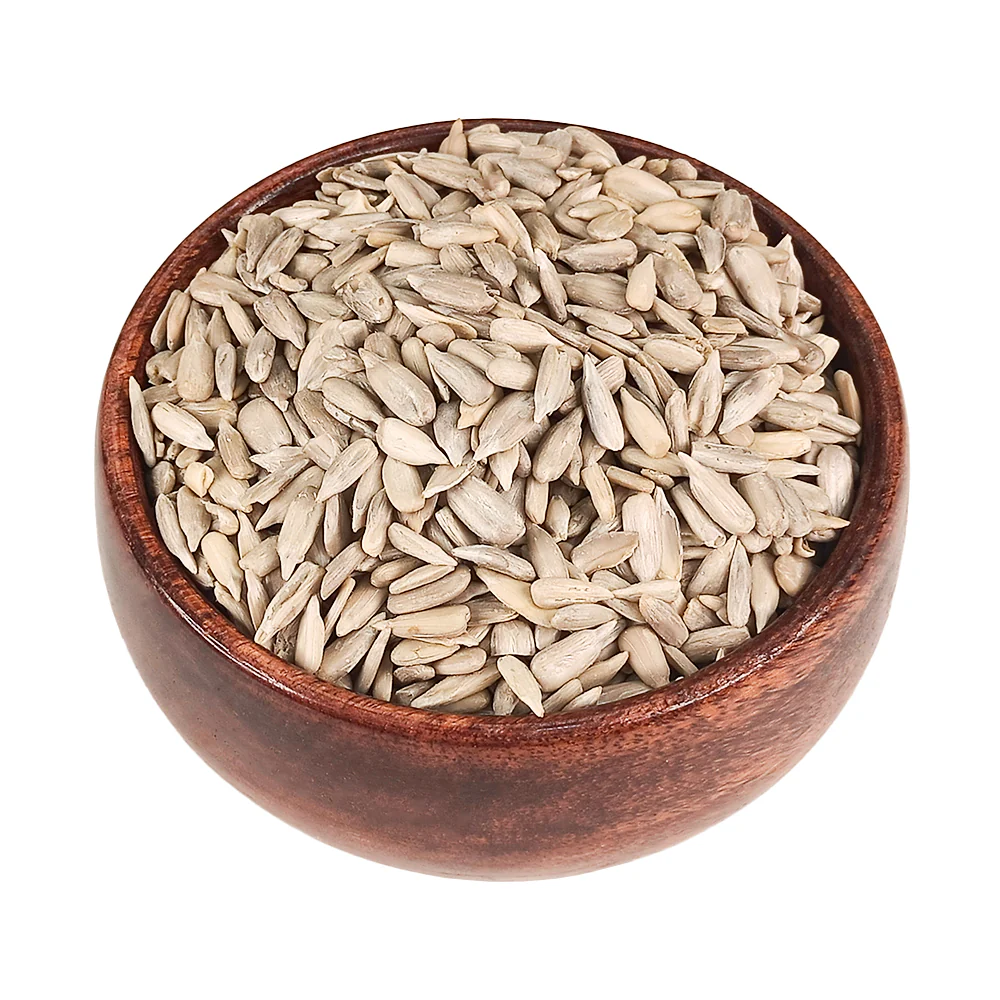
Sunflower seeds can be used as a flaxseed substitute in various recipes. They offer a similar nutty flavor and can be ground into a meal for baking or added whole to salads and smoothies.
Usage
Depending on your recipe’s needs, you can grind the sunflower seeds to make a sunflower seed meal or use them whole.
Nutritional Benefits
Sunflower seeds are rich in vitamin E, magnesium, and healthy fats. They also provide a good source of protein and fiber, supporting overall health.
6. Oat Bran
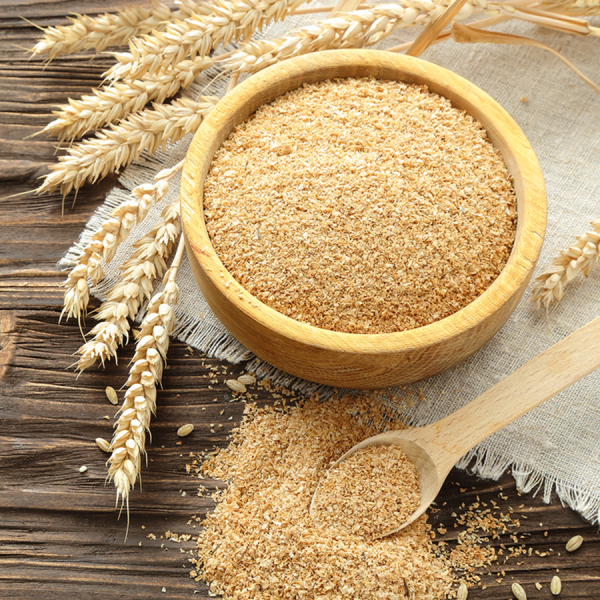
Oat bran is a fiber-rich ingredient that can substitute for flaxseeds in recipes requiring bulk and texture. Its mild, sweet flavor works well in baked goods and breakfast dishes.
Usage
Adding texture and nutrition is particularly useful in muffins, breads, and pancakes.
Nutritional Benefits
Oat bran is high in soluble fiber, which can help lower cholesterol and improve heart health. It’s also a good protein, iron, and B vitamins source.
7. Wheat Germ
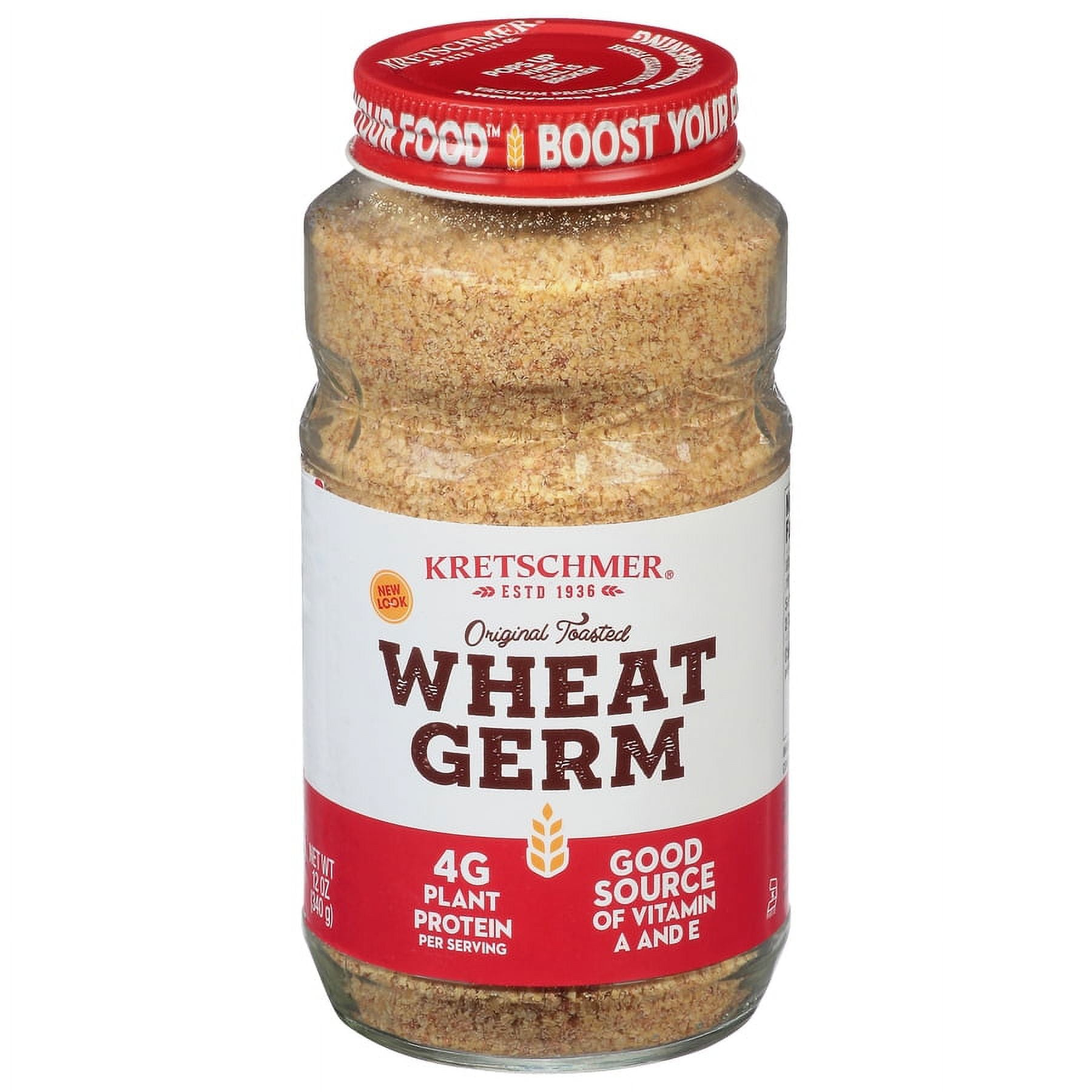
Wheat germ, the nutrient-rich core of wheat kernels, is another effective substitute for flaxseeds. It adds a nutty flavor and a slightly crunchy texture to recipes and boosts nutrition.
Usage
It’s great for adding smoothies, yogurt, or baked goods for an extra nutritional punch.
Nutritional Benefits
Wheat germ contains protein, fiber, and essential vitamins, including vitamin E and folic acid. It also contains healthy fats and minerals like zinc and magnesium.
8. Pumpkin Seeds
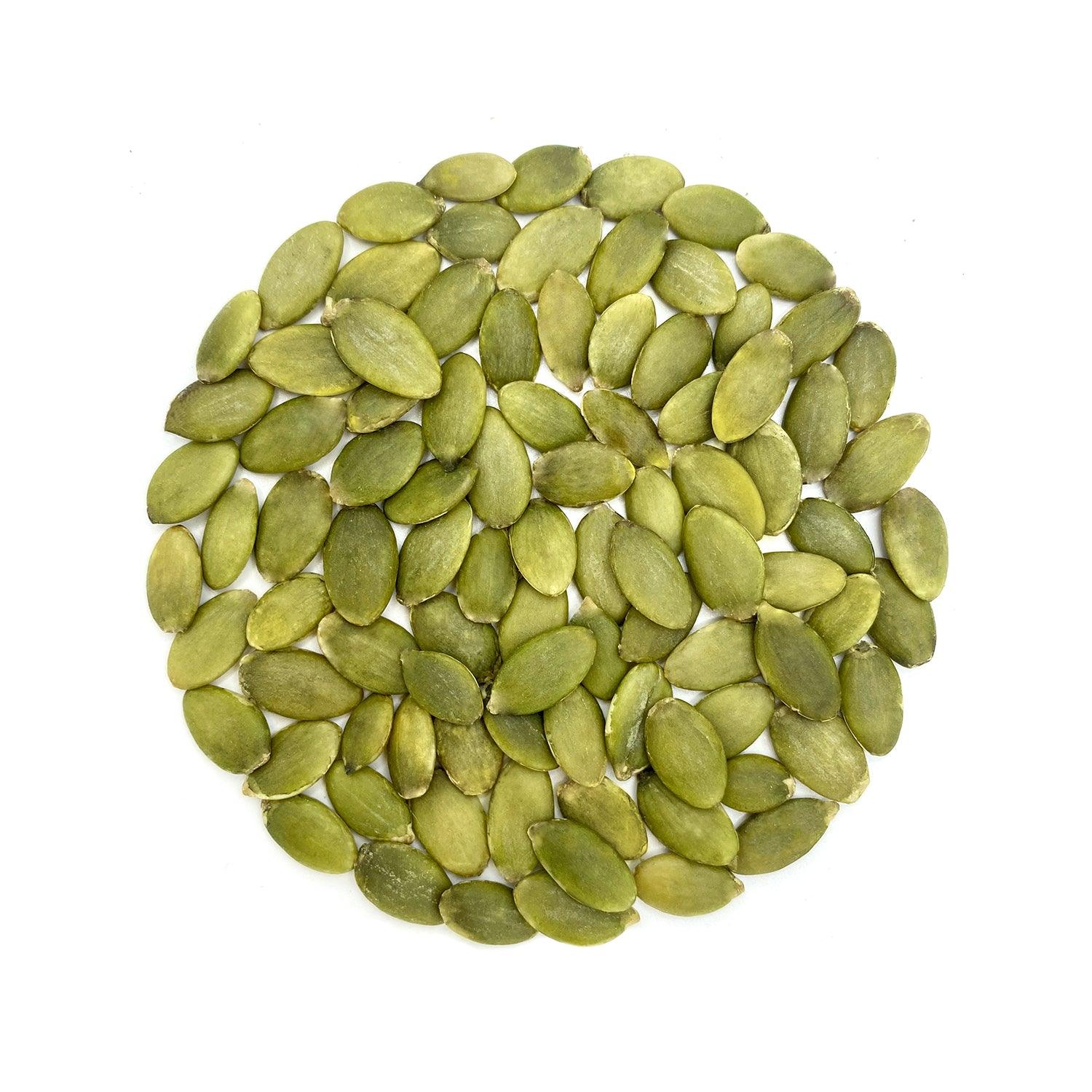
Pumpkin seeds, known as pepitas, can replace flaxseeds in various recipes. They have a rich, nutty flavor and can be used whole, chopped, or ground into a meal.
Usage
Add them to salads, baked goods, or smoothies to boost flavor and nutrition.
Nutritional Benefits
Pumpkin seeds are high in magnesium, zinc, and healthy fats. They also provide protein and antioxidants, supporting heart health and immune function.
9. Sesame Seeds
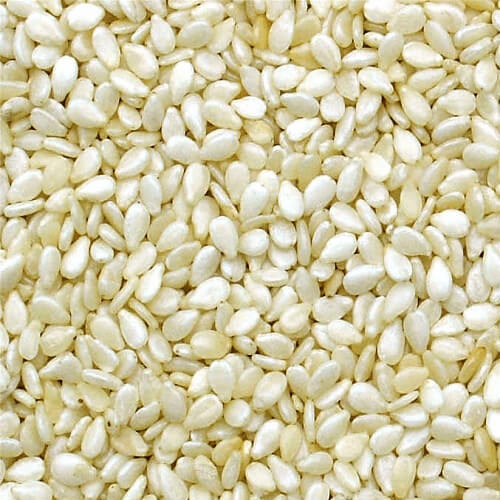
Sesame seeds offer a nutty flavor similar to flaxseeds and can be used as a substitute in recipes where a crunchy texture or a mild, nutty taste is desired.
Usage
They can be added to baked goods, salads, breads, and other dishes.
Nutritional Benefits
Sesame seeds are rich in calcium, magnesium, and healthy fats. They also contain antioxidants and have been shown to support bone health and lower blood pressure.
10. Greek Yogurt
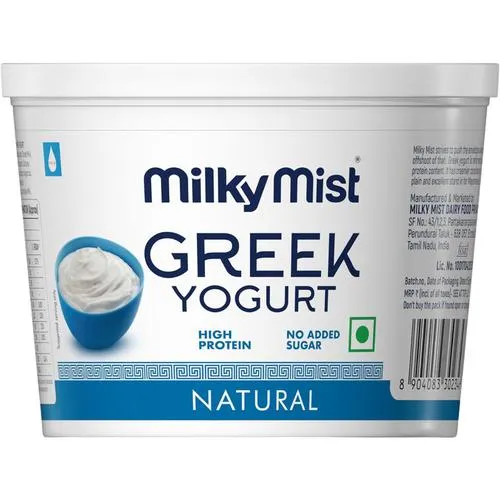
Greek yogurt is a versatile ingredient that can replace flaxseeds in recipes that need moisture and binding. It adds creaminess and a slight tang, making it a good option for smoothies and baking.
Usage
Use Greek yogurt instead of flaxseeds in recipes that require moisture and binding, such as smoothies or baked goods. Adjust the quantity based on the desired consistency.
Nutritional Benefits
Greek yogurt is high in protein and probiotics, which support digestive health. It also provides calcium and vitamin B12, making it a nutritious addition to your diet.
Conclusion
We’ve covered ten effective substitutes for flaxseeds, each offering unique benefits and uses in your recipes.
Whether you’re looking to maintain a similar nutrient profile, find a suitable binding agent, or add a nutty flavor, these alternatives ensure you don’t miss out on the qualities flaxseeds bring to your dishes.
Exploring these options allows you to adapt to dietary needs or ingredient availability without compromising on the quality of your meals.
Try incorporating these substitutes into your next recipe and discover how they can enhance your cooking and baking.

